














FOUNDER & CEO
Vivek Malik
COO (CHIEF OPERATING OFFICER)
Divesh Singh
MEDIA DIRECTOR & CFO
Afreen Sheikh
CREATIVE DIRECTOR
Sumayra Farooki
MANAGING EDITORS
Bhavna Batra, Shivani Gera
Anastasia N, Afshan Abdul Aziz
Beena Yusuf
PARTNERING AGENCIES
Big Data Marketers, Reputique PR
CEO Media Groups, Global Fame Verified Womenpreneur Media Group
MEDIA ASSISTANTS
Neha Kundu, Anjali M
DESIGN AND LAYOUT
Nitij Sharma, Priyanka Yadav
PUBLISHER
Firstread Media LLC
Dear Awesome Readers,
It is with immense pride and excitement that I introduce this special Olympic Edition of Womenpreneur Magazine, where we celebrate the remarkable women who have not only shattered records but also defied societal expectations on the grandest stage of all – the Olympic Games. These extraordinary athletes embody the true spirit of perseverance, determination, and empowerment, proving time and again that the pursuit of excellence knows no boundaries.
The Olympics have always been more than just a sporting event; they are a global platform that unites people from diverse backgrounds, cultures, and nations in a shared celebration of human achievement. For women, particularly, the Olympic Games represent a powerful symbol of breaking barriers and overcoming obstacles. From the days when women were first allowed to compete in the early 20th century to the present, where female athletes are not only competing but dominating in many events, the journey has been one of relentless courage and unyielding spirit.
In this edition, we delve into the stories of women who have made their mark in the Olympic arena. These are women who have not only trained their bodies to the peak of physical performance but have also battled societal pressures, gender biases, and personal challenges to stand on the podium.
Their stories are a testament to the resilience of the human spirit and the power of determination.
One of the most inspiring aspects of the Olympics is the diversity of sports in which women excel. Whether it’s in track and field, gymnastics, swimming, or team sports like soccer and basketball, female athletes are proving that they can compete at the highest levels across the board. But their impact extends beyond their physical achievements. These athletes are role models for millions of young girls worldwide, showing them that there is no limit to what they can achieve with hard work and dedication.
Moreover, the stories we share in this issue go beyond the athletes themselves. We also highlight the contributions of female coaches, mentors, and leaders who have been instrumental in guiding these athletes to greatness. Their influence is often behind the scenes, yet their role in shaping the careers of these Olympians is invaluable. It is important to recognize that every medal won, every record broken, is the result of a team effort – and that team is often led by strong, visionary women.
This Olympic Edition also takes a broader look at the changing landscape of women’s sports. The rise in female participation, increased media coverage, and growing recognition of women’s sports are all positive signs, but there is still much work to be done. Gender disparities in funding, sponsorship, and opportunities persist, and it is our collective responsibility to continue advocating for equality in sports. Through the


lens of the Olympics, we explore the strides that have been made and the challenges that remain.
As we celebrate the achievements of these phenomenal women, we are reminded that their journey is a reflection of the broader fight for gender equality. The barriers they have broken in sports mirror the barriers women continue to face in all walks of life. Yet, with every stride they take, they bring us one step closer to a world where gender is no longer a limiting factor.
In closing, I would like to express my deepest gratitude to all the women who have been an inspiration to the world. Your courage, strength, and determination are not only inspiring but transformative. You are the embodiment of what it means to be a Womenpreneur – leaders and winners who lead with passion and purpose.
To our readers, I hope this edition ignites a fire within you to pursue your own dreams, no matter the obstacles you may face. Let the stories of these Olympians remind you that with perseverance, anything is possible. As we cheer on these incredible athletes, let us also take a moment to reflect on our own journeys and the impact we can make in our respective fields.
Thank you for joining us on this journey of empowerment, and I look forward to hearing your thoughts and reflections on this special edition.
With admiration and inspiration

Afshan Aziz Managing Editor Womenpreneur ME
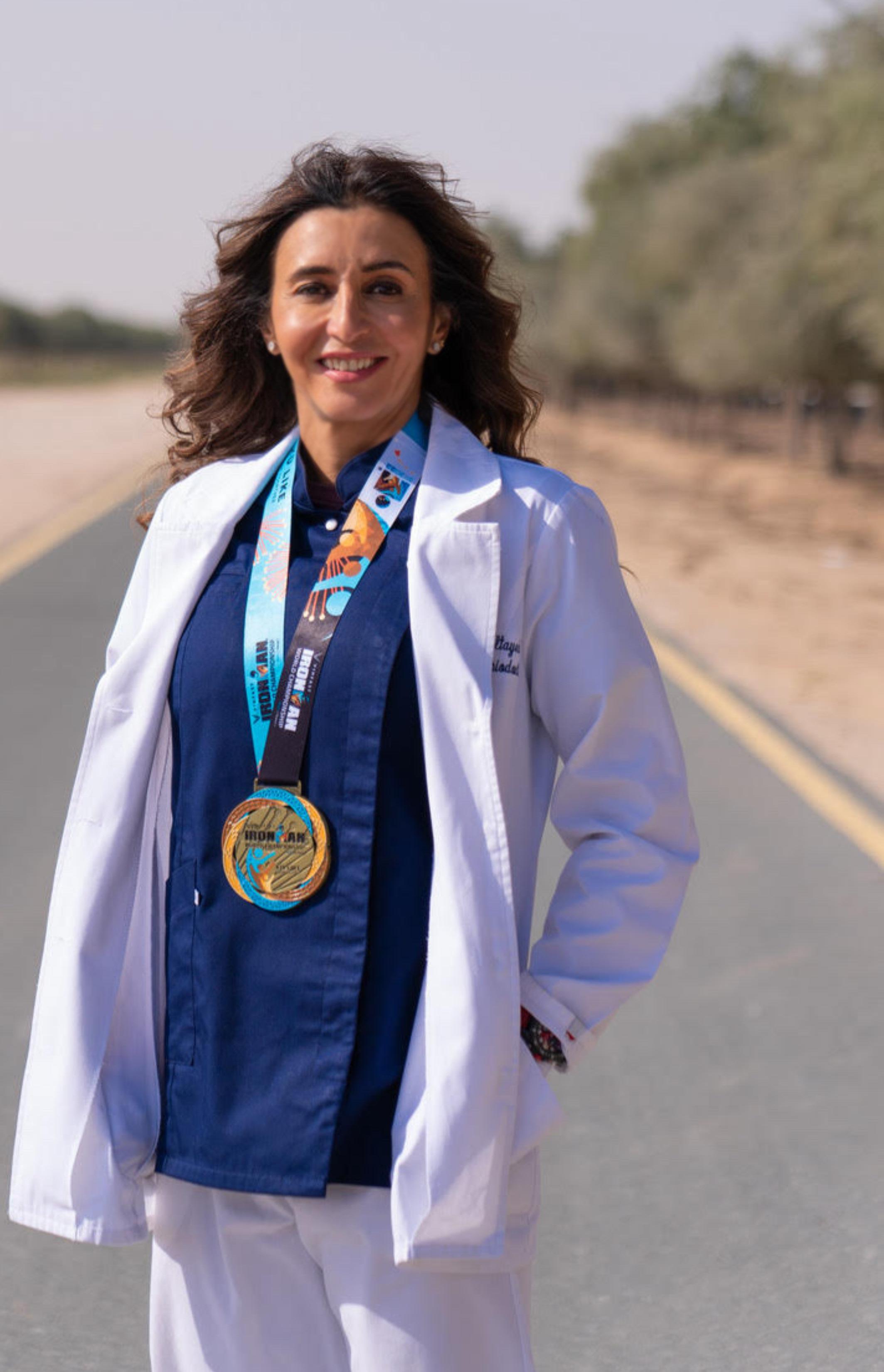


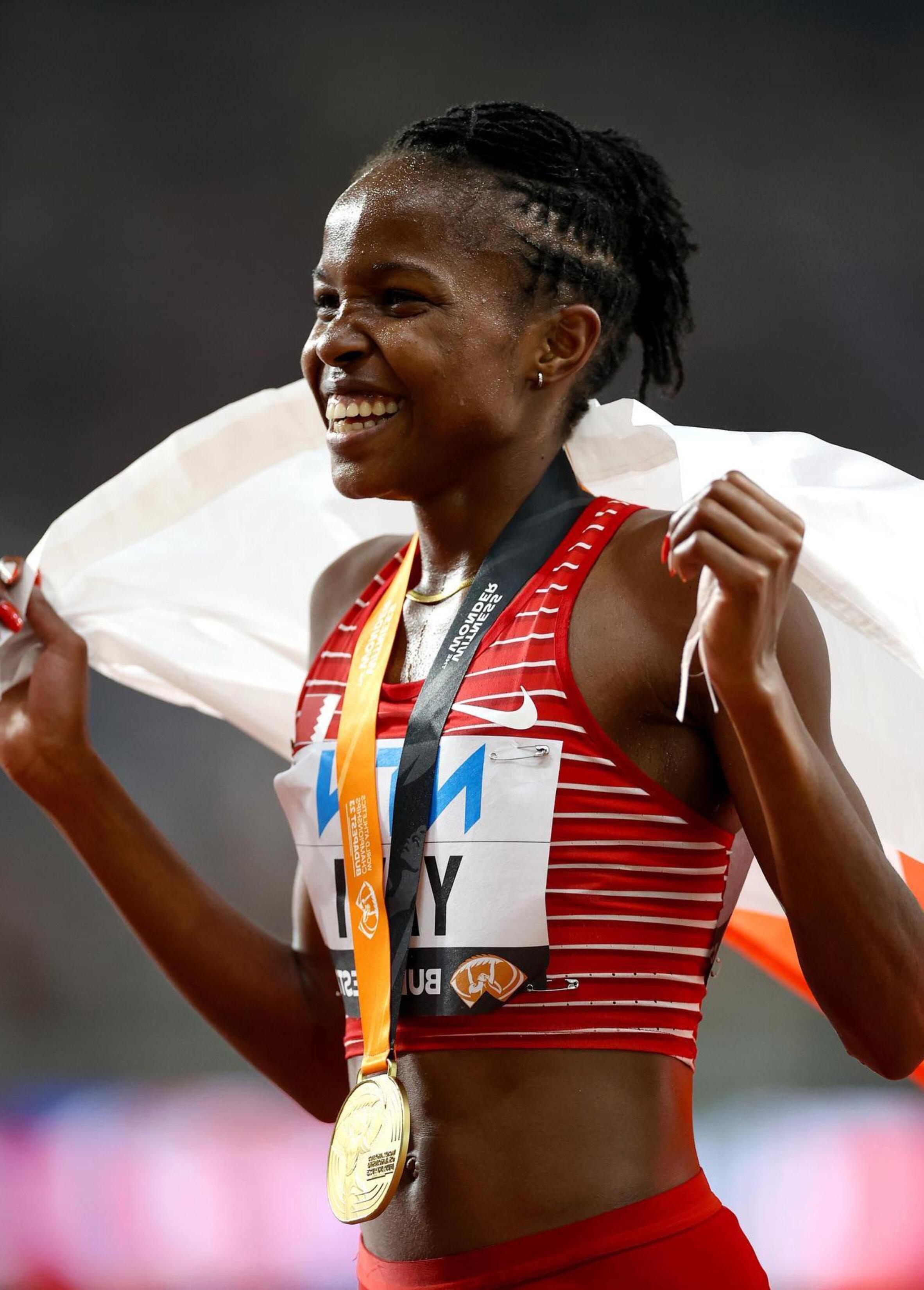
The Olympic Games, a symbol of international unity and athletic excellence, have a rich history that spans over a century. From their modest beginnings in Athens in 1896 to the grand spectacle they are today...
CHAMPIONING DIVERSITY IN THE OLYMPICS AND BREAKING DOWN BARRIERS
The Olympic Games, a pinnacle of international athleticism and unity, have evolved far beyond a sheer display of physical ability.
Dr. Dina Ahmed Altayeb stands as an example of brilliance and inspiration with her journey from a young sports enthusiast to becoming the first Saudi to complete an Ironman race.
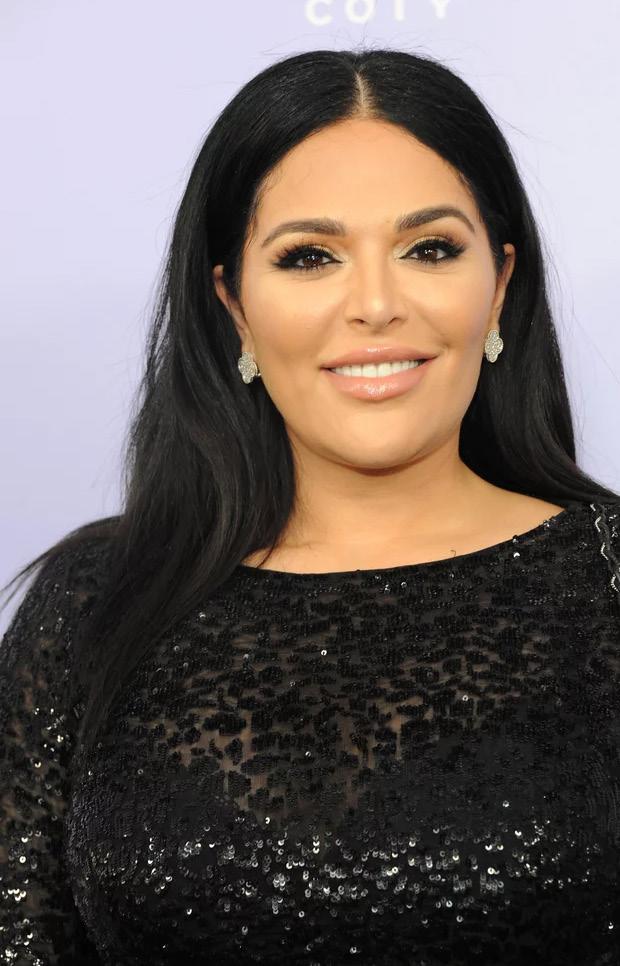
Sharifa AlSudairi is a Saudi athlete who has made history as the first woman from her country to represent Saudi Arabia in skiing. Her journey began two years ago when she decided to...


FROM ARCHITECTURE TO ATHLETICS : THE INSPIRING JOURNEY OF A SAUDI OLYMPIAN
Imagine starting out studying architecture and ending up running in the Olympics.
INSPIRING JOURNEY FROM KENYA TO OLYMPIC GLORY
In athletics, few stories are as inspiring as that of Winfred Yavi. Her remarkable journey from a small village in Kenya to the top of the Olympic podium
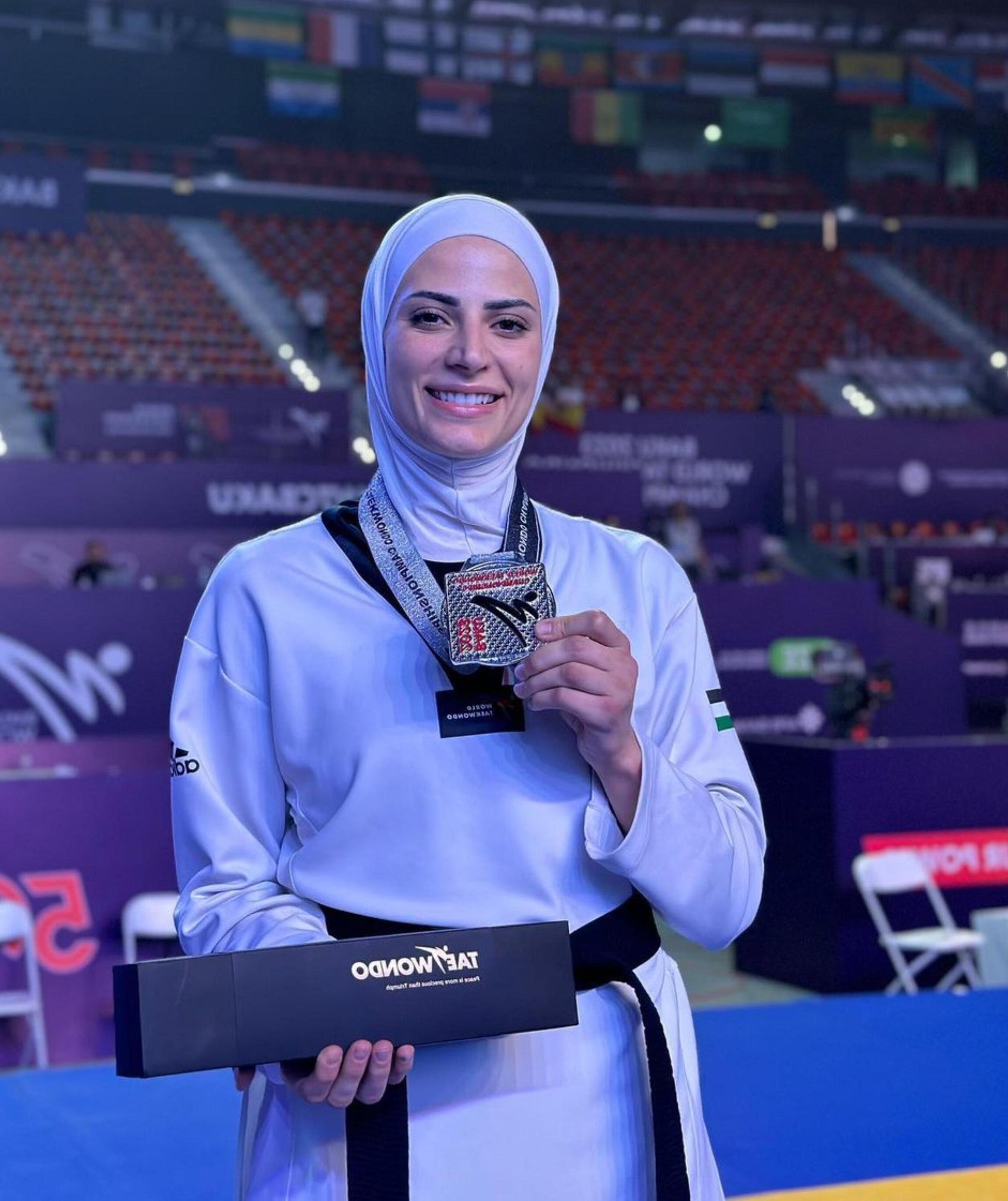


EGYPTIAN ATHLETE SARA AHMED SAMIR’S JOURNEY FROM ASPIRATION TO OLYMPIC SUCCESS
Sara Ahmed Samir, Egypt’s trailblazing weightlifter, once again made history at the 2024 Paris Olympics by securing a silver medal in the 81kg Women’s Final.
Valerie Tarazi has made a historic mark at the Paris 2024 Olympics, not only as a remarkable swimmer but also as a beacon of Palestinian pride.She is one of only 26 athletes of Palestinian heritage to have competed in the Olympics.
THE LANDSCAPE OF SPORTS IS INCREASINGLY DEFINED BY THE REMARKABLE CONTRIBUTIONS OF WOMEN ATHLETES WHO ARE BREAKING BARRIERS AND SETTING NEW STANDARDS ACROSS VARIOUS DISCIPLINES.
THE EVOLUTION OF THE OLYMPIC GAMES
THE GROWING POPULARITY OF INTERMITTENT FASTING AND ITS BENEFITS,OUTCOMES, AND STRATEGIES FOR SUCCESS
There was a time when Bitcoin was just a digital curiosity, whispered about in niche tech forums as a passing trend. CHAMPIONING
Intermittent fasting (IF) has rapidly gained popularity in recent years as both a health trend and a lifestyle choice. With its roots in ancient practices and recent backing from scientific studies.
The Olympic Games are more than just a showcase of athletic talent instead they are a reflection of global culture and societal shifts. As the world changes, so too does the Olympic program.
CRYPTOCURRENCY: BEYOND THE HYPE, TOWARDS A NEW FINANCIAL FRONTIER

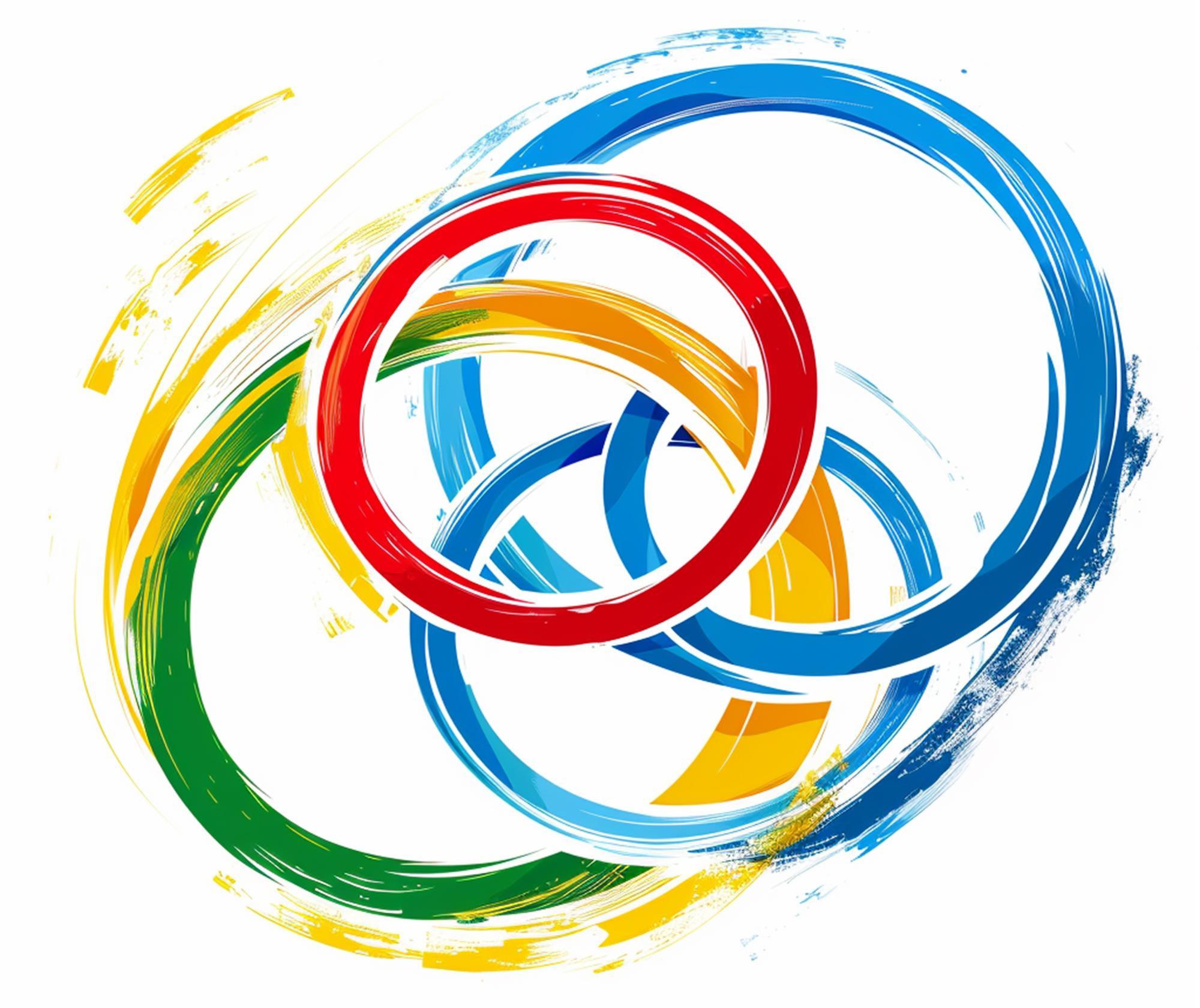
The Olympic Games, a symbol of international unity and athletic excellence, have a rich history that spans over a century. From their modest beginnings in Athens in 1896 to the grand spectacle they are today, the Olympics have continually evolved, reflecting changes in society, technology, and global politics. This brief explores the journey of the Olympic Games, examining their early practises, development over the decades, the business side of the Games, and what lies ahead, with a special focus on the Paris Olympics.
The modern Olympic Games were revived in 1896 by Pierre de Coubertin, inspired by the ancient Greek tradition. Held in Athens, the inaugural modern Olympics featured 241 athletes from 14 nations competing in 43 events. These early Games were relatively modest, with no women participants and a limited range of sports.
Despite these humble beginnings, the Athens Games set the stage for what would become the world’s foremost sporting event. The early 20th century saw the Olympics gradually expand, with more countries participating and a broader array of sports included. The 1900 Paris Games introduced women athletes for the first time, marking a significant step toward gender inclusivity.
The Olympics have been shaped by historical events and societal changes. The interwar years and the Great Depression impacted the Games, but they continued to grow in scale and scope. The introduction of the Winter Olympics in 1924 provided a platform for winter sports, further broadening the appeal of the Games.
Post-World War II, the Olympics entered a new era. The 1948 London Games, known as the “Austerity Games,” were a symbol of resilience and recovery. The 1960 Rome Olympics were the first to be fully televised, bringing the Games into living rooms worldwide and significantly increasing their global reach.
The Cold War era saw the Olympics become

a stage for political rivalry, with the U.S. and the Soviet Union competing for supremacy. The boycotts of the 1980 Moscow and 1984 Los Angeles Games highlighted the intersection of sports and politics. Despite these challenges, the Olympics continued to thrive, with the 1992 Barcelona Games widely regarded as a turning point, showcasing the potential for the Games to drive urban regeneration and international goodwill.
The Olympics have grown into a multi-billion-dollar enterprise, driven by broadcasting rights, sponsorship deals, and merchandising. The International Olympic Committee (IOC) has been pivotal in transforming the Games into a global brand.
• Broadcasting Rights: The sale of broadcasting rights, starting in the 1960s, provided a significant revenue stream, with networks striving for the exclusive rights to broadcast the Games. The first significant deal was with the American Broadcasting Company (ABC) for the 1960 Rome Games, which set a precedent for future lucrative contracts. The advent of satellite broadcasting in the 1980s further expanded the global reach of the Games, turning them into a worldwide phenomenon watched by billions.
• Sponsorship and Commercial Partnerships: Sponsorship has also played a crucial role. The introduction of The Olympic Partners (TOP) program in 1985 brought major corporations like Coca-Cola, McDonald’s, and Samsung into long-term partnerships with the Olympics. These deals provide substantial funding, allowing the IOC to support the Games and promote Olympic values worldwide. Sponsorships contribute significantly to the financial viability of the Games, with companies eager to associate their brands with the Olympic ideals of excellence, friendship, and respect.
• Economic Impact on Host Cities: The economic impact of hosting the Olympics is profound. While the cost of hosting has shoot up, with recent Games costing upwards of $10 billion, the potential benefits include infrastructure development, tourism, and international visibility. However, the financial burden has led to increased scrutiny and calls for more sustainable and economically viable models for future Games. Successful examples like Barcelona 1992 and London 2012 demonstrate how the Games can leave a positive legacy, transforming urban landscapes and boosting local economies.
• Challenges and Controversies: Despite the financial benefits, the Olympics have faced criticism for their economic impact on host cities. Issues such as cost overruns, white elephant stadiums, and displacement of local communities have marred some editions of the Games. The IOC has responded by encouraging host cities to use existing facilities, invest in sustainable infrastructure, and plan for post-Games use of Olympic venues.
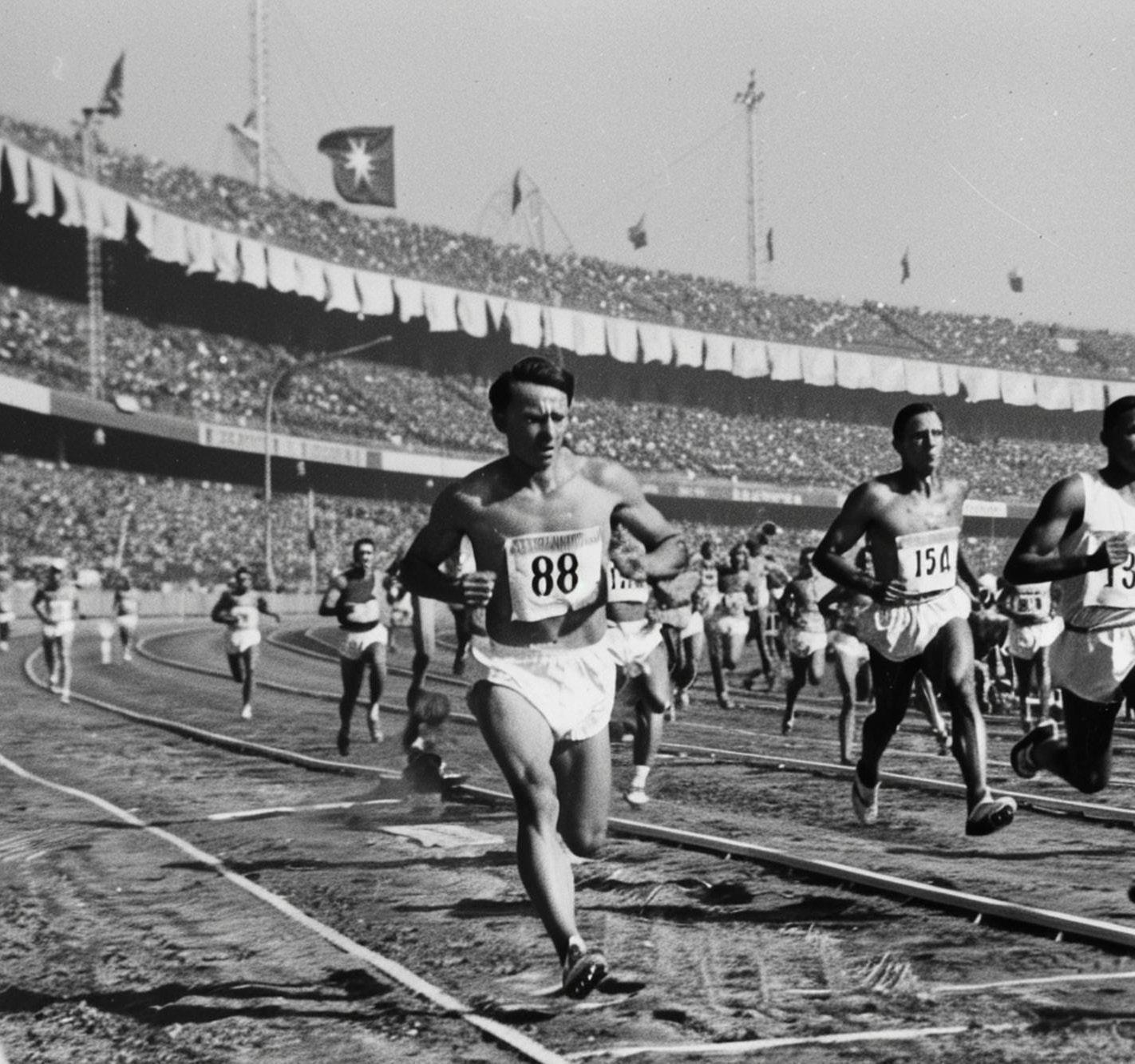
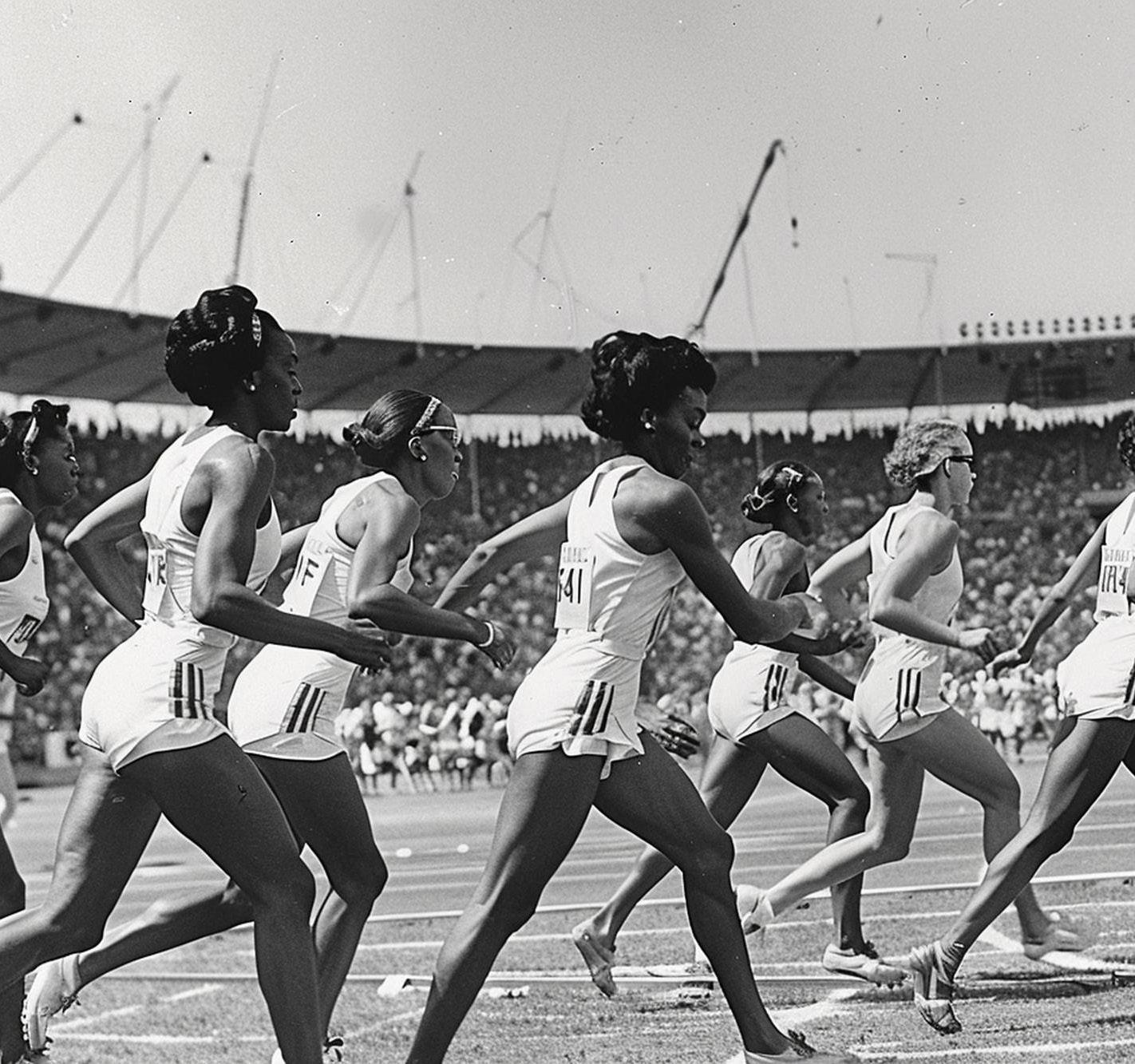

In recent decades, the Olympics have continued to evolve, embracing diversity and technological innovation. The inclusion of more women’s events and mixed-gender competitions reflects a commitment to gender equality. The addition of sports like BMX, skateboarding, and surfing aims to attract younger audiences and keep the Games relevant in a changing world.
• Technological Advancements: Technology has transformed the Olympic experience. Advanced broadcasting technologies, virtual and augmented reality, and social media have made the Games more accessible and engaging for global audiences. Athletes now use cutting-edge training techniques and equipment, pushing the boundaries of human performance. The use of data analytics and wearable technology has revolutionized training methods, helping athletes optimize their performance and prevent injuries.
• Global Reach and Engagement: The rise of digital media has enhanced the global reach and engagement of the Olympics. Platforms like YouTube, Instagram, and X (formerly Twitter) allow
fans to follow their favorite athletes and events in real-time, creating a more interactive and immersive experience. The IOC has embraced these platforms to engage younger audiences and promote the Olympic values of excellence, friendship, and respect.
The Rio 2016 and Tokyo 2020 Games (held in 2021 due to the COVID-19 pandemic) showcased the resilience and adaptability of the Olympic movement. Despite challenges, these Games highlighted the enduring appeal of the Olympics and their ability to bring the world together, even in times of crisis.
The upcoming Paris 2024 Olympics promise to be a landmark event. Returning to the city that hosted the second modern Olympics in 1900, Paris aims to set new standards for sustainability, inclusivity, and innovation. Key highlights include:
• Eco-friendliness: Paris 2024 is committed to being the first carbon-neutral Olympics, with measures such as using existing and temporary venues, renewable energy, and a strong focus on public transportation. The organizing committee plans to reduce the carbon footprint by 50% compared to previous Games, making extensive use of recycled and recyclable materials in construction and operations.
• Integration: The Games will feature a record number of women’s events, and initiatives are in place to make the Games more accessible for people with disabilities. The Paralympics will be integrated into the main Olympic program, highlighting the achievements of athletes with disabilities and promoting a more inclusive sporting culture.
• Innovation: Paris will showcase new sports like breakdancing, reflecting the evolving landscape of global sports culture. Technological innovations will enhance the spectator experience, both in-person and digitally. Virtual reality (VR) and augmented reality (AR) applications will provide immersive experiences for fans, allowing them to feel closer to the action.
• Urban Regeneration: Paris 2024 aims to leave a lasting legacy for the city and its inhabitants. The Games will accelerate the development of new sports facilities, public spaces, and transportation infrastructure, benefiting local communities and fostering a healthier, more active lifestyle.
The future of the Olympics lies in balancing tradition with modernity. The Games must continue to evolve, embracing new sports and technologies while maintaining the core values of excellence, friendship, and respect. Issues such as the financial burden on host cities and the environmental impact of the Games are being addressed through innovative approaches and a focus on sustainability.
• Economic Viability: Ensuring the economic viability of the Olympics is crucial. This involves finding ways to reduce costs, maximize revenues, and ensure that the benefits of hosting the Games outweigh the financial burdens. Hosting the Olympics can serve as a catalyst for economic development, but careful planning and execution are essential to avoid the pitfalls of past editions.
• Global Outreach: The IOC will continue to expand its global outreach, promoting the Olympic values and engaging with new audiences. This includes developing programs to support emerging sports, fostering grassroots development, and ensuring that the Games remain relevant in a rapidly changing world. The Youth Olympic Games (YOG) and other initiatives aimed at young athletes play a vital role in nurturing the next generation of Olympians.
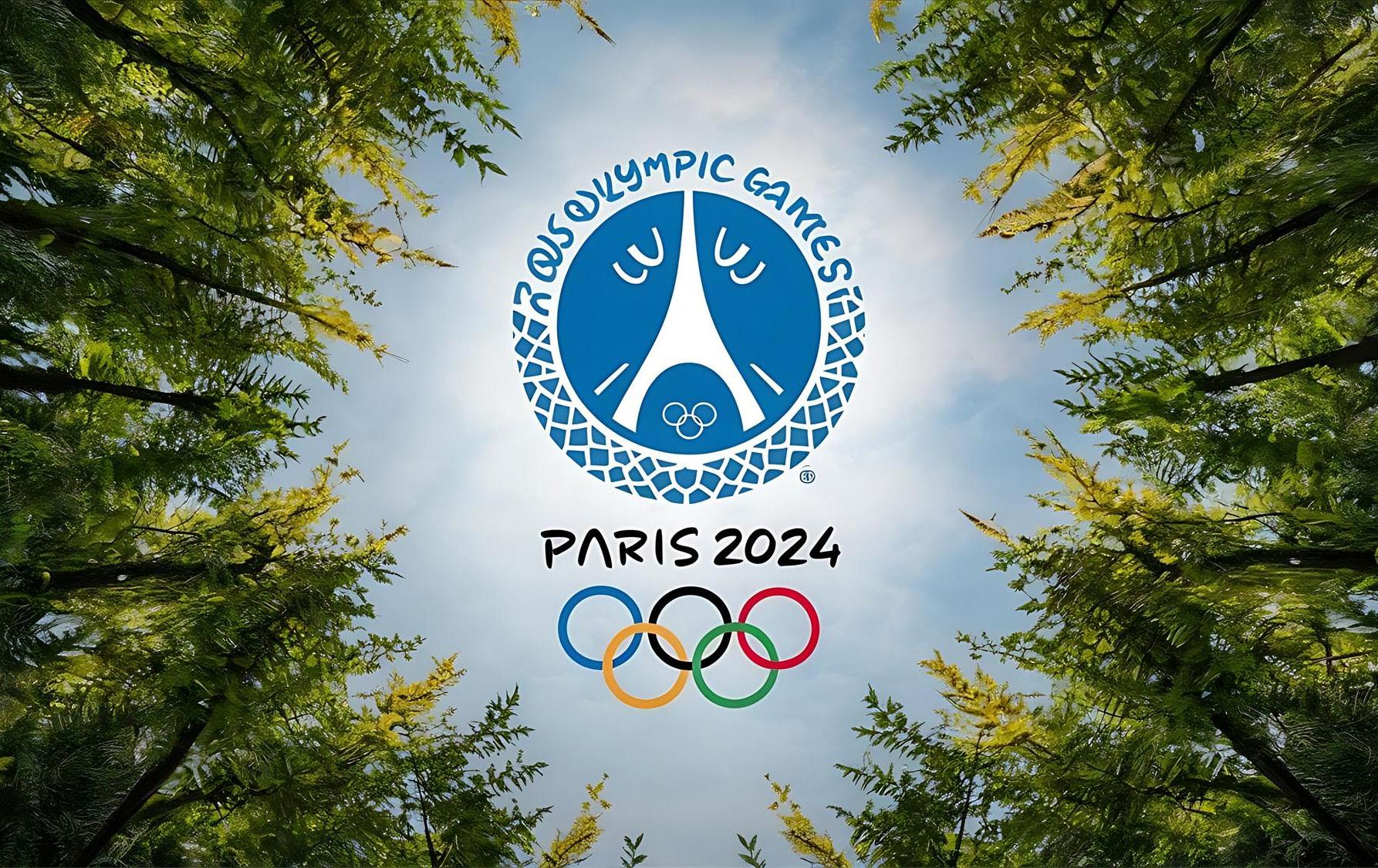
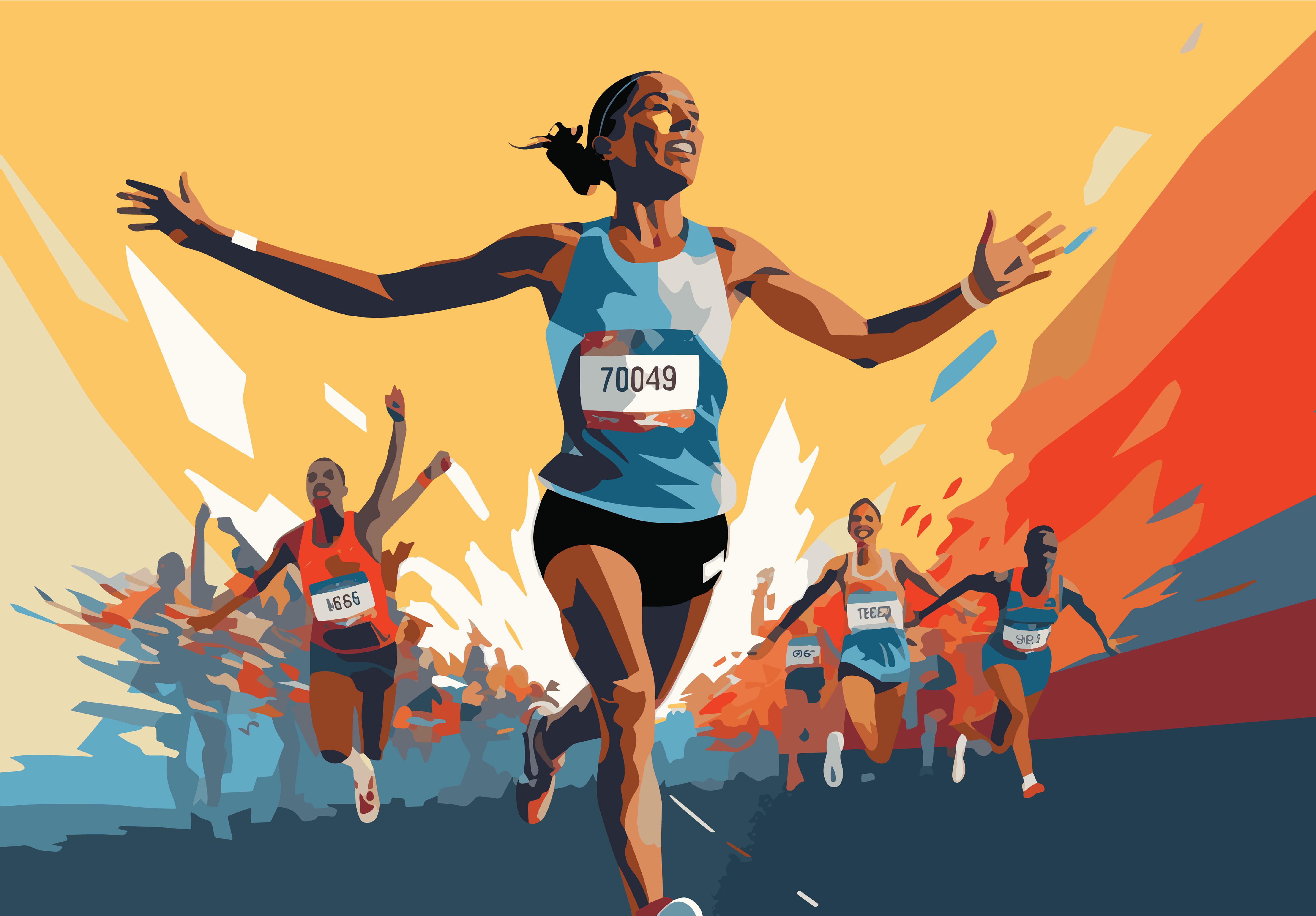




The Olympic Games, a pinnacle of international athleticism and unity, have evolved far beyond a sheer display of physical ability. They now reflect global shifts in societal values and cultural norms, increasingly becoming a platform for promoting diversity and inclusivity. This focus on inclusivity not only enriches the Games but also redefines what it means to be an Olympian in the 21st century.
Historically, the Olympics were not as inclusive as they are today. Women were first allowed to compete only in 1900, and their participation was initially limited. The representation of athletes from different racial and ethnic backgrounds was also scarce, with significant barriers faced by non-Western athletes. Over the decades, however, the Games have evolved to become more inclusive, marked by the introduction of new sports and the breaking down of gender barriers. For example, the addition of women’s boxing in the London 2012 Olympics was a crucial step towards gender equality. Similarly, the Paris 2024 Olympics will debut breakdancing, reflecting urban culture and engaging younger audiences.
Several key moments in recent Olympic history underscore the commitment to diversity and inclusivity. Such as-

Cathy Freeman’s victory in the 400 meters at the 2000 Sydney Olympics was not only a triumph of athletic ability but also a powerful symbol of reconciliation and indigenous representation in Australia. As the first Indigenous Australian to win an Olympic gold medal, Freeman became a beacon of hope and a symbol of progress for marginalized communities.
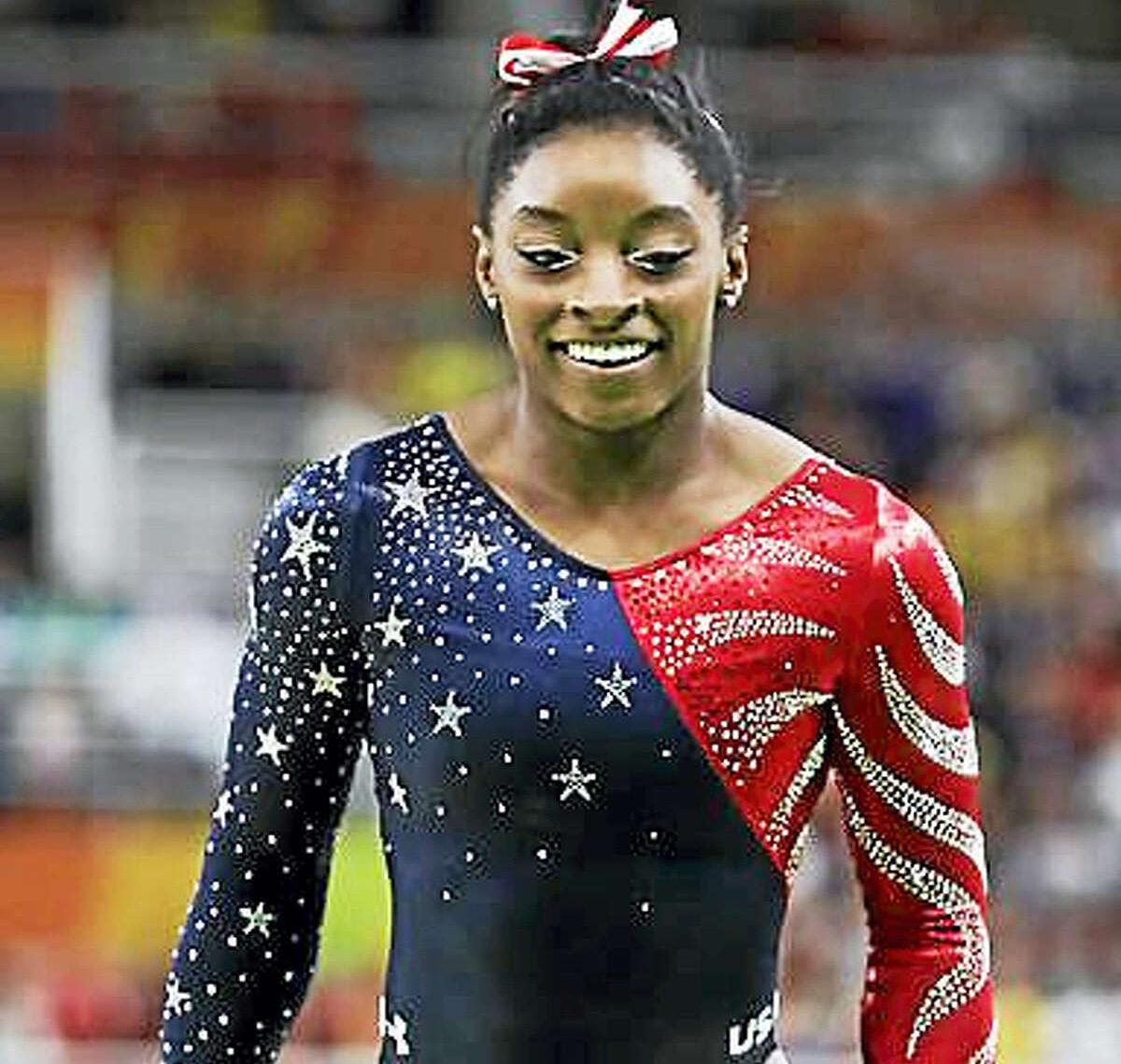
Simone Biles, one of the most decorated gymnasts in history, made headlines at the 2021 Tokyo Olympics by prioritizing her mental health, sparking a global conversation about the importance of mental well-being in athletes. Her bravery and success have challenged traditional views and encouraged a more holistic understanding of athleticism.

Yusra Mardini, a Syrian refugee swimmer who competed under the Olympic Refugee Team at the 2016 Rio de Janeiro Olympics, highlighted the resilience and strength of refugees worldwide. Her story emphasized the Olympics’ role as a platform for global unity and compassion.
The 2024 Paris Olympics continued this trend with notable inclusivity.
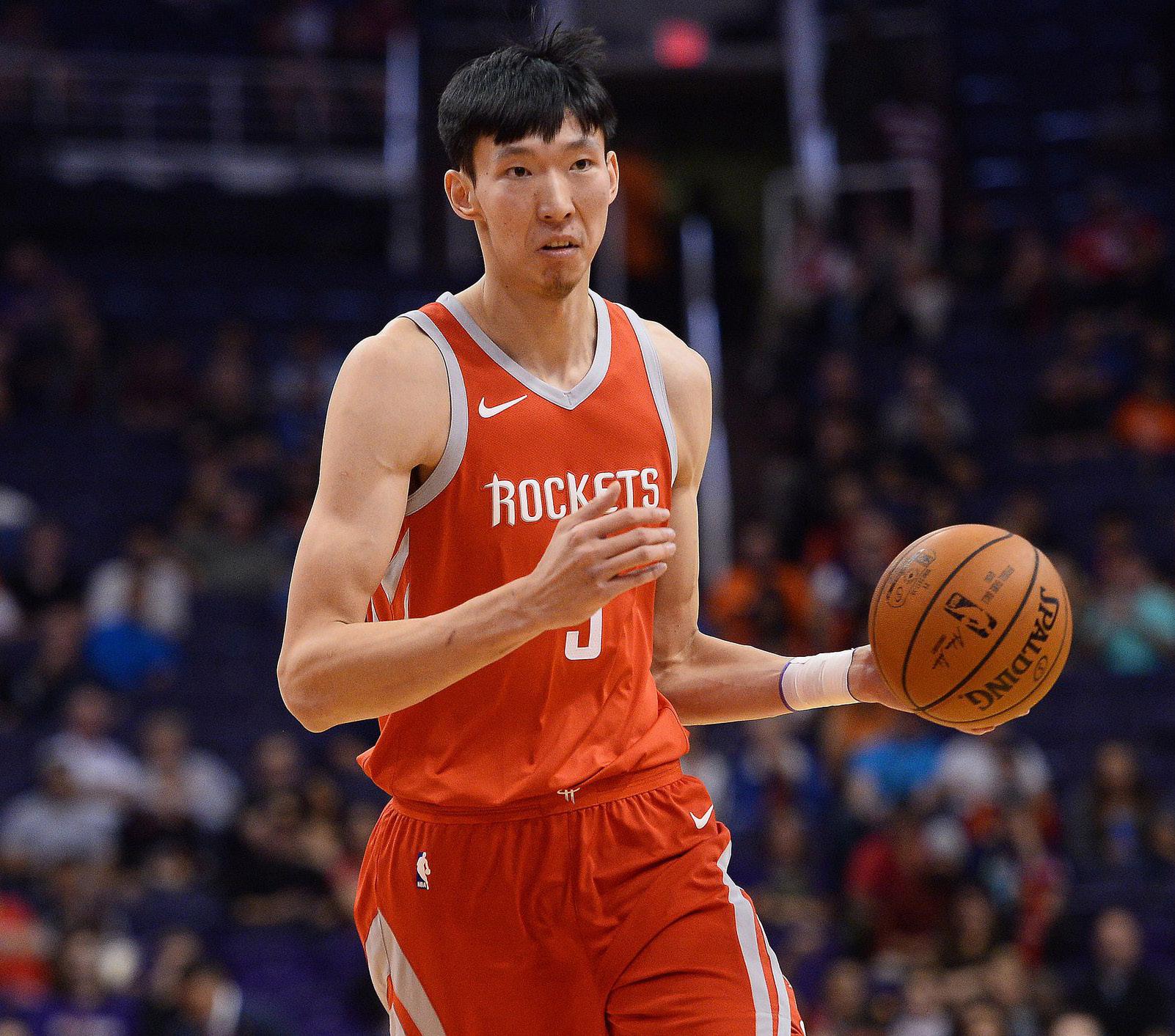
Zhou Qi, a Chinese-born para-athlete, competed in the newly integrated mixed-gender basketball teams, symbolizing the Olympics’ evolving approach to inclusivity.
Zhou’s participation and the new team format reflect efforts to broaden recognition and participation in sports traditionally dominated by specific demographics.
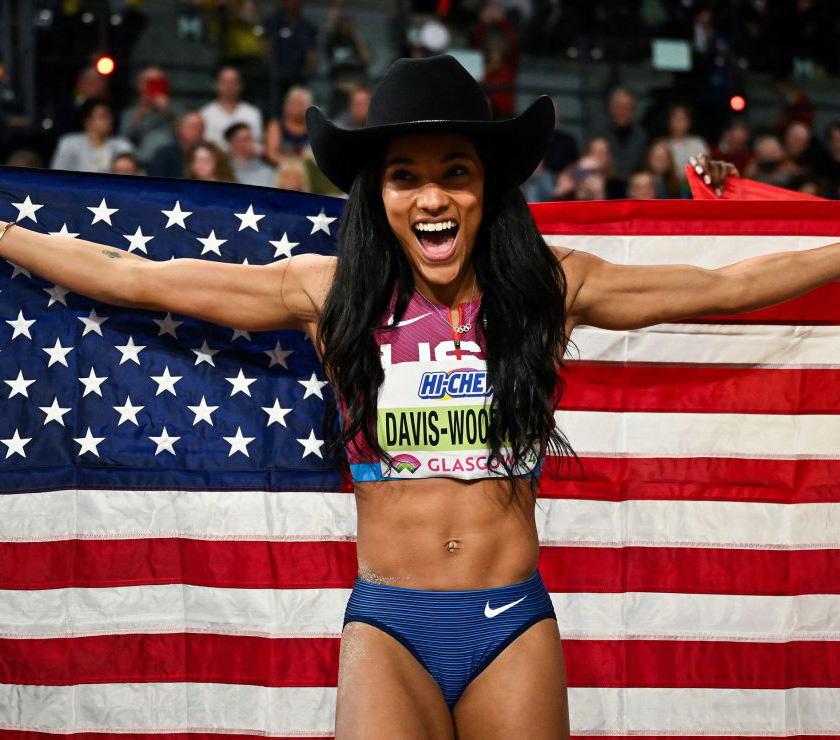
Tara Davis-Woodhall,an American track and field athlete, showcased remarkable achievements in the long jump, exemplifying how athletes from diverse backgrounds continue to excel and inspire on the world stage.
The International Olympic Committee (IOC) and organizing committees have implemented several initiatives to foster greater representation and equality among participants.
Olympic Refugee Foundation: Launched in 2017, it supports projects that help refugees through sport, offering a platform for displaced individuals to engage in athletic activities and promoting social inclusion.
Gender Parity Commitment: The IOC aims for equal numbers of male and female athletes by the 2024 Paris Games, evident in the addition of women’s events in traditionally male-dominated sports and increased opportunities for female athletes.
Cultural Representation: The inclusion of sports from diverse cultural backgrounds,
such as karate and surfing, reflects the IOC’s efforts to represent a broader range of global traditions and interests.
Despite progress in visibility and support for marginalized groups, including athletes with disabilities, ongoing efforts are needed to fully integrate and recognize all participants, requiring the IOC to continuously evolve its commitment to inclusivity and ensure every athlete feels valued and supported.
nections
The Olympic Games seek to leave a lasting impact on local communities by developing new sports facilities, introducing job training programs, and supporting local businesses.
For example, the Kabubu association will organize sports tournaments during the Paris Olympics to connect locals and refugees, fostering social cohesion and integration. These initiatives aim to extend the benefits of the Games beyond the event, contributing to long-term community development and strengthening local ties.
The Paris 2024 Olympics will create over 250,000 jobs, focusing on including marginalized groups, particularly youth and individuals facing unemployment. By providing job training and employment opportunities, the Games aim to address broader issues such as social exclusion and border challenges, ensuring that the benefits support economic development and community progress.
The Olympic Games have significantly evolved in promoting diversity and inclusivity, shifting from a largely exclusive event to a global celebration of human potential and unity. Key milestones, ongoing efforts, and a steadfast commitment to overcoming challenges underscore the IOC’s dedication to showcasing a diverse range of athletes and cultures.
As the Olympics advance, the focus on inclusivity will increasingly define the Games, reinforcing their role as a symbol of progress, equality, and worldwide solidarity.

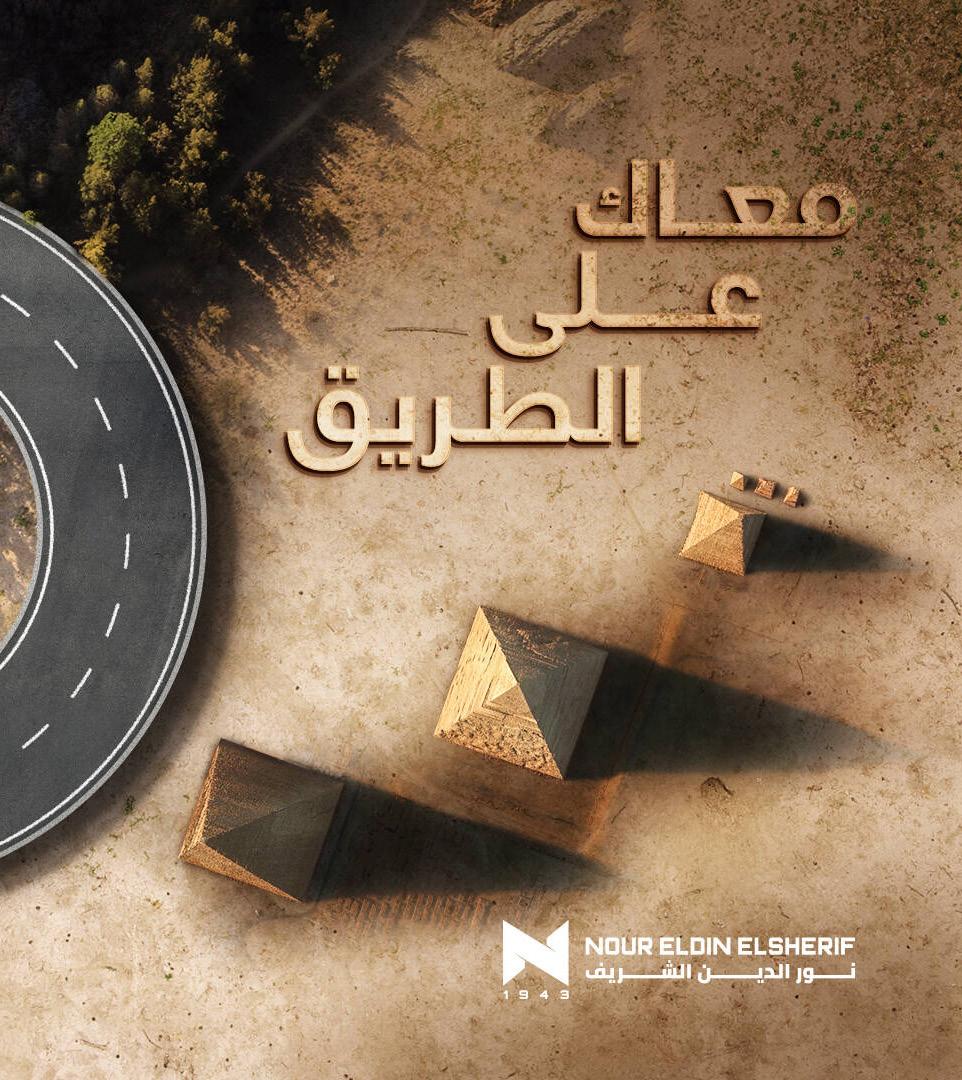

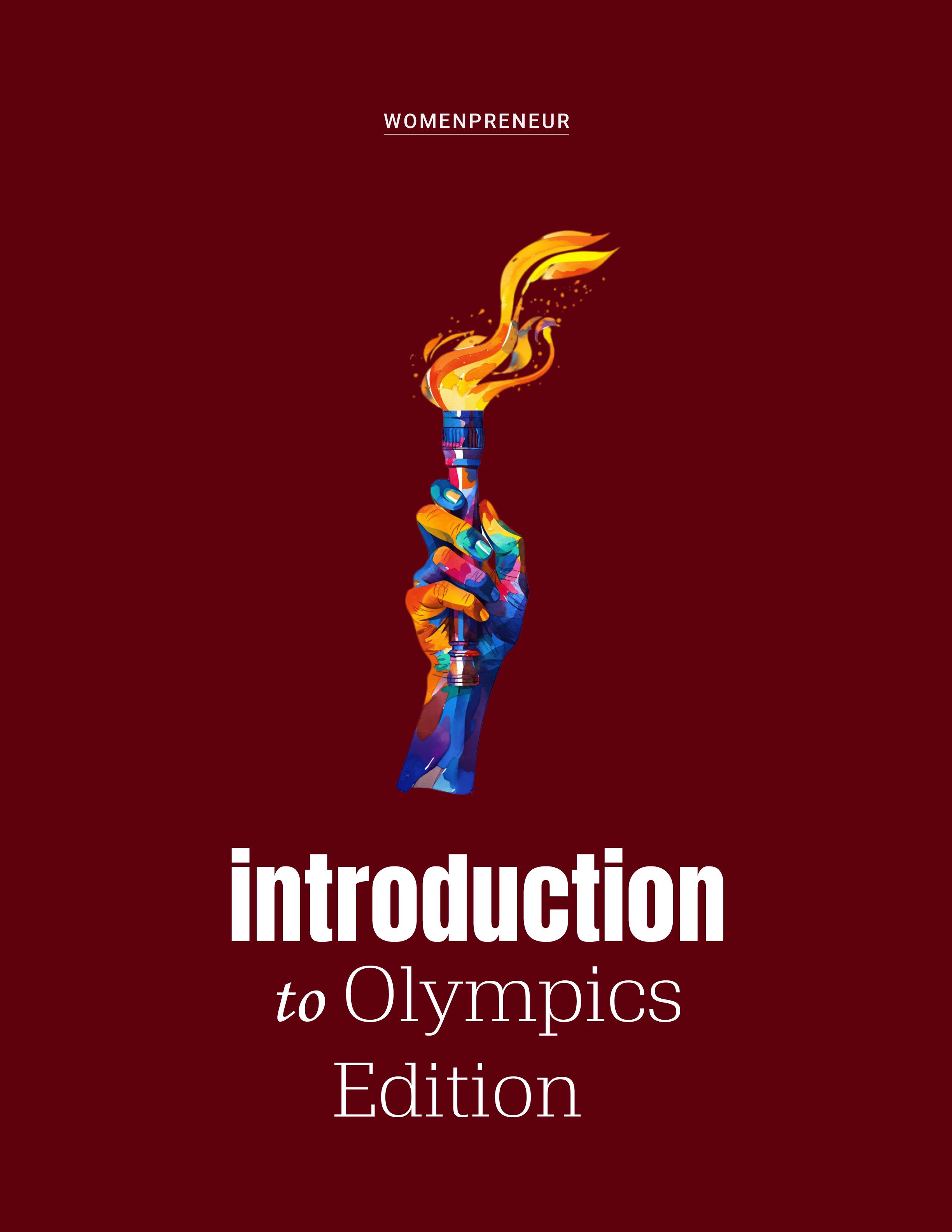

Dr. Dina Ahmed Altayeb stands as an example of brilliance and inspiration with her journey from a young sports enthusiast to becoming the first Saudi to complete an Ironman race. Being a leading periodontist and implantologist with a career spanning over two decades, Dina is not only a founding partner and medical director of Dentalia Dental Clinics but also a groundbreaker in the world of triathlon.
Dina’s passion for sports started in her childhood. She highlighted that sports were a central part of her family life, with her mother helping as a key influence. Dina’s mom was a runner in school, and from an early age, Dina would sit next to her and try to impersonate her workout moves. This led Dina to learn Taekwondo, play tennis, and ride horses, while her mom supported her by attending all her after-school practices.
Despite her love for sports, Dina’s primary dream was to become a dentist. She earned her Bachelor’s degree in Dental Medicine and Surgery from King Abdulaziz University, followed by a clinical certification in periodontology and a Master of Science from Tufts University, USA. “My dream was to be a dentist, and I studied hard to be the top of my class. However, sports remained a significant part of my life, teaching me the importance of discipline and balance from an early age. It was my enjoyment and a social activity that I looked forward to,” she said.
During her postgraduate dental studies in the US, Dina sought a way to recharge and balance her demanding academic life. She
turned to running and outdoor biking, eventually participating in a duathlon event. This experience further infused a deep connection with triathlon, seamlessly integrating into her life and helping her become the first Saudi triathlete.
Participating in various running and biking events, she found a sense of community and a new challenge in triathlon. “I loved having a challenge and pushing myself to achieve it,” Dina continued. “It helped me in getting a fresh mind for studying, being a better mom to raise my kids, and feeling healthy and strong.” This attitude of pushing her limits led her to the Ironman triathlon, an exhausting race consisting of a 3.8 km swim, 180 km bike ride, and 42 km run. This ultimately became Dina’s challenge.
“Embrace your passion, break boundaries, and pursue your dreams fearlessly. My journey is a testament to the power of determination and perseverance, and I hope it inspires others to strive for a brighter future
“The impossible always attracts me,” she said. Preparing for her first Ironman race in Canada took around 9-12 months of rigorous training, testing her physical, mental, and emotional strength. “These kind of race is a lifechanging task as it takes between 8-17 hours to complete the race,” she added. Dina faced numerous challenges as the only person in Saudi Arabia training for an Ironman at the time. Nevertheless her biggest challenge was figuring out the right training methods and techniques. Despite training alone and relying on trial and error, her unwavering determination helped her navigate these obstacles and achieve her goals.
Since her first Ironman race, Dina has completed 22 full Ironman races and over 100 races in 22 years. She holds the distinction of being the first Arab female and Saudi national to qualify and complete the Ironman World Championship in Hawaii in 2018, 2019, 2022, and 2023. “It filled me with a sense of blessing, pride, hope, and joy,” she stated. “I had tears of joy and kept on looking around me to see if I was dreaming.” Dina is also the first Saudi to qualify and compete in the half Ironman championship in multiple years, including 2017, 2018, 2019, 2021, 2022, and 2023. Her achievements have set a precedent for Saudi women in sports.
Speaking about her typical training day, she explained that it involves a structured routine starting with meditation and prayers, followed by workouts and professional responsibilities. Dina looks up to Jan Frodeno, a German triathlete renowned for his high work ethics and humility. She admires his unparalleled achievements in the sport, his
approachable nature, and the widespread respect he commands. In addition to her athletic pursuits, Dina has made significant contributions to the field of dentistry. She served as an assistant professor at King Abdulaziz University, Faculty of Dentistry until 2017, and as a visiting instructor at Tufts University, Faculty of Dentistry. Dina is also a trustee and a member of the dental board of advisors at Tufts University, the first Saudi woman to serve in such a role at an American university. Balancing her roles as a triathlete, doctor, mother, and founding board member of the Saudi Triathlon Federation requires meticulous time management. Commenting on it she said, “Balance is an art. Prioritizing family, planning my days, and remaining adaptable have been key to
managing my responsibilities and excelling in my sport. My most important role is being a mother. Then time management became a skill that I needed to master.”
Dina credits her family’s unwavering support as a crucial factor in her success. “My kids used to come to my races. While I was racing, they would paint signs that brought joy to my heart and helped me cross the finish line.” Dina’s future goals include continuing to compete in triathlons while maintaining a healthy balance between training, work, and family. She is passionate about promoting sports among Saudi men and women and mentoring aspiring athletes. “My vision is to share my experiences and help others excel in athletics,” she said. “There has never been
a better time to be a Saudi athletes. There is support on multiple levels. The government is allocating resources to help scout athletes and develop them. If you have a dream, reach out to the respective federation and they will support. I hope that my journey inspires others to pursue their passion, no matter how long it takes or how difficult the path may be.”
Her journey from a young sports enthusiast to a pioneering triathlete and valued periodontist is an inspiration to many, proving the limitless potential of those who dare to dream. “When we can unlock that power, the impossible can be achieved,” Dina concludes.

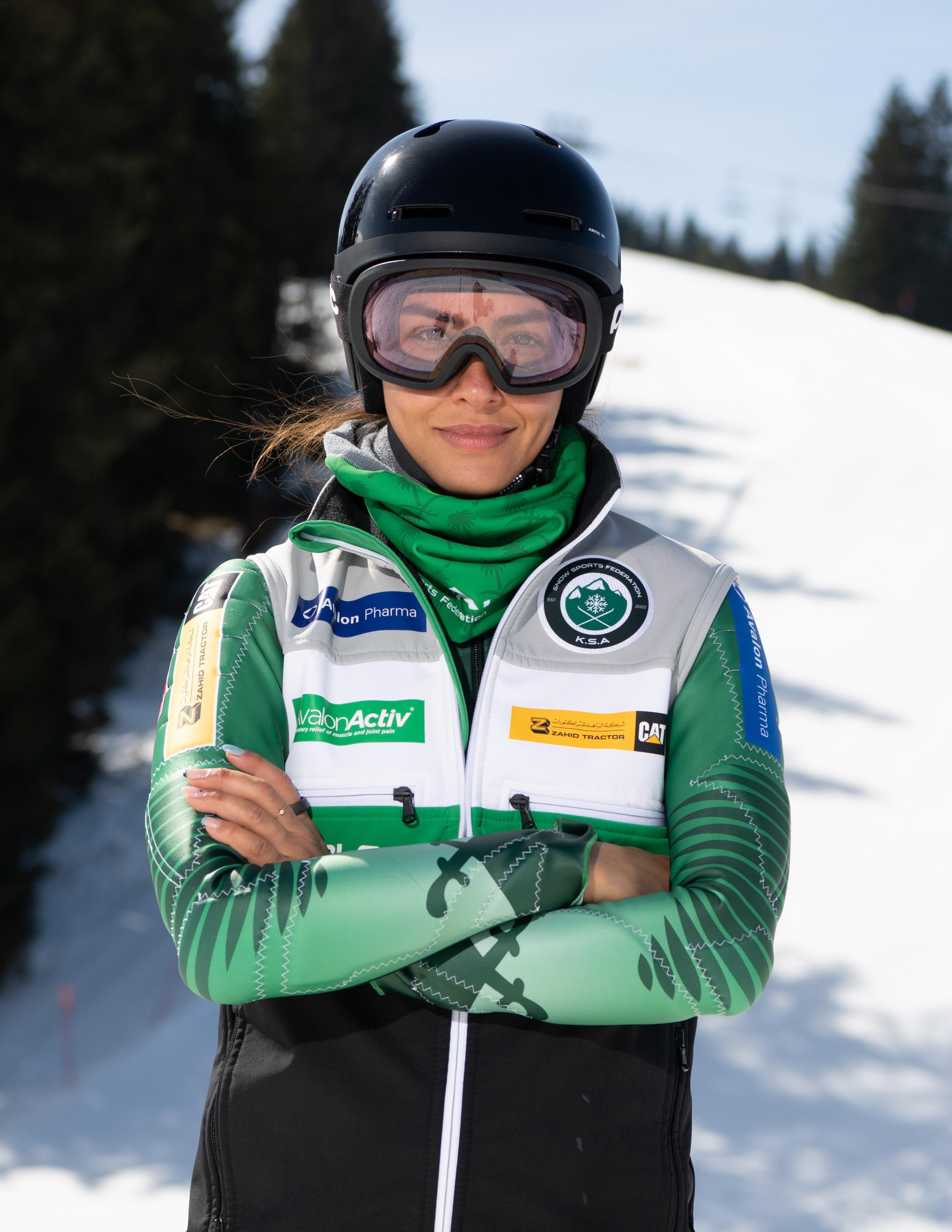
Sharifa AlSudairi is a Saudi athlete who has made history as the first woman from her country to represent Saudi Arabia in skiing. Her journey began two years ago when she decided to train for races, and since then, she has competed in numerous events across Switzerland, France, Italy and Dubai. Sharifa is focused on gaining experience and collecting points, which are crucial for improving her ranking in the ski sport as well as savouring the journey of skiing.
Her dedication to skiing extends beyond mere athletic success and the never give up attitude has made her a role model for Arab women, encouraging them to chase their dreams with firm determination.
Raised in the coastal city of Jeddah, Sharifa’s love for sports was cultivated from a young age. She fondly recalls her father encouraging her and her siblings to engage in various outdoor activities, from tennis to skiing. “As a family, we were always very active. My father encouraged us to be outdoors, whether on the sea, the sand, a tennis court, or on snow,” she said.
This early exposure laid the foundation for Sharifa’s lifelong passion for sports. After her college years, Sharifa’s adventures took her to the slopes, where she explored various skiing disciplines, including mountaineering, cross-country skiing, and snowboarding. “Being outdoors was really special for me. I was present in the magnificent mountain and it humbled me. There are so many disciplines in skiing, so many different ways of doing it, and I was very much interested in exploring them,” she added.
In more recent years, Sharifa’s interest shifted towards ski racing. “Ski racing is not casually going down the mountain, but going fastest down the slope. It intrigued me as I didn’t explore this before, and I wanted to try.” This new pursuit demanded intense training and focus. Sharifa joined ski clubs, participated in races, and improved her skills under race instructors at Swiss ski resorts. “The intense and challenging training regimen required commitment, grit, and continuously reminding yourself why you’re doing this,” she reflects. The transition from recreational skier to professional competitor was a demanding one, but Sharifa’s determination and passion fueled her journey.
She fondly remembers her time in boarding school in Switzerland, where team sports fostered friendships and a love for camara-
“Embrace your passion, break boundaries, and pursue your dreams fearlessly. My journey is a testament to the power of determination and perseverance, and I hope it inspires others to strive for a brighter future
derie. “Boarding school was all about team sports, which I loved because it was a way to spend time with friends doing things I truly loved,” she adds.
Sharifa’s journey wasn’t without its challenges. A serious injury forced her to confront a new kind of adversity. “My injury was a mental hurdle as much as a physical one. I was on a roll, and then, boom—everything changed. Crutches, no walking, the whole thing. But I pushed myself, spent the summer undergoing intensive rehabilitation, and now I’m back, and I want to ski more than ever.”
Looking ahead, Sharifa is focused on a stepby-step approach to her career. “It’s really a combination of small events, each one giving me a little more confidence to do the next one,” she said. Her aspirations include continuing to excel in skiing and finding ways to inspire and support other young Saudis in pursuing their sporting dreams.
As the first Saudi woman to represent the Kingdom in Alpine skiing, Sharifa feels “lucky, humbled, and super grateful.” She is proud to be part of a movement that places women at the center stage in Saudi Arabia, describing it as “one of the greatest opportunities and privileges anyone could ever wish for.”
Sharifa’s advice to young Saudi women and girls is to “know what you want and stay committed, work hard, and don’t let the tough moments stop you from pursuing your passion.” As Saudi Arabia continues to promote sport for all and host major international events, Sharifa sees her role as an ambassador for the country, raising the profile of local talent on the international stage.
Reflecting on the changing cultural perceptions of women in sports in Saudi Arabia, Sharifa acknowledges the progress made but notes that there is still more work to be done. “The country has come a long way, and there’s a huge amount of support and pride for women in sports,” she said.
For Sharifa, skiing is a source of fun, joy, and fulfillment, both personally and professionally. Her typical training day starts with a morning routine, followed by intensive training sessions. Balancing skiing with other aspects
of her life, including her roles as a mother and wife, is a continuous learning process. Her past season, spanning from November to April, has been a success and looking to the future, Sharifa has her sights set on participating in the Milano Cortina Winter Olympics 2024.
Sharifa’s journey has been profoundly shaped by a strong support system, with key figures like Princess Reema bint Bandar playing instrumental roles in her career, providing mentorship and valuable insights.
Sharifa’s personal motto, “Live life as if it was rigged in your favor,” encapsulates her positive outlook and determination.
In her message to Womenpreneur readers and women globally, Sharifa encourages them to “embrace your passion, break boundaries, and pursue your dreams fearlessly. My journey is a testament to the power of determination and perseverance, and I hope it inspires others to strive for a brighter future.”
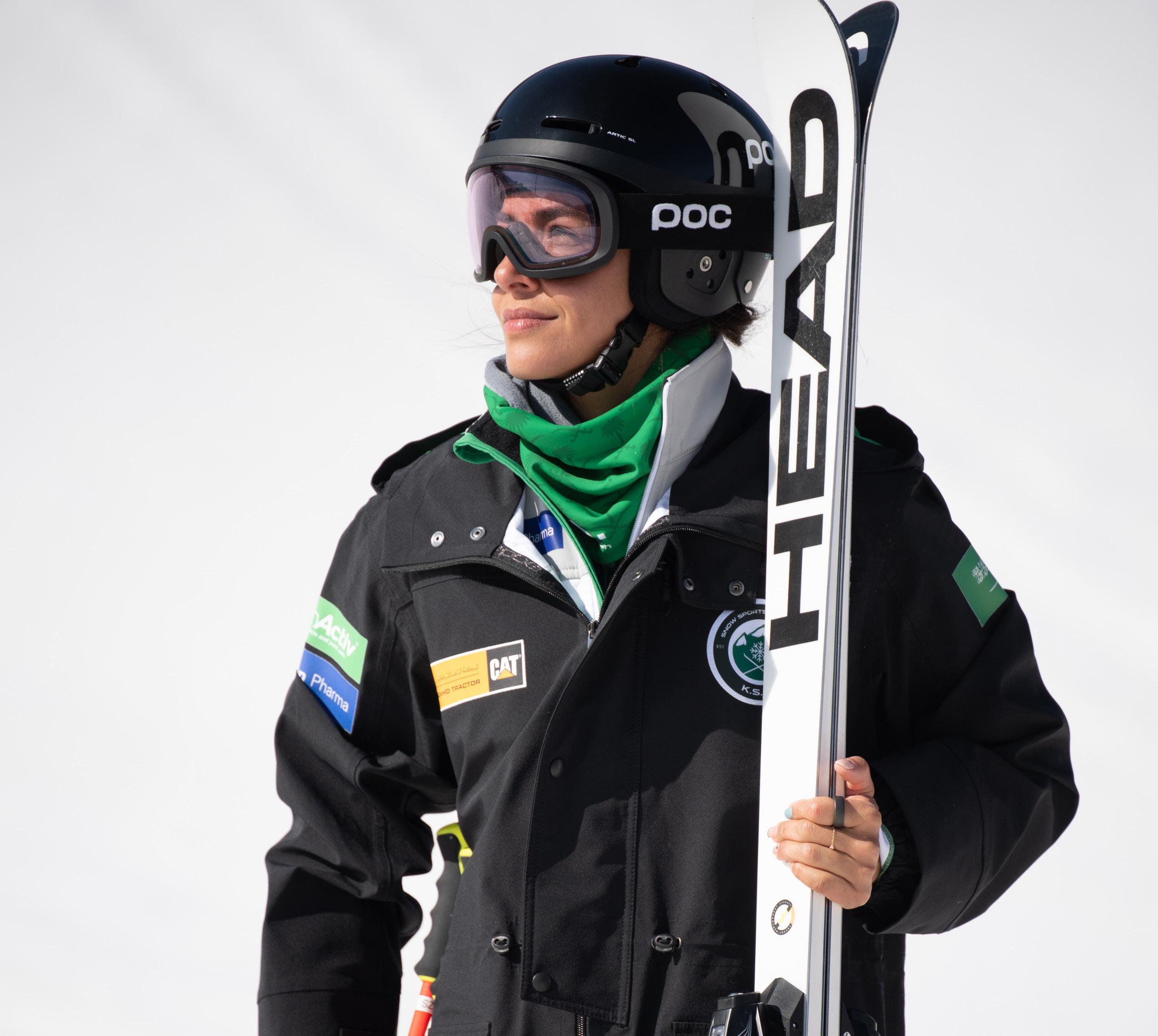




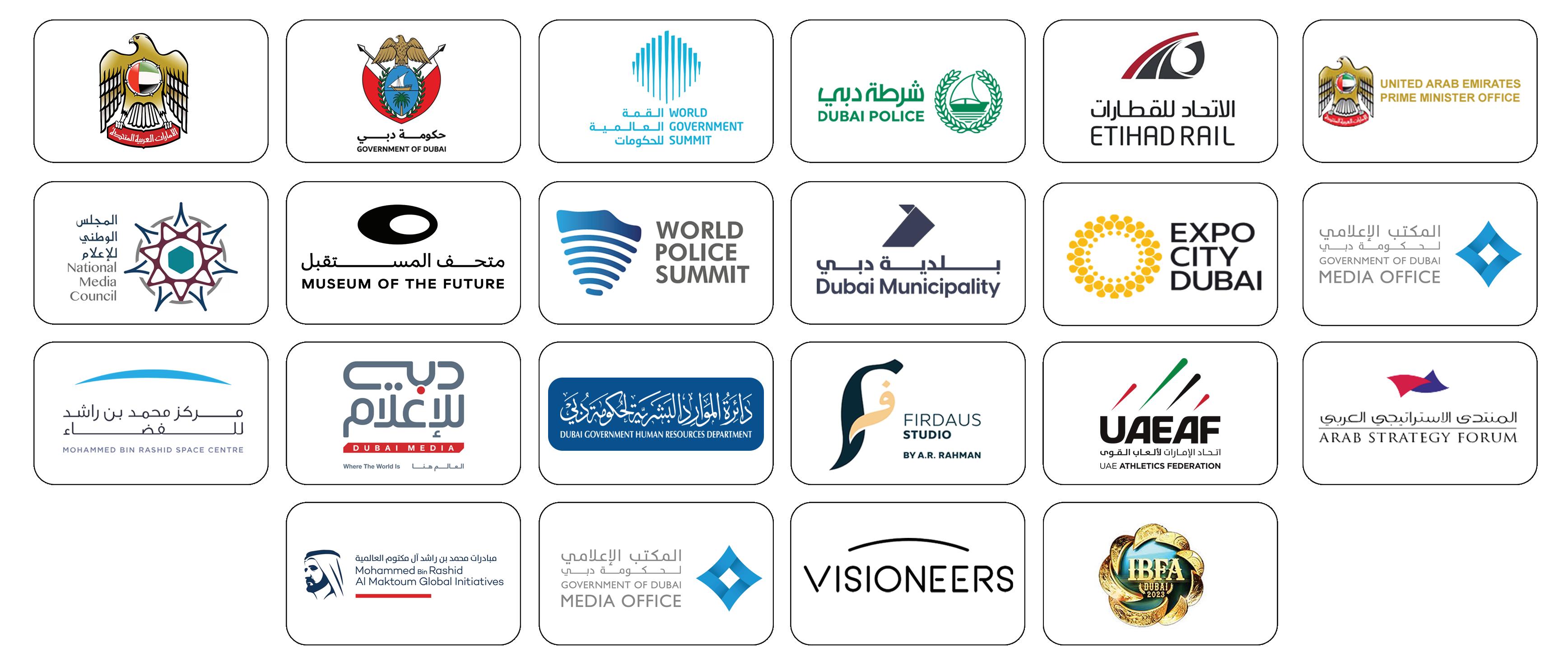

Imagine starting out studying ar chitecture and ending up running in the Olympics. That’s the incred ible story of Kariman Abuljadayel, a determined athlete from Saudi Arabia. Her journey began while she was studying architecture at Northeast ern University in Boston. She joined the university’s track and field team, which opened a whole new world for her.
In 2016, Kariman became the first Sau di woman to compete in the women’s 100 meters at the Summer Olympics in Rio de Janeiro. Representing Saudi Ara bia at the Olympics was a dream come true for her. Even now, years later, she can hardly find the words to describe how happy and proud she felt to com pete on such a big stage.
Being the first Saudi woman to com pete in this event was a challenging journey, as no female Saudi athlete had ever walked this path before her. But she didn’t let that stop her. In stead, Kariman used it as motivation to set an example for other Saudi girls. She showed them that they too could achieve their dreams if they worked hard and believed in themselves.
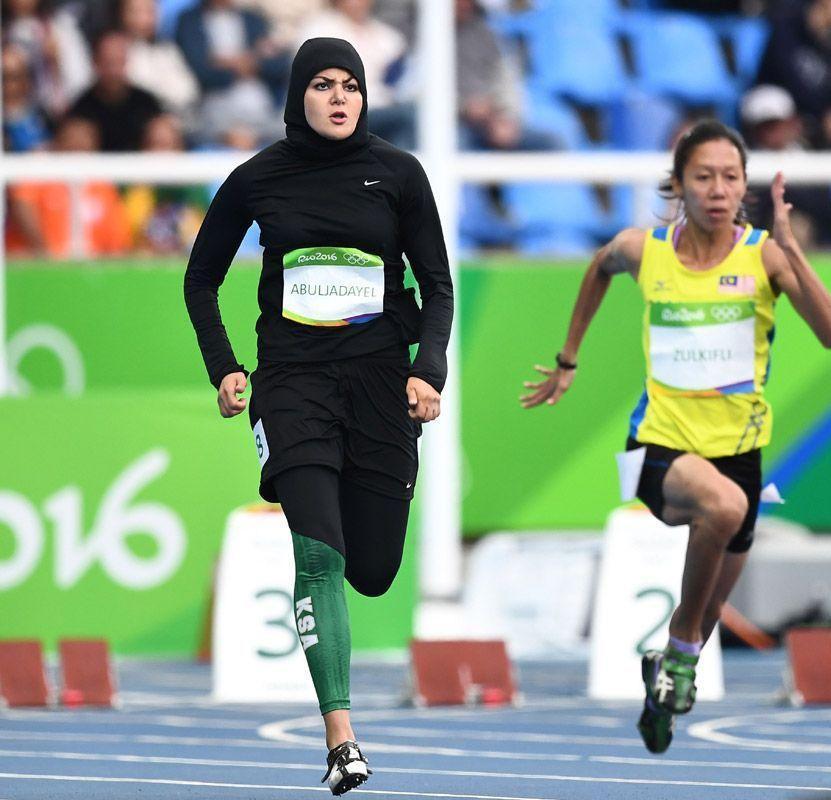
One of Kariman’s favorite memories from the Rio Olympics was spending time with her mother, sister, and the rest of the family. She also had the honor of donating her Olympic running outfit to the Olympic Museum in Lausanne, Switzerland. Every time she sees that outfit, it reminds her of all the hard work and dedication it took to get to the Olympics. It’s a symbol of her journey and the progress of Saudi female
After the Rio Olympics, Kariman didn’t stop striving for greatness. She switched from sprinting to rowing, another demanding sport. In 2019, she won Saudi Arabia’s first gold medal in women’s rowing. Despite the challenges of this transition and the lack of a rowing federation in Saudi Arabia, she co-founded the Saudi Rowing Federation in 2019. This federation now supports hundreds of athletes across the country. She has also achieved great things in rowing, winning medals at the World Championships, Asian Championships, and other international competitions. In 2023, she even set a Guinness World Record for the fastest time to row 10 kilometers on open water in
Being the first Saudi woman to compete in this event was a challenging journey, as no female Saudi athlete had ever walked this path before her. But she didn’t let that stop her. Instead, Kariman used it as motivation to set an example for other Saudi girls.
Today, she serves as the chair of the Asian Rowing Federation Athletes Committee, helping to improve the sport of rowing in
chitectural engineering at Al Faisal University in Riyadh. Her message is that sports and education can go hand in hand, and both can
is simple: Do the best you can with what you have and seize the opportunities that come your way. Her story is one of passion and perseverance. She found her dream in sports and made it to the Olympics. She hopes that everyone reading this finds their own “Olympics” and pursues their dreams
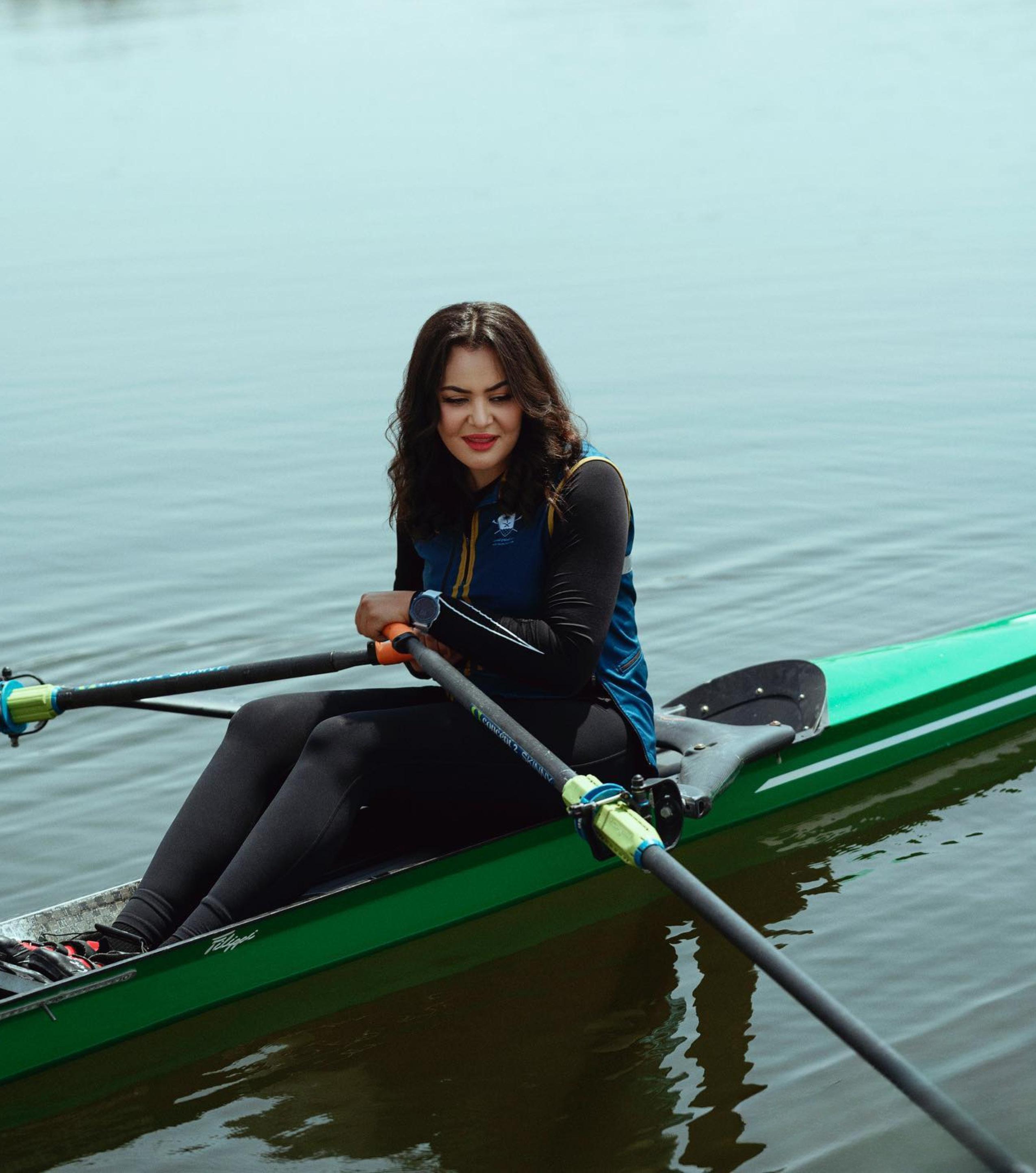

In athletics, few stories are as inspiring as that of Winfred Yavi. Her remarkable journey from a small village in Kenya to the top of the Olympic podium, representing Bahrain, is a powerful testament to perseverance and the courage to seize new opportunities. Yavi’s path to success, marked by both triumphs and challenges, serves as an inspiring example of how talent, when nurtured in the right environment, can reach unprecedented heights.
Yavi was born in Makueni County, Kenya, where her athletic potential became evident at an early age. As a young girl, Yavi showed promise in running, but her journey to representing her home country on the international stage was anything but straightforward. In a nation renowned for producing world-class distance runners, the competition to secure a spot on the national team was fierce. Yavi’s determination and hard work were undeniable, but the reality of competing against a deep pool of talent in Kenya made it difficult for her to stand out.
Yavi’s turning point came in 2016 when she narrowly missed out on a spot on the Kenyan youth team. Despite finishing third in the trials, she was not selected, as only the top two athletes earned the opportunity to compete internationally. This setback could have ended her dreams, but instead, it became a catalyst for a bold decision that would change the course of her life.
Recognizing her potential, Bahrain offered Yavi an opportunity to compete on the world stage under its flag. The decision to move to Bahrain was not an easy one. It required leaving behind her family, friends, and the familiarity of her homeland to embrace a new culture, climate, and training environment. Yet, Yavi saw this as a chance to realize her dreams, and with the support of her parents and coach, she made the move.
“The competition was tough. Even finishing second or fourth in the trials meant missing out,” Yavi explained, reflecting on her time in Kenya. In Bahrain, however, Yavi found an environment that allowed her to focus
entirely on her athletic development. The country provided her with top-tier coaching, state-of-the-art facilities, and a supportive community that embraced her as one of their own.
Yavi’s transition to representing Bahrain was not without its challenges. She faced skepticism and criticism, particularly from those who questioned her decision to change nationalities. “It brought a lot of negativity. People questioned how sure I was that I would succeed there,” she recalled. Despite the doubts and negative reactions, Yavi remained resolute, confident that Bahrain’s support would enable her to reach her full potential.
Yavi’s faith in her decision was vindicated when she began to achieve success on the international stage. Her dedication and hard work culminated in a stunning victory at the Paris 2024 Olympics, where she set a new Olympic record in the women’s 3000m steeplechase. This achievement was not just a personal triumph but also a validation of her choice to represent Bahrain. Her victory in Paris was a moment of immense pride for both Yavi and Bahrain, showcasing the possibilities that arise when talent is nurtured in the right environment. Yavi’s success is a powerful reminder that talent transcends geographical boundaries and that with the right support, athletes can achieve greatness regardless of their origins.
“
The competition was tough. Even finishing second or fourth in the trials meant missing out,” Yavi explained, reflecting on her time in Kenya.
Although Yavi now competes for Bahrain, her connection to Kenya remains strong. She often returns to her homeland for training, taking advantage of the high-altitude conditions that have long been a cornerstone of Kenyan distance running. This duality of representing Bahrain while maintaining ties to Kenya reflects the increasingly global nature of sports, where athletes can transcend borders in pursuit of their dreams.
Yavi’s story also highlights the importance of providing equal opportunities for athletes worldwide. Her journey demonstrates how the right environment can amplify an athlete’s abilities, allowing them to reach heights they might not have achieved otherwise. Yavi’s decision to represent Bahrain was driven by a desire to compete at the highest level, and it is a testament to the opportunities that can arise when athletes are given the chance to thrive.
Her journey is not just a story of personal triumph, it is an inspiration for aspiring athletes everywhere. Her path demonstrates that with talent, determination, and the right support, it is possible to overcome any obstacle. Yavi’s success encourages young athletes to dream big, seek out new opportunities, and believe in their ability to succeed, no matter where they come from. Yavi’s advice to the next generation of athletes is clear: “Don’t be afraid to take risks. Sometimes, stepping out of your comfort zone is the only way to reach your full potential.”
Yavi’s Olympic victory is more than just a personal achievement, it is a celebration of her extraordinary talent, and the courage to pursue new opportunities. Her story teaches us that true greatness often requires stepping beyond one’s comfort zone and embracing the possibilities that lie beyond. As she continues to compete at the highest level, her legacy will undoubtedly inspire future generations of athletes, showing them that with determination and the willingness to take risks, they too can achieve greatness, no matter where their journey begins.
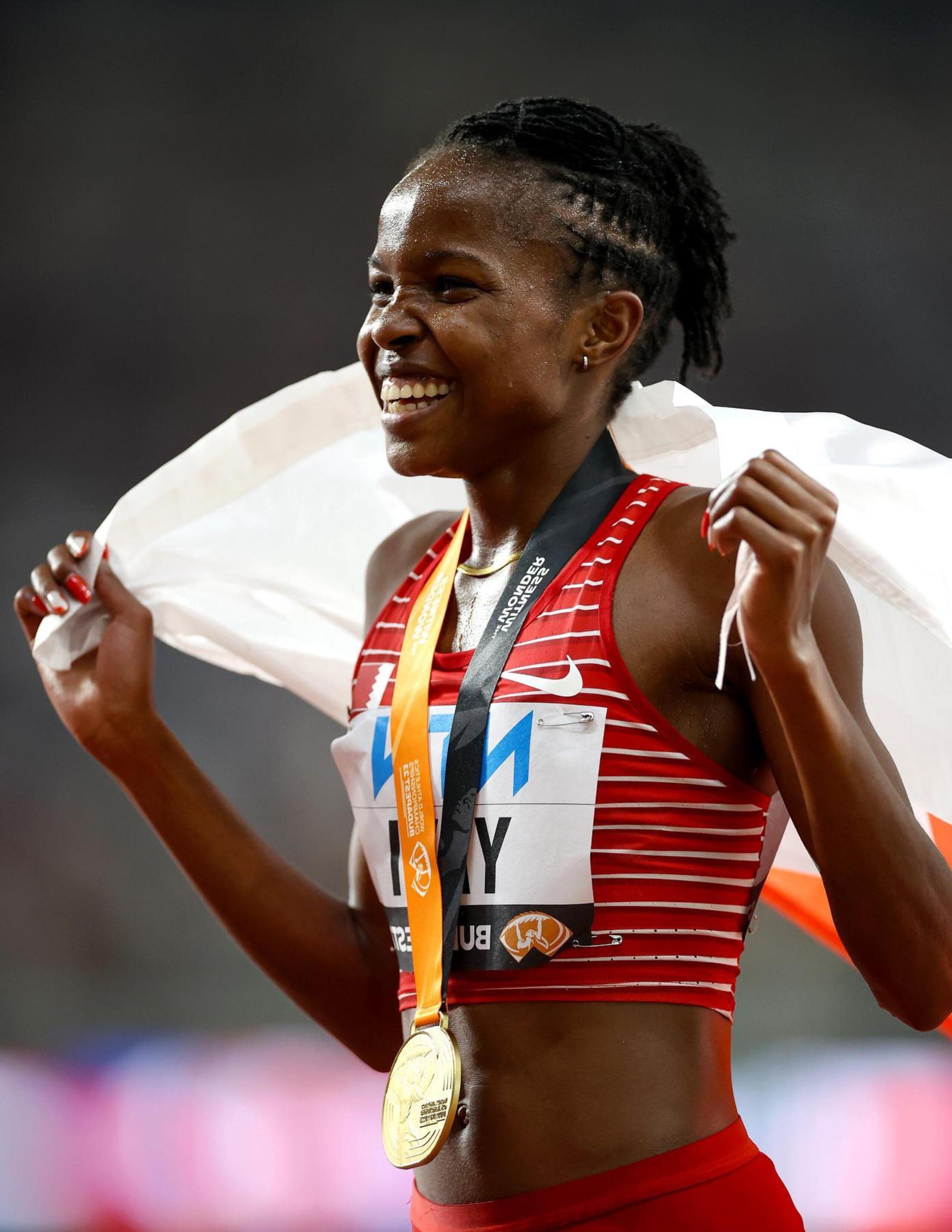
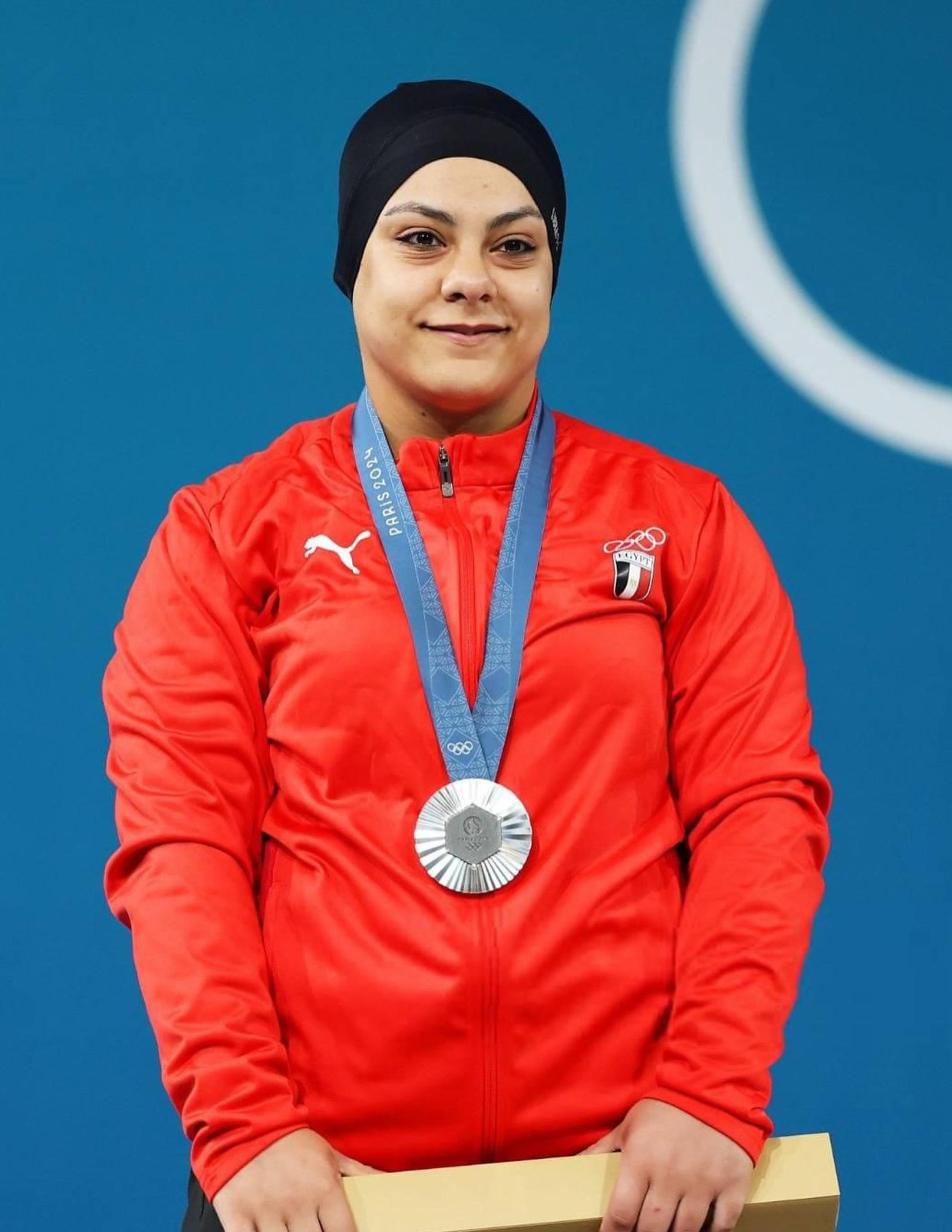
Sara Ahmed Samir, Egypt’s trailblazing weightlifter, once again made history at the 2024 Paris Olympics by securing a silver medal in the 81kg Women’s Final. Her remarkable achievement is the latest chapter in a career defined by determination and a deep love for her sport.
At 26, Sara has become a beacon of inspiration for athletes, especially women, across the Arab world. Her silver medal in Paris came after lifting a total of 268kg—117kg in the snatch and 151kg in the clean and jerk, securing her position among the world’s elite. Yet, this latest triumph is only one of many in a career that has been marked by both incredible highs and challenging lows.
Sara first burst onto the international scene at the 2016 Rio Olympics, where she became the first Egyptian woman to win an Olympic medal in weightlifting. Competing in the 69kg category, the then 18-year-old secured a bronze with a total lift of 255kg, finishing behind China’s Xiang Yanmei and Kazakhstan’s Zhazira Zhapparkul. “It’s a great honor, and I can’t express how much it means to me to make history for Egypt,” Sara said to a news agency after her groundbreaking achievement. Her success in Rio was more than just a personal victory, it marked a turning point for women in Egyptian sports, showcasing what could be achieved with dedication and perseverance.
The road to that bronze medal was not easy. Sara had to navigate a rigorous training regime while balancing the demands of her education. She even skipped her final high school exams to focus on her Olympic preparations, a sacrifice that underlined her commitment to her sport. “I hope the Ministry of Education will allow me to take my exams here in Brazil,” she said at the time, reflecting the intense pressure she was under.
Sara’s success in Rio set the stage for even greater achievements. In the years that
followed, she continued to dominate the weightlifting scene, securing gold at the 2022 World Championships. However, the journey to Paris was not without its challenges. In the lead-up to the 2024 Olympics, Sara faced fierce competition, not just from her peers but also from her own expectations.
Arriving in Paris, Sara was determined to improve upon her previous Olympic performance. Her preparation was meticulous, with a focus on improving her technique and increasing her lifting capacity. “Every competition is a learning experience, and I’ve worked hard to refine my skills since Rio,” she explained in a pre-competition interview.
The 2024 Olympics proved to be one of the most competitive in recent history. In the 81kg Women’s Final, Sara faced off against some of the world’s best, including Norway’s Solfrid Eila Amena Koanda, who would go on to set a new Olympic record with a total lift of 275kg. Sara’s performance was impressive, with successful lifts of 117kg in the snatch and 151kg in the clean and jerk. Although she missed her final clean and jerk attempt at 155kg, her total of 268kg was enough to secure the silver medal, adding yet another accolade to her storied career.
Reflecting on her silver medal, Sara expressed both pride and a sense of unfinished business. “I’m grateful for this achievement, but I know there’s still room for improvement,” she said. Her words reflect the mind-
“
I started weightlifting because I saw my brother train, but I stayed because I love the sport and what it has taught me about strength—both physical and mental,” she said.
set of a true champion—always striving for better, always looking to push the boundaries of what is possible.
Sara’s success in Paris also highlights the support system that has been crucial to her development as an athlete. From her early days training under the guidance of her brother Mohamed Samir in Ismailia to joining Egypt’s senior team at just 14 years old, Sara has benefitted from a strong network of coaches and mentors. “I owe so much to my coaches and family who have been with me every step of the way,” she acknowledged, emphasizing the importance of teamwork in her individual sport.
Beyond her personal achievements, Sara has become a symbol of empowerment for women across Egypt and the broader Arab world. Her historic bronze in Rio and subsequent successes have inspired countless young women to take up sports, challenging traditional gender roles and proving that women can excel at the highest levels. Sara’s influence extends beyond the weightlifting platform. She is a role model, not just for her athletic prowess but for her perseverance in the face of adversity. “I started weightlifting because I saw my brother train, but I stayed because I love the sport and what it has taught me about strength—both physical and mental,” she said.
As Sara looks ahead to the future, there is no doubt that she will continue to push the limits of her sport. With her sights set on further improving her performance and perhaps even claiming Olympic gold in the years to come, Sara remains focused on her goals. “Every day is an opportunity to get better, and I’m committed to making the most of every moment,” she stated, her determination shining through.
As Sara Ahmed Samir continues to break barriers, her legacy as one of Egypt’s greatest athletes is secure and serves as an inspiration to women athletes everywhere.
Valerie Tarazi has made a historic mark at the Paris 2024 Olympics, not only as a remarkable swimmer but also as a beacon of Palestinian pride. As one of only 26 athletes of Palestinian heritage to have competed in the Olympics, Valerie participation has been a significant milestone for both her and her nation.
Born on October 9, 1999, in Chicago, Illinois, Valerie’s journey from a young swimmer to an Olympic competitor has been nothing short of extraordinary. Her dedication to the sport began at the age of three and culminated in her debut at the Paris Games, where she competed in the 200-meter individual medley.
Valerie Olympic experience was a testament to her years of hard work and perseverance. Her performance in Paris was a blend of grit and grace, showcasing her growth as an athlete and her deep commitment to representing her heritage. Although she did not clinch a medal, her participation was a moment of pride for Palestinians worldwide and highlighted her role as a trailblazer in the sport. Her journey to the Olympics included notable achievements leading up to the Paris Games. Last year, Valerie excelled at the Sports Games Algeria 2023, where she secured gold medals in the 100m backstroke and 50m breaststroke. She also earned silver medals in the 50m butterfly, 100m breaststroke, and 200m breaststroke, and a bronze in the 50m backstroke. These accomplishments underscored her versatility and skill in the pool.
One of the defining moments in Valerie path to the Olympics was her participation in a two-week summit in Olympia, Greece. This event marked her official entry into the Palestinian Olympic team and allowed her to introduce herself and Palestine to an international audience. It was a pivotal step in her journey, symbolizing her commitment to her
heritage and the Olympic spirit.
Valerie’s dedication to her Palestinian roots is evident in her continued embrace of her cultural heritage. Throughout her career, she has proudly displayed symbols of her heritage, whether through her attire or in her public statements. Her commitment extends beyond her athletic achievements; it also includes her academic accomplishments. After earning a Bachelor’s in Business Administration, she completed a Master’s in Supply Chain Management from Auburn University in May 2023.
Reflecting on her journey, Valerie has shared how overcoming early setbacks shaped her career. Her initial attempt to qualify for the 2016 Olympic Trials at 16 was unsuccessful, but her perseverance eventually led to her qualifying by a significant margin. This experience reinforced her belief in resilience and the importance of staying focused on one’s goals.
“
Valerie’s Olympic experience was a testament to her years of hard work and perseverance. Her performance in Paris was a blend of grit and grace, showcasing her growth as an athlete and her deep commitment to representing her heritage
At the Paris Olympics, Valerie’s participation in the 200-meter individual medley was a significant personal and professional milestone. In preparation for the Games, she experimented with temporary tattoos to find the right spot for a permanent Olympic ring tattoo, a tradition among Olympians. This small ritual symbolizes her place among the world’s elite athletes. As one of eight Palestinian competitors in Paris, Valerie’s presence was particularly significant. She used her platform to raise awareness about the ongoing crisis in Gaza, where her paternal grandfather lived before moving to the United States. She has been vocal about her commitment to highlighting the struggles faced by Palestinians, aiming to bring attention to their stories and experiences.
Her advocacy has been reflected in her increased visibility on social media, where her following has grown as people become more interested in her journey and her mission. Valerie has utilized every opportunity to speak out and shed light on the situation in Palestine, ensuring that the voices of those affected are heard.
Valerie’s Olympic debut was not just a personal achievement but also a tribute to her family and heritage. Growing up in one of the oldest Christian families in Palestine, her dream of representing her country on the global stage was deeply rooted in honoring her family, her grandfather, and the entire Palestinian community.
While Valerie has emphasized that her goal is not to protest or assign blame, she remains committed to advocating for her country through her sport. Her approach to fighting for her nation is deeply embedded in her athletic achievements and her dedication to shining a spotlight on Palestine’s challenges. Her achievements in the pool and her commitment to representing Palestine have made her a standout athlete and a symbol of hope for many.
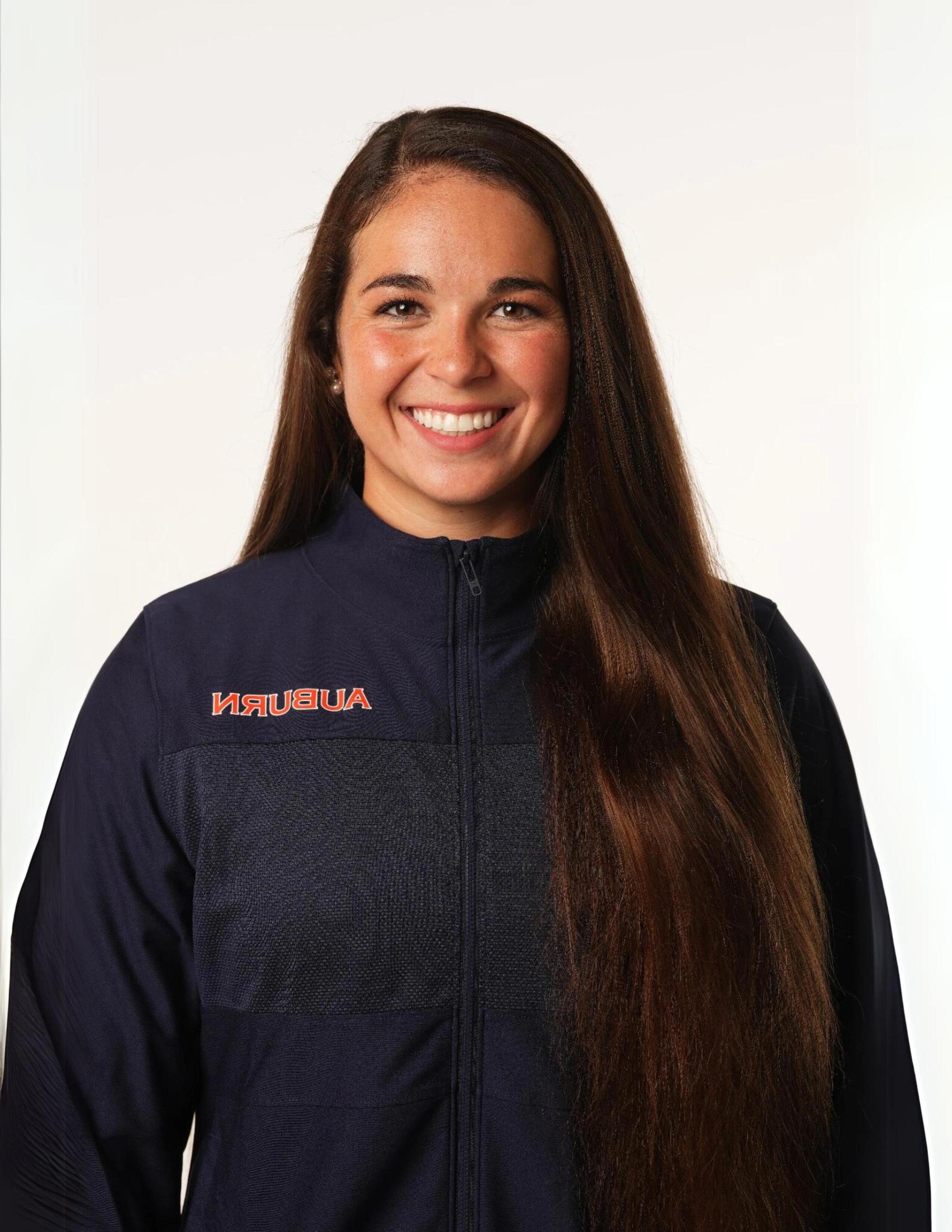


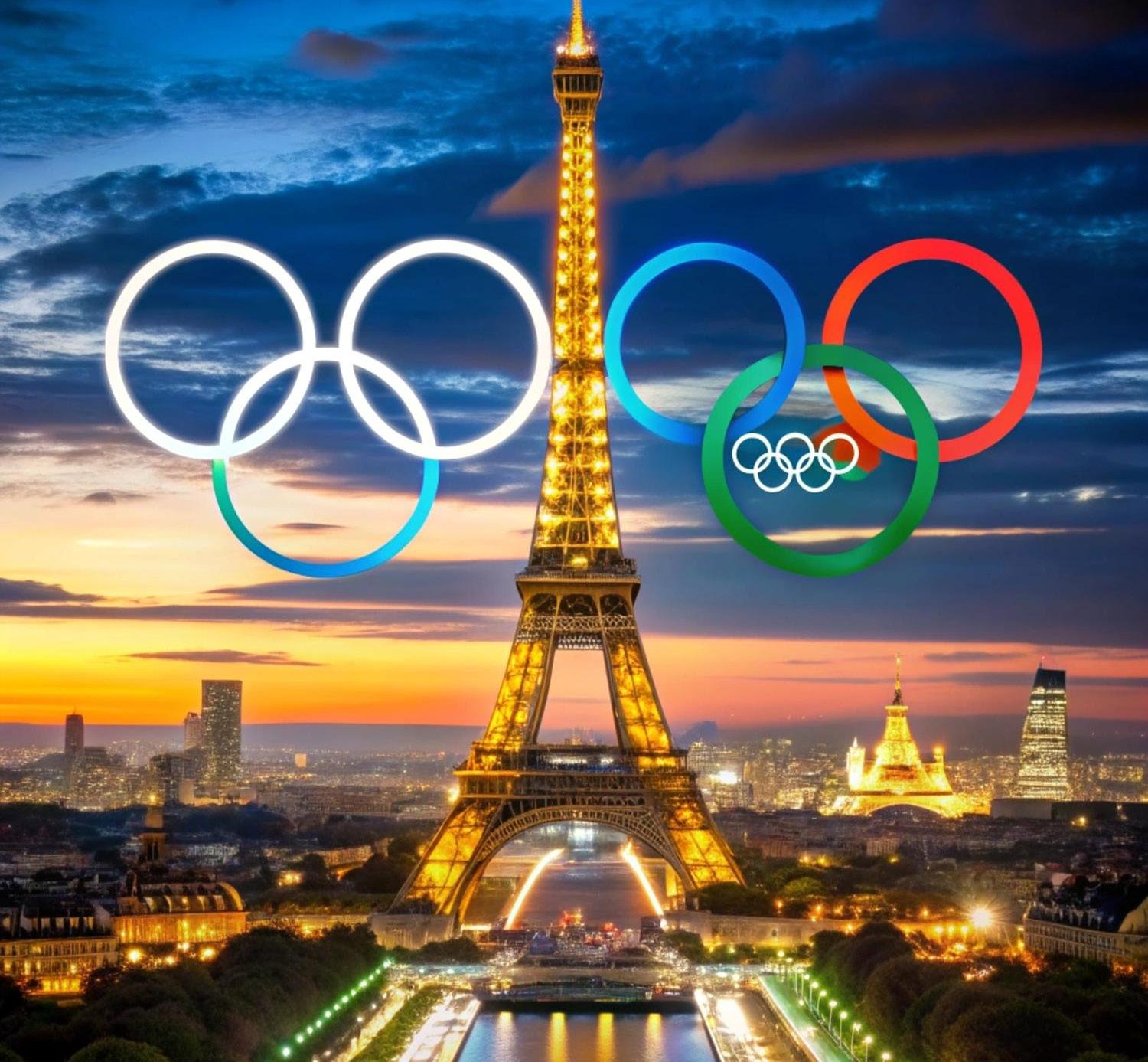
The Olympic Games are more than just a showcase of athletic talent instead they are a reflection of global culture and societal shifts. As the world changes, so too does the Olympic program, evolving to stay relevant and engaging for audiences worldwide. The Paris 2024 Olympics, held from July 26 to August 11, mark a significant chapter in this ongoing evolution with the inclusion of several non-traditional sports that have captivated audiences and redefined the Olympic experience.
The tradition of adding new sports to the Olympic program has been around for a while, but the pace of innovation has accelerated in recent decades. The modern era of Olympic change began with the Tokyo 2020
Olympics, which introduced a slate of new sports aimed at appealing to younger audiences and reflecting contemporary global trends. Skateboarding, surfing, sport climbing, and karate made their Olympic debuts, alongside the return of baseball/softball after a 13-year hiatus. These additions were a strategic move by the International Olympic Committee (IOC) to keep the Games in tune with evolving interests and the global sporting landscape.
The inclusion of these sports was a response to a growing demand for diversity in the Olympic program. Each new sport brought unique elements that resonated with different audiences, from the urban edge of skateboarding to the natural challenges of surfing and sport climbing. The success of these sports in Tokyo 2020 set the stage for further innovation at the Paris 2024 Olympics.
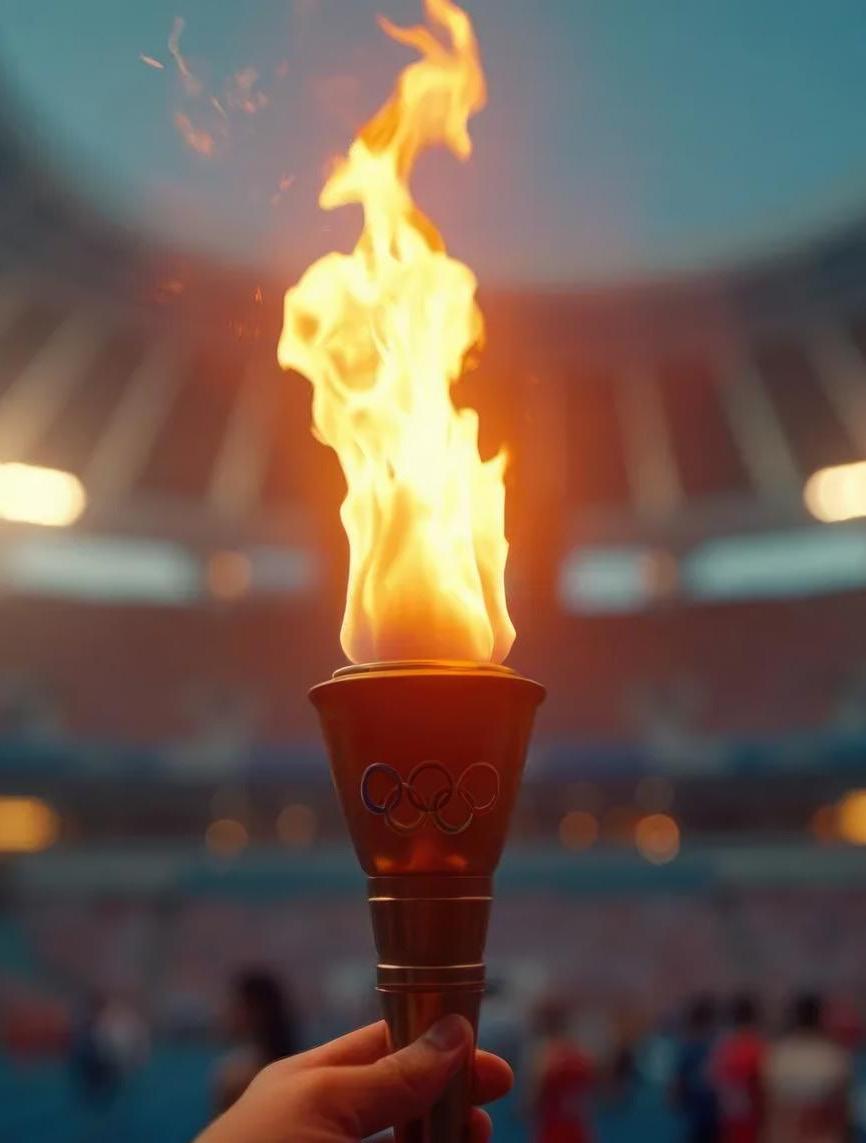

Paris 2024: A New Chapter in Olympic Innovation
The Paris 2024 Olympics marked a significant evolution in the traditional roster of events by embracing four non-traditional sports: skateboarding, sport climbing, surfing, and breaking (breakdancing). This inclusion reflected a broader trend towards diversifying the Olympic Games to appeal to younger demographics and a global audience with varied interests. Each of these sports brought
its own unique flair and competitive intensity, attracting new fans and participants.
Skateboarding showcased a blend of creativity and athleticism, with athletes performing complex tricks and maneuvers. Sport climbing tested competitors’ strength and strategy as they ascended challenging routes. Surfing capitalized on natural ocean waves to display surfers’ skills in maneuvering and style, making each performance intrinsically tied to the unpredictability of nature. Breaking, with its dynamic dance battles, highlighted rhythm, expression, and physical prowess.
This expansion in the Olympic program not only made the Games more relatable and exciting for a broader audience but also underscored the Olympics’ adaptability and its commitment to innovation and cultural relevance. These sports have not only added a fresh dynamism to the competition but have also played a crucial role in modernizing the image of the Olympics, promoting a more inclusive approach to global sportsmanship and cultural exchange.
Among the new sports, breaking, commonly known as breakdancing stood out as one of the most anticipated events at the Paris Games. Breaking, which originated in the streets of New York City in the 1970s, made its Olympic debut, marking a historic moment for both the sport and the Games. This addition was part of the IOC’s broader push to modernize the Olympics and appeal to urban youth, highlighting the artistic and athletic aspects that have long been a staple of global street culture.
At Paris 2024, breaking featured athletes performing intricate footwork, powerful moves, and gravity-defying spins, all set to the beat of DJ music. Competitors were judged on technique, creativity, and musicality, bringing a dynamic and entertaining spectacle to the Olympic stage attracting a wide range of participants from different backgrounds and cultures.
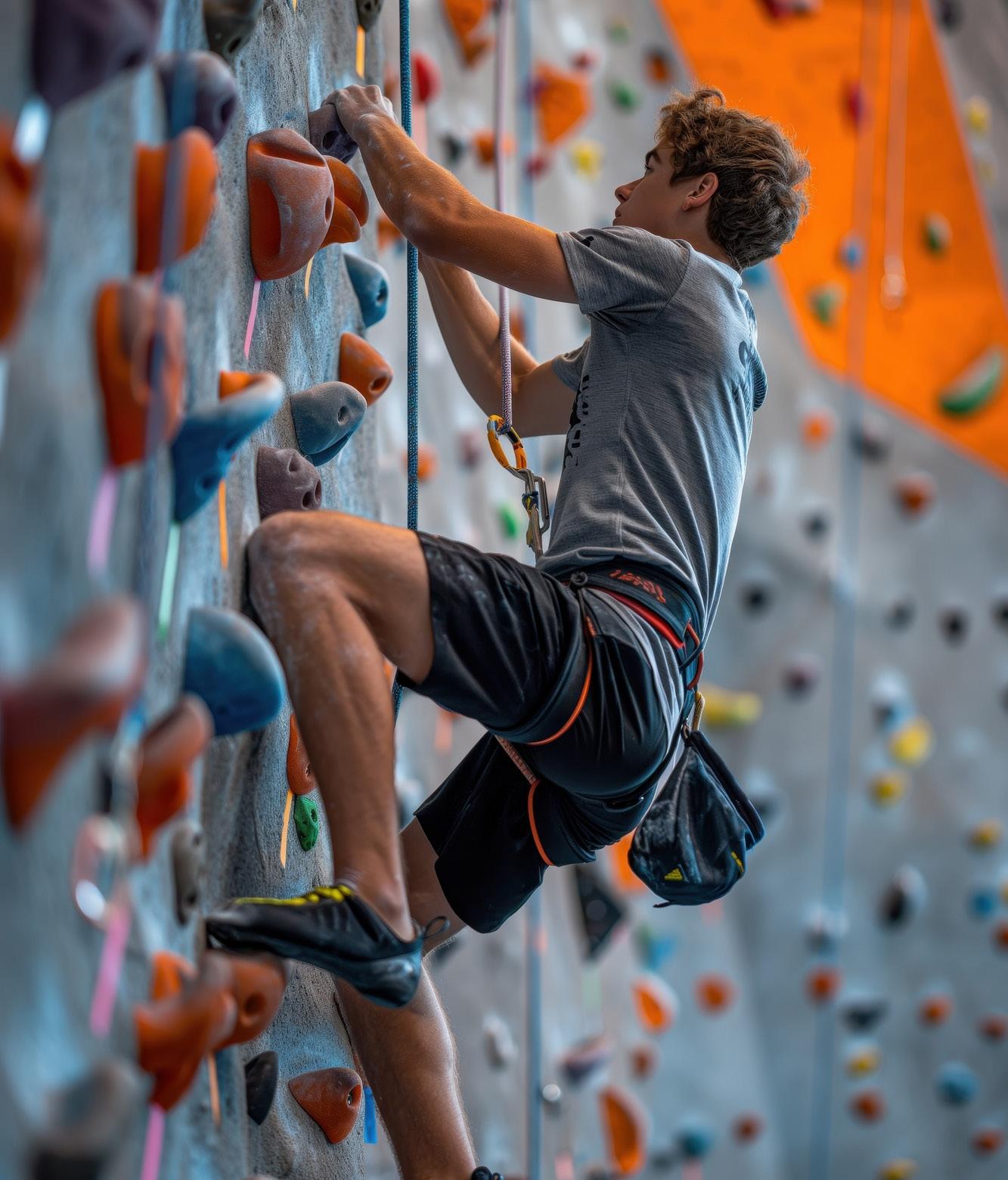

Sport climbing also made a return to the Olympics in Paris, building on the momentum from its Tokyo debut. This sport involves athletes scaling vertical walls with speed, precision, and strategy, bringing a thrilling new dynamic to the Games. The inclusion of sports climbing showcased a different kind of athleticism, combining physical strength, mental focus, and tactical planning.
The Paris Games featured three sports climbing disciplines: speed, bouldering, and lead. Each discipline tested different aspects of the climbers’ abilities, from their explosive power in speed climbing to their problem-solving skills in bouldering and their endurance in lead climbing.

Following its successful debut in Tokyo 2020, skateboarding returned to the Paris Olympics, further solidifying its place in the Olympic program. The sport’s blend of creativity, athleticism, and street culture continued to captivate audiences, with competitors showcasing an array of tricks and styles.
In Paris, skateboarding events were held in urban venues designed to replicate the street environments where the sport thrives. This setting not only provided an authentic backdrop for the competitions but also allowed athletes to express their individuality and creativity—core elements of skateboarding culture. The return of skateboarding demonstrated its growing global popularity and its ability to inspire new generations of athletes.
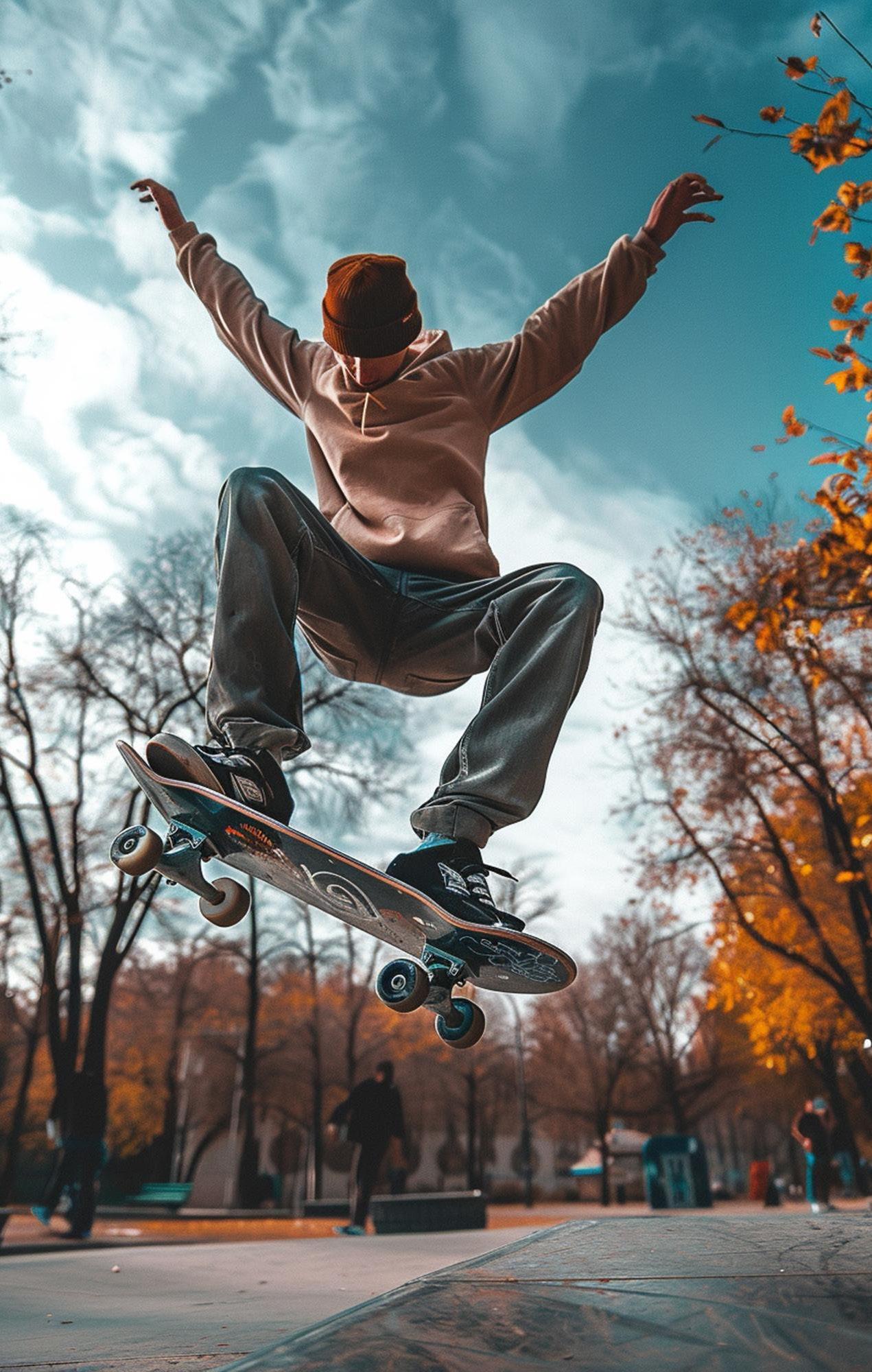
Surfing, introduced at Tokyo 2020 and returning for Paris 2024, brought the excitement of the waves to the Olympic stage. This sport, which takes place in natural ocean settings, added an element of unpredictability and a unique connection to nature that is rare among Olympic events. Surfers competed in open water, where they had to read the ocean, time their rides, and execute maneuvers with precision and style.
In Paris, surfing events were held at a world-class beach location, drawing top surfers from around the globe. The inclusion of surfing in the Olympics has elevated the sport’s profile, attracting new fans and giving surfers the chance to compete for the ultimate athletic honor—an Olympic gold medal.
The inclusion of new sports in the Olympics is more than a nod to contemporary interests, it has significant implications for athletes, fans, and the future of the Olympic movement. For athletes, these new sports offer unprecedented opportunities to gain visibility and compete at the highest level. Competitors who might have only aspired to the X Games or world championships now have the chance to win Olympic gold, which brings greater recognition and potential sponsorship opportunities.
For fans, these sports introduce new narratives and heroes. The stories of young athletes, often from diverse and unconventional backgrounds, resonate with global audiences. These sports also provide a different kind of spectacle—one that is often more creative, expressive, and aligned with current cultural trends. The excitement surrounding these events can attract new viewers to the Games, particularly younger demographics who might be less engaged with traditional sports.
The impact on the Olympic movement is profound. By embracing new sports, the IOC is demonstrating its willingness to evolve and remain relevant in a rapidly changing world. This adaptability is crucial for maintaining the Games’ global appeal and ensuring that they continue to be a celebration of sport that reflects the diversity and dynamism of contemporary society.
The process of adding new sports to the Olympic program involves a careful balance between tradition and innovation. The IOC evaluates potential new sports based on several criteria, including their global reach, popularity, and alignment with Olympic values. The decision-making process includes consultations with international federations, athletes, and other stakeholders, as well as considerations related to gender equality and the overall impact on the Games.
For a sport to be included in the Olympics, it must first be recognized by the IOC and have a governing body that adheres to Olympic standards. It must also demonstrate a significant international presence, with competitions held across different regions. The final decision is made by the IOC Session, where members vote on the inclusion of the sport based on recommendations from the IOC Executive Board.
In recent years, the IOC has made a concerted effort to promote gender equality within the Olympic program. This includes introducing mixed-gender events, such as the mixed relay in athletics and swimming, and mixed team events in sports like judo and triathlon. These initiatives not only promote gender equality but also add a new level of excitement and unpredictability to the Games.
As the Olympic Games continue to evolve, the future of the program remains open to possibilities. While Paris 2024 has set the stage with groundbreaking additions like breaking and the return of skateboarding, surfing, and sports climbing, discussions are ongoing about future changes. Esports, for instance, has been a topic of interest, with the IOC exploring ways to incorporate competitive gaming into the Olympic movement. The success of the Olympic Virtual Series, which featured virtual competitions in sports like baseball and cycling, suggests that esports may play a role in future Games.
Sustainability is another area where the Olympics are likely to evolve. As global concerns about climate change grow, the IOC may consider sports and events that align with environmental values, such as
eco-friendly versions of traditional sports or new sports emphasizing harmony with nature.
The ongoing push for inclusivity and gender equality will also shape the future of the Olympic program. This commitment ensures that the Olympic Games will continue to be a platform where athletes from all backgrounds can aspire to compete at the highest level.
The Olympic Games have always been a reflection of the world in which they are held. As society evolves, so too must the Olympics. The addition of new sports and events, such as breaking, skateboarding, sport climbing, and surfing, demonstrates the IOC’s dedication to keeping the Games fresh, relevant, and engaging. These new additions not only bring new energy to the Olympics but also highlight the Games’ ability to adapt to contemporary cultural trends and interests.
As the Olympics continue to evolve, they will undoubtedly remain a global celebration of human potential and athletic excellence. The future of the Olympic program is bright, and full of possibilities that reflect the diverse, dynamic world in which we live.
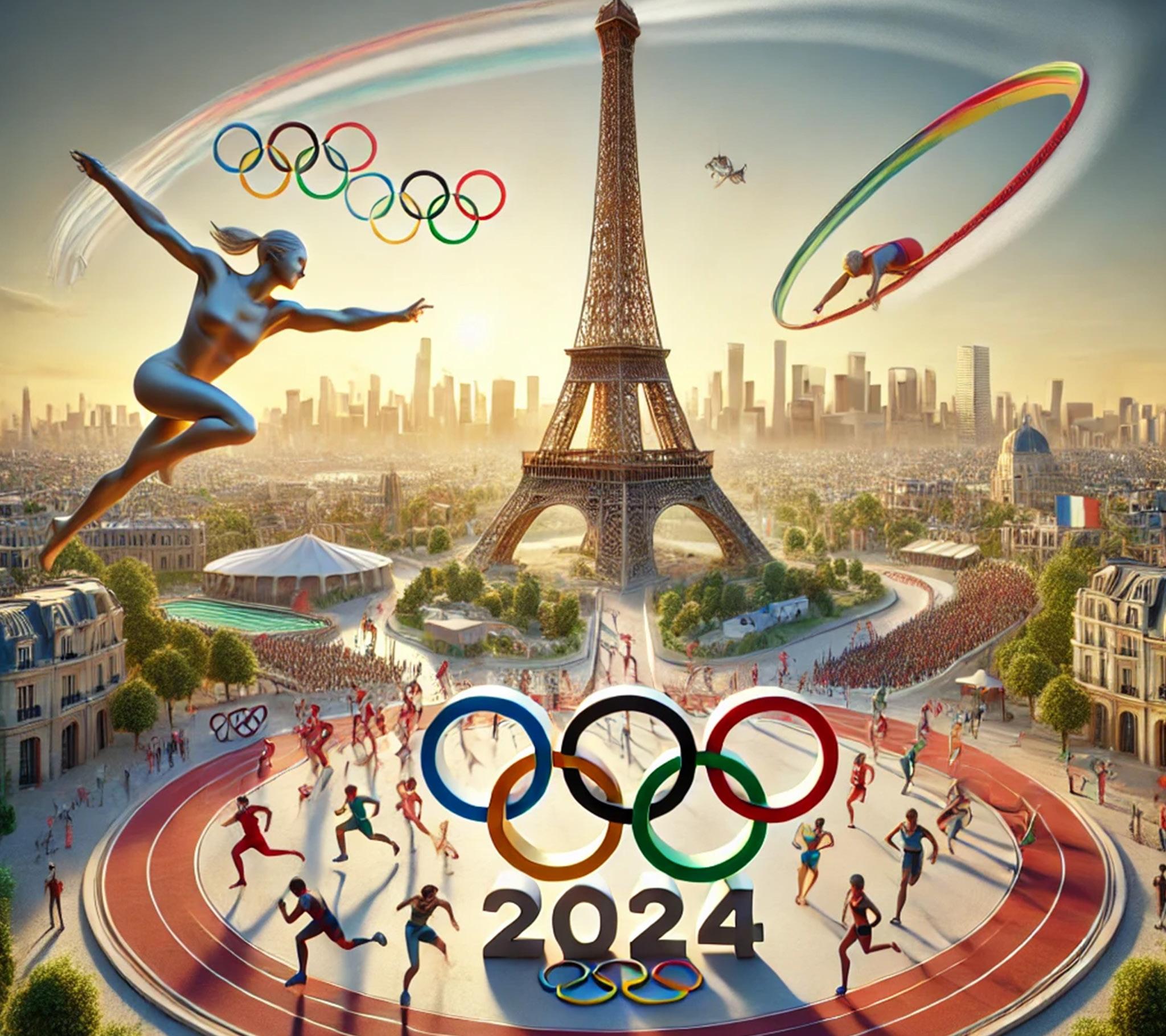


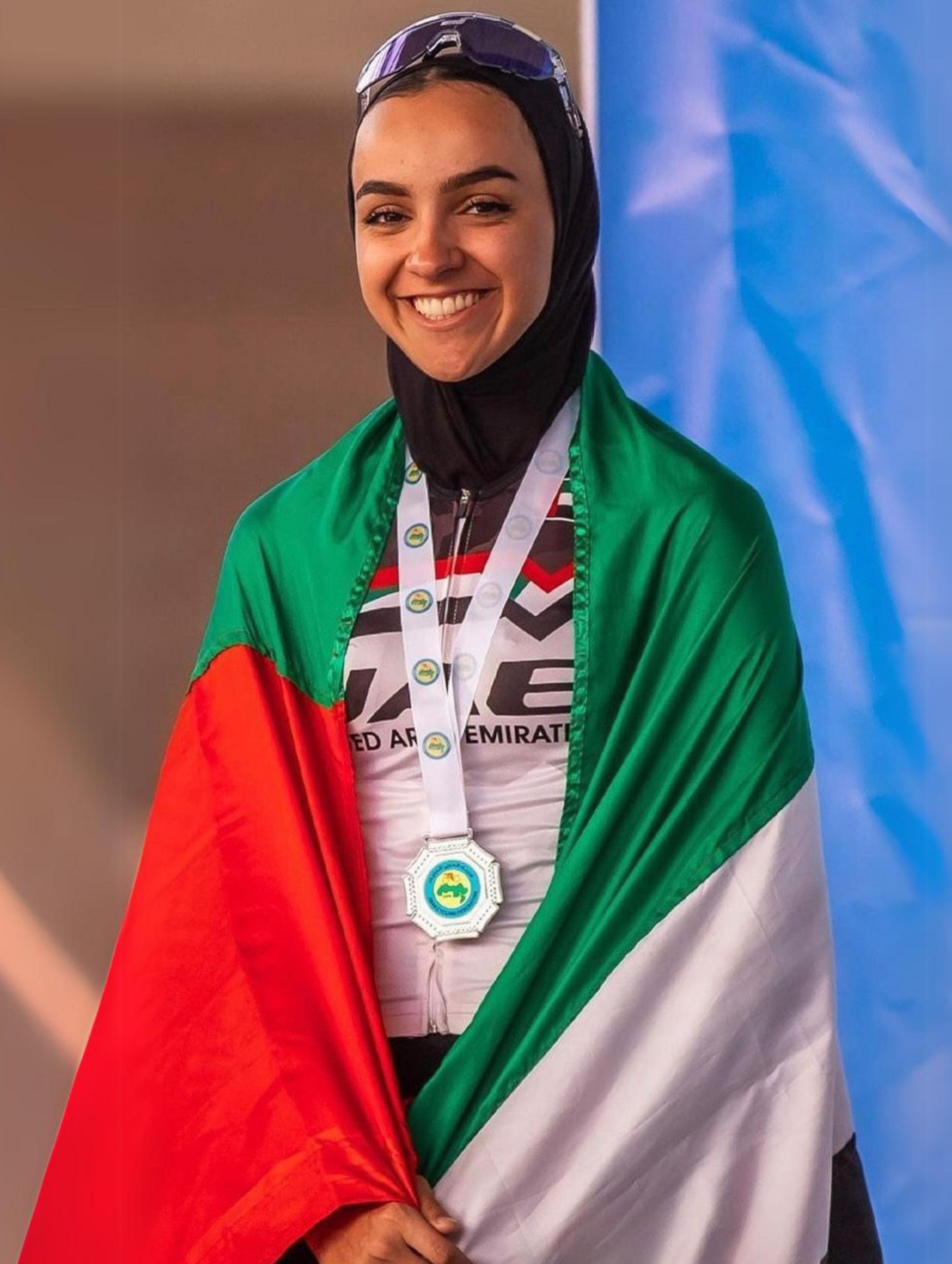
Safia Al Sayegh, a 22-year-old trailblazer in Emirati sports, stands poised to make history at the Paris 2024 Olympics as the first female cyclist from the UAE to qualify. She represented the aspirations of a country eager to make its mark in international sports. Competing against a formidable field of 96 cyclists, Safiya tackled the challenging 158-kilometer course, marking the pinnacle of her athletic journey.
Safiya’s journey to the Olympics is the culmination of years of hard work, passion, and perseverance. Growing up as the daughter of a professional football player, Safiya was no stranger to athletic competition. From a young age, she explored a variety of sports, including swimming, gymnastics, rugby, and basketball. However, it was at the age of 14 that she discovered her true calling in cycling, a sport that quickly captured her heart.
Her early days in cycling were marked by a deep bond with her father, who shared her love for the sport. They would often cycle together around their neighborhood, and these moments fostered her love for the sport. Safiya credits this time with helping her realize that cycling was her true passion, having experimented with so many different sports. Her diverse athletic background, particularly in swimming and gymnastics, provided her with a strong physical foundation, which would later prove invaluable in her cycling career.
What began as casual neighborhood rides soon evolved into a serious pursuit. Safiya transitioned from completing short rides of five to ten kilometers to tackling 200 kilometers on a professional level. As her passion grew, so did her ambitions. It wasn’t long before she set her sights on joining the national team, a goal she pursued with determination
despite initial reservations from her father. An A grade student at the time, Safiya had to convince her father that her academic performance would not suffer if she joined the team. True to her word, she excelled both in her studies and in cycling, proving that she could balance both commitments effectively.
Once she joined the national team, Safiya’s career took off. She honed her skills by joining local clubs and amateur teams, competing in the UAE Cycling League, where she quickly made a name for herself. In 2021, she took a significant step forward by joining the Dubai Police Pro Cycling Team, where her talent and hard work earned her numerous medals and accolades.
Just six months later, Safiya was selected to be part of UAE Team ADQ, the first women’s World Tour professional team in the country and the Middle East. Comprising 15 female athletes from around the world, the team offered Safiya the opportunity to compete at the highest level. Although balancing university studies with a professional cycling career was challenging, Safiya made the bold deci-
“ My inspiration for entering the aesthetics industry came from my own experiences as a client seeking high-quality beauty treatments in a clean and modern environment.
sion to pursue her dream. Now in her third year as a professional cyclist, she is proud of how far she has come and remains committed to achieving even greater success.
Safiya’s achievements in the UAE National Championships in 2022 and 2023 solidified her position as a national champion, but her crowning achievement came in November 2023 when she became the first female Emirati cyclist to qualify for the Summer Olympics in Paris. This historic milestone represents not only a personal triumph for Safiya but also a significant moment for the UAE, as she prepares to compete in the most prestigious race of her career.
At the Paris Olympics, Safiya embraced the weight of responsibility as she represented her country on the world stage. Her participation showcased the progress the UAE has made in sports, particularly in cycling, proving that the nation can be a leader in global sports.
Safiya’s ambition extends beyond the Paris Olympics. She views the Games as just one step in her journey, with aspirations to qualify for future Olympics and achieve even greater success in the sport. Her goal is to become a champion not only in the UAE but also in Asia, with the Asian Cycling Championships being a key target.
Safiya’s journey is a testament to her belief that “goals are dreams and effort combined.” She has mastered the art of staying focused on the present while keeping an eye on the future. With an illustrious career behind her and an even brighter road ahead, Safiya is committed to paving the way for other Emirati cyclists and aspiring female athletes. Her journey is an inspiration, and her legacy will undoubtedly encourage others to follow in her tracks.
Mashael Al-Ayed, a 17-yearold swimmer made history as the first woman from Saudi Arabia to participate in the Olympic Games. The crowd roared, their excitement echoing across the stadium, and Mashael, her face a canvas of unwavering determination, stood ready to make history as the first woman from her country to compete in the Olympic Games.
Mashael’s journey to the world’s biggest sporting stage is a testament to the unwavering spirit of a young athlete who dared to dream big. Her presence in Paris, secured through a universality place,underscores the growing recognition of their talent and potential on the global stage.
Competing alongside some of the world’s best swimmers, Al-Ayed showcased her skill in the pool, finishing the 200m freestyle heats in a commendable sixth place. This remarkable feat not only marked her historic debut but also saw her shatter her personal best, clocking a time of 2:19.61, surpassing her previous record of 2:21.04.
Her performance was a direct result of her dedication, training, and the unwavering support of her family and mentors. It also served as a powerful symbol of the progress being made by Saudi women in sports, defying societal expectations and breaking down barriers.
“At 17 years old, Mashael Al-Ayed enters history as the first Saudi Olympic swimmer,” declared the official account of the Embassy of the Kingdom of Saudi Arabia in the United States on the “X” platform. The post went on to state, “Mashael ‘She follows in her father’s footsteps as an athlete.’” This heartfelt tribute underscores the legacy of athleticism
that runs in Al-Ayed’s family, inspiring her to pursue her passion.
Adding to the wave of support, Al-Ettifaq Club, where Mashael represents in the Saudi Games, also expressed immense pride in their young star. Through their account on the “X” platform, they posted, “Mashael AlAyed enters history. Al-Ittifaq star is the first Saudi woman to participate in the Olympic swimming competitions.” This recognition from her club highlights the vital role that sporting institutions play in nurturing young athletes and providing them with the platform to excel.
Mashael’s success is not merely an individual achievement but a collective triumph. It embodies the unwavering support and encouragement she received from her family, her club, and the Saudi government. The Kingdom’s leadership has shown its commitment to empowering women in sports, recognizing their potential and providing them with the necessary resources to achieve their dreams.
“
My inspiration for entering the aesthetics industry came from my own experiences as a client seeking high-quality beauty treatments in a clean and modern environment.
This swimmer has her sights set high. “My goal in the Paris Olympics was to set a new record in the 200m freestyle, and my dream is to win a medal and qualify for the Los Angeles 2028 Olympics,” she said.
Mashael’s journey to the Olympics is not merely about breaking records and securing positions. It is about inspiring a generation of young Saudi girls to pursue their athletic passions, and to reach for their full potential. The swimmer is optimistic about the future of women’s sports in Saudi Arabia. She believes that the federation’s efforts to organize championships and participate in international events will inspire more girls to take up swimming. This will lead to a stronger national presence at international competitions. Fueled by this positive outlook, she is determined to continue her promising career, aiming to win medals in local and regional championships and ultimately compete in the Los Angeles 2028 Olympics.
Her presence in Paris, alongside the youngest member of the Saudi team, 16-year-old Zaid Al-Sarraj, who competed in the 100m freestyle, paints a hopeful picture of the future of Saudi swimming. Both athletes represent a growing wave of young Saudi talent ready to make their mark on the international stage.
Mashael is not only one of the first female swimmers in the Saudi Swimming Federation but also the first Saudi female swimmer to win a regional medal and is registered with the International Swimming Federation.
Her journey is just beginning, and with each stroke, she is writing a new chapter in the history of Saudi sports, a chapter that promises to be filled with even greater achievements and boundless possibilities.

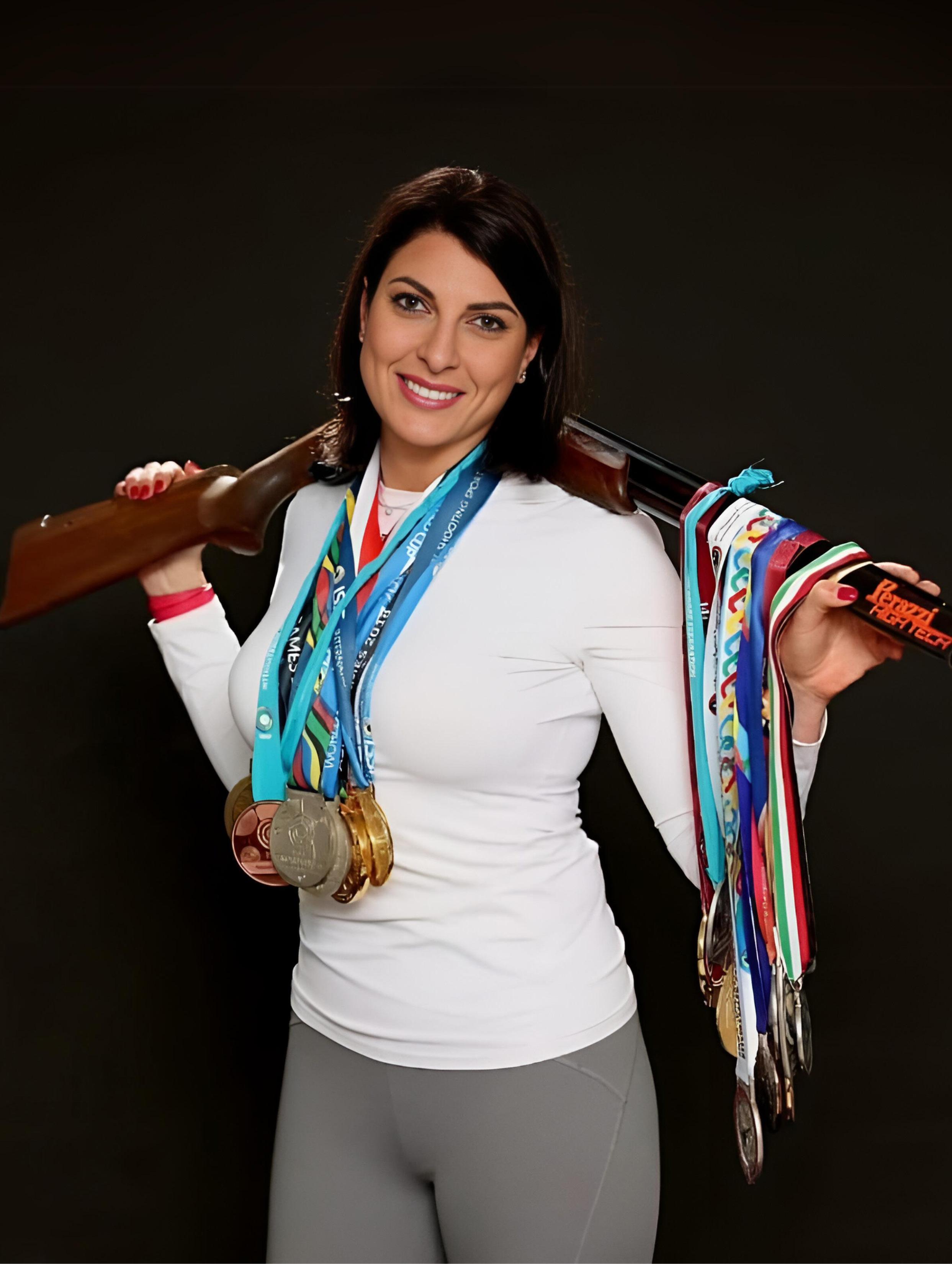
Ray Bassil has been a prominent figure in the world of trap shooting for over two decades. Growing up in the village of al-Hawania in Lebanon, her passion for the sport was ignited at an early age. Encouraged by her father, Jacques, who was an enthusiastic weightlifter, Ray started trap shooting at just eight years old. Her early exposure to the sport was further fueled by her family’s sporting background and her parents were both volleyball champions.
From the outset, Ray displayed a natural talent and determination. Her journey into competitive shooting began when she was only fifteen, marking the start of a distinguished career. Over the years, Bassil’s dedication to the sport has led her to achieve remarkable milestones, including eight World Cup medals and significant victories at various championships.
nition
Ray’s career has been marked by several key achievements that highlight her exceptional skills and perseverance. In 2007, she won her first medal at the ISSF Junior World Championships in Nicosia, Cyprus, securing a bronze in her debut international competition. Her impressive performance continued as she went on to represent Lebanon at the 2012 London Olympics, finishing 18th, and at the 2016 Rio de Janeiro Olympics, where she placed 14th. One of her standout moments came in 2016 when she clinched the gold medal at the ISSF World Cup in Nicosia. This victory was a significant milestone in her career, showcasing her prowess on the global stage. She further solidified her reputation by winning gold at the 2019 Asian Shooting Championships in Doha, Qatar, which qualified her for the 2020 Tokyo Olympics.
During the Tokyo 2020 Games, Bassil had the prestigious role of serving as Lebanon’s
flag bearer. Although she finished 21st in the women’s trap event, this honor underscored her significance in Lebanese sports and her lasting dedication to her discipline.
As Ray approached her fourth consecutive Olympic appearance in Paris 2024, she faced a unique set of challenges. Her preparation for the Games was marked by a blend of intense training and personal sacrifices. Ray balanced her training between Lebanon and Italy, navigating a complex backdrop of political and economic instability in her home country. Lebanon’s ongoing crisis, characterized by severe financial hardships and political unrest, posed additional difficulties for Ray and other athletes.
Ray’s preparation was supported by a combination of personal effort and sponsorships. Despite the lack of financial support from Lebanese institutions, she managed to train rigorously, driven by her ambition to bring an Olympic medal to her country. Her dedication to the sport was evident in her extensive training regime, which included regular sessions in Italy and Lebanon.
“
My inspiration for entering the aesthetics industry came from my own experiences as a client seeking high-quality beauty treatments in a clean and modern environment.
The Paris 2024 Olympics marked a poignant moment for Ray. Despite her best efforts, she did not advance to the final round of the women’s trap shooting event. Starting the final qualifying rounds in 13th place, she struggled to maintain her position and ended up in 21st place overall. Her scores—23 and 20 in the final rounds—totaled 114 out of 125, falling short of the top six required to make it to the final.
In an emotional Instagram post, Bassil expressed her regret at not being able to secure a medal for Lebanon. She acknowledged the disappointment but also expressed gratitude to her supporters and sponsors. She reflected on the nature of sports, where success can hinge on minute differences, and reaffirmed her hope for better outcomes in future competitions.
Ray’s journey is a testament to her resilience and dedication. Competing in her fourth Olympics amidst significant personal and national challenges, she has remained a symbol of hope for Lebanese athletes. Her career reflects the broader struggles faced by athletes from nations with limited resources, highlighting the significant personal sacrifices required to compete at the highest levels.
Despite the setback at Paris 2024, Ray Bassil’s legacy as a trailblazer in trap shooting remains intact. Her efforts to represent Lebanon on the Olympic stage and her contributions to the sport have left a lasting impact.
Looking ahead, Ray Bassil continues to inspire with her perseverance and commitment. Her journey through triumphs and challenges serves as a powerful reminder of the strength and determination required to excel in sports, especially in the face of adversity.
Dunya Abu Taleb, a trailblazer in Saudi Arabian sports, made headlines during the 2024 Paris Olympics as she sought to sketch her name into history. Competing in the women’s 49kg taekwondo category, the 27-yearold aimed to become Saudi Arabia’s first female Olympic medalist, a feat that would mark a significant milestone for both her career and the broader narrative of women’s sports in the Kingdom.
Growing up in Jeddah, she discovered her passion for taekwondo at the tender age of eight. Her father, a martial arts enthusiast, recognized her potential early on and decided to teach her the Korean martial art, which would later define her career. In a society where sports for women were heavily restricted, Abu Taleb faced numerous obstacles. With no other girls practicing taekwondo in Saudi Arabia, she trained with boys, often covering her hair with a scarf or hat to blend in.
Dunya’s father played a crucial role in her development as an athlete and supported her through the societal challenges she faced and took pride in her ability to defeat boys in fighting sessions. His belief in her potential fueled her drive and motivated her to push beyond her limits. However, her journey was not without setbacks. When she was discovered practicing in sports centers, she was prohibited from returning, forcing her to continue training at home under the guidance of her brother’s coach.
After her father’s tragic passing, Abu Taleb took on the responsibility of caring for her family while continuing her studies and training. Drawing strength from her father’s teachings and her mother’s prayers, she persevered with determination to succeed for both her family and her country.
Dunya first gained international attention when she clinched a bronze medal at the
World Taekwondo Championships in Guadalajara in 2022. This achievement marked a turning point in her career, establishing her as a formidable competitor on the global stage. Her success was not just a personal triumph but also a reflection of the changing landscape for women in Saudi Arabia. As the first Saudi woman to qualify for the Olympics outright, without requiring a special invitation or wildcard, Dunya became a symbol of the progress unfolding in the Kingdom.
As she prepared for the 2024 Paris Olympics, Dunya knew that the stakes were high. She was coached by Kurban Bogdaev, a seasoned trainer who had previously guided Tunisia’s Mohamed Khalil Jendoubi to a silver medal at the Tokyo 2020 Olympics. Under Bogdaev’s mentorship, Dunya honed her skills and prepared to face the world’s best athletes. Her mindset going into the Olympics was clear: “As the first Saudi woman to qualify for the Olympics, I have reached the stage of kill or be killed,” she told AFP. “I have reached a place where I must achieve something.”
Dunya’s Olympic journey began with a challenging match against Israel’s Abishag Semberg. The stakes were high, not just for the competition itself, but also because of the broader geopolitical context. The Israel-Palestine conflict added an extra layer of tension to the match, with fans from both sides filling the stands, their cheers amplifying the intensity of the moment. Dunya triumphed decisively, with scores of 2-6, 5-4, and 100, marking a significant victory on multiple fronts. It was a win that resonated far beyond the scoreboard, symbolizing the complex intersection of sports and international relations.
However, the road to Olympic glory is rarely smooth, and Dunya’s journey was no exception. In the quarterfinals, she faced Panipak Wongpattanakit, the reigning Olympic champion. Despite a strong performance, she was unable to secure the win, which meant she would not advance to the semifinals. Yet, her Olympic journey was not over. She advanced to the bronze medal playoff, where she faced
Mobina Nematzadeh. In a fiercely contested match, Dunya fell just short of reaching the podium, missing out on what would have been a historic medal.
While not securing a medal was undoubtedly a bittersweet moment for Dunya, her presence at the Olympics was, in itself, a triumph. Her participation symbolized the progress Saudi Arabia has made in supporting female athletes, a testament to the Kingdom’s evolving attitudes towards women in sports. In recent years, the country has made significant strides in encouraging women to participate in sports, breaking down barriers that once seemed insurmountable. Dunya’s journey is a reflection of this broader cultural shift, and her story continues to inspire a new generation of female athletes in the Kingdom.
Beyond her athletic heroism, Dunya’s story is one of resilience and determination. Her path to the Olympics was marked by challenges that would have deterred many, but she refused to be held back. She continued to train with male counterparts, as finding female opponents of the same caliber was difficult. The commitment and focus required to compete at an international level demand sacrifices, and Abu Taleb has made many.
Despite the hardships, Dunya remains committed to her mission. She views her role not just as an athlete, but as an ambassador for women’s sports in Saudi Arabia. She is determined to represent her country on the world stage and to inspire others to follow in her footsteps. Her advice to aspiring athletes is simple but powerful: “Do not let any excuse or obstacle control your mind. Fight the first war with your mind. There are always solutions to reach your dream.”
Dunya Abu Taleb’s journey is far from over. Her performance at the 2024 Paris Olympics, while not resulting in a medal, has left a lasting impact. She has shown the world what Saudi women are capable of, breaking down barriers and challenging stereotypes.
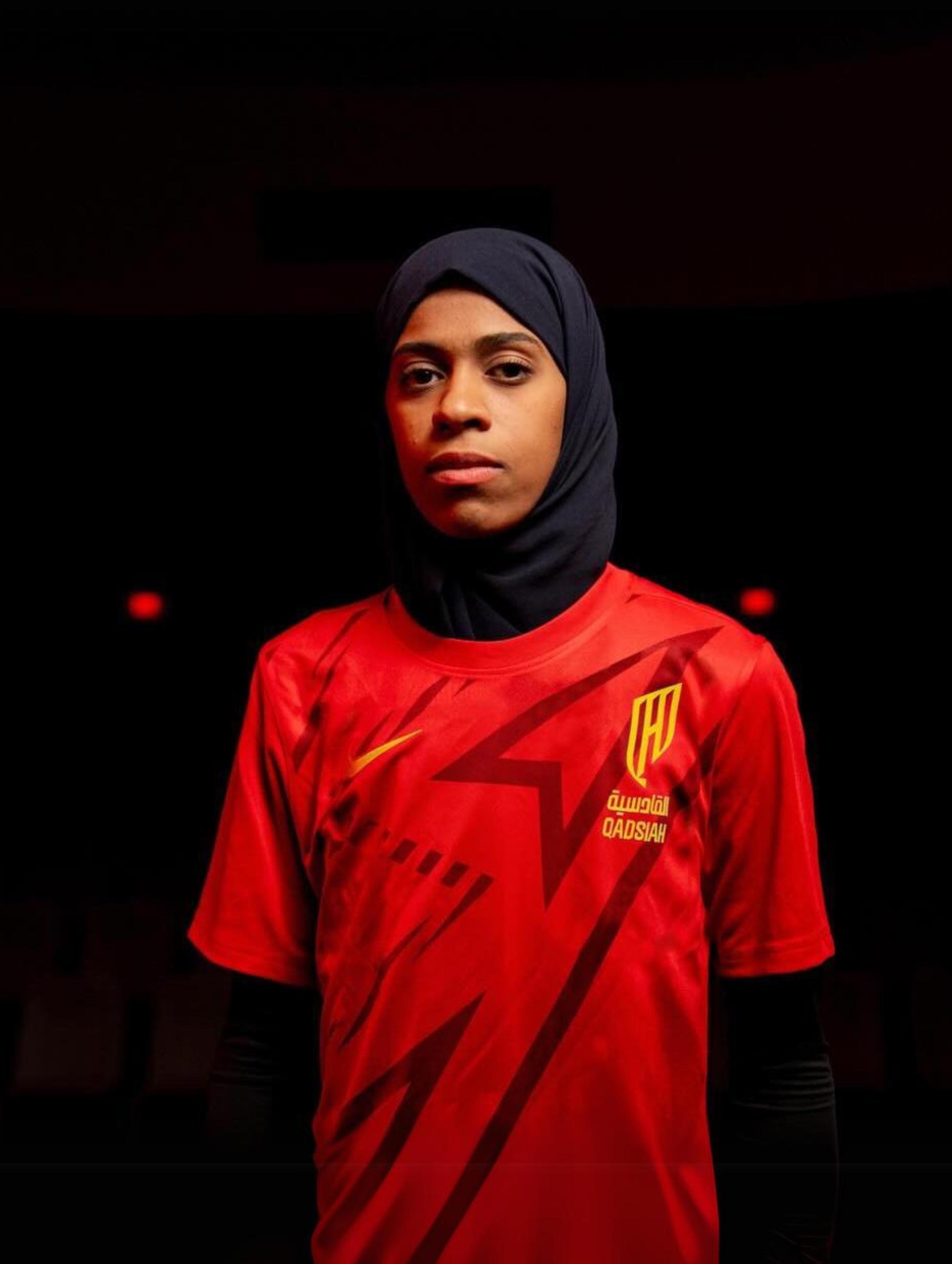
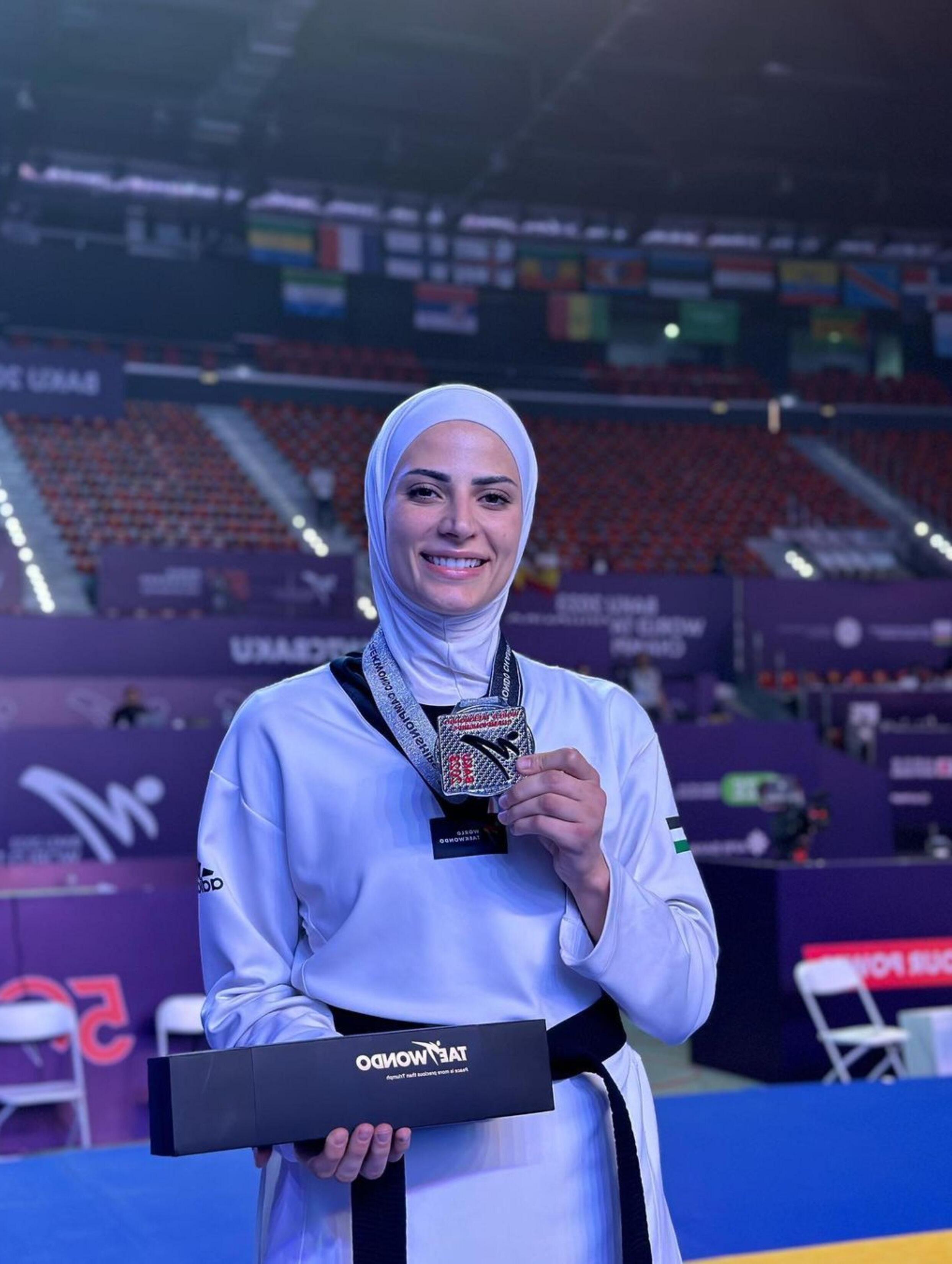
Jordan’s Julyana Al Sadeq stands as a beacon of resilience and determination, showcasing the power of perseverance in the face of adversity. From the disappointment of missing out on the Rio 2016 Olympics to becoming one of the top contenders for a medal in Paris 2024, her journey is a remarkable story of grit, hard work, and an unyielding passion for taekwondo.
In 2016, Julyana was on the brink of giving up taekwondo. Missing out on the Rio Olympics was a bitter pill to swallow, leaving her doubting her future in the sport. The Olympic dream, which had once seemed within reach, suddenly felt like a distant fantasy. Yet, instead of letting this setback define her, Julyana used it as fuel to push herself harder. She chose to confront her doubts head-on and emerged stronger, determined to prove to herself and her country that she belonged on the world stage.
Her perseverance paid off. Fast forward to 2024, and Julyana is now one of the top athletes in her division, competing in the women’s -67kg taekwondo category. Her rise to the top has been nothing short of inspiring, characterized by a relentless work ethic and an openness to explore the mental aspects of elite sports. This journey not only marked her personal growth but also coincided with a golden era for Jordanian taekwondo.
Jordan’s taekwondo success story is exemplified by Julyana remarkable achievements. Her journey is highlighted by two gold medals at the Asian Championships and a notable 11th place finish at the Tokyo 2020 Olympics, where she also had the honor of being Jordan’s flag-bearer. Her standout moment came in December 2022 when she became the first Jordanian and Arab woman
to top the world taekwondo rankings after her victory at the Saudi Grand Prix. Julyana’s accomplishments reflect her resilience and dedication, showcasing the significant strides Jordan has made in taekwondo.
Julyana’s journey has not been without its challenges, both on and off the mat. Her failure to qualify for the Rio 2016 Olympics was a turning point that forced her to confront her mental health. Recognizing the importance of psychological resilience in sports, she began working with a sports psychologist, seeking insights from other athletes who had faced similar struggles. This focus on mental strength became a cornerstone of her training, helping her to bounce back stronger and more determined than ever.
Beyond the personal challenges, Julyana also faced societal pressures. As an Arab woman pursuing a career in a combat sport, she encountered resistance and scepticism. However, with the unwavering support of her family and mentors, she learned to rise above these challenges. Despite social pres-
“
My inspiration for entering the aesthetics industry came from my own experiences as a client seeking high-quality beauty treatments in a clean and modern environment.
sures, it helped her stay true to her path. Their belief in her abilities gave her the strength to continue, even when the odds were against her.
Julyana’s success has also contributed to changing attitudes towards women in sports within her community. She has become a role model for young girls in Jordan and beyond, inspiring them to pursue their athletic dreams.
Julyana’s performance at the Paris 2024 Olympics marked a key moment in her taekwondo career. Competing as one of the top six athletes globally, Julyana demonstrated significant progress since Tokyo, where she had secured her spot through the Asian Qualification Tournament. Her meticulous preparation included intense training sessions and leveraging her Olympic Solidarity scholarship, which alleviated financial concerns and provided access to world-class coaching and resources.
Her journey in Paris was also a symbol of broader progress. As a trailblazer in taekwondo, her participation in the first Olympics to achieve full gender parity on the field underscored a commitment to equality in sports. Not only did she further her own career, but she also aimed to inspire the next generation of female athletes.
For Julyana, Paris 2024 is not just the culmination of years of hard work but also a stepping stone towards even greater achievements. Her journey is a powerful reminder of the importance of resilience, mental strength, and community support. As she steps onto the Olympic stage once again, she carries with her the hopes of a nation and the dreams of countless young girls who see in her a reflection of their own potential.


Podcast Episode 01
Visionary Voice
“Keeping your heart and eyes open"




The landscape of sports is increasingly defined by the remarkable contributions of women athletes who are breaking barriers and setting new standards across various disciplines. This edition of the magazine focuses on the incredible achievements and ongoing impact of international women in sports, celebrating their successes and exploring how they are reshaping the athletic world.
Women in sports have long been at the forefront of challenging traditional norms and expanding the boundaries of what is possible. As more female athletes gain recognition, they not only elevate their respective sports but also inspire a new generation of young women to pursue their athletic dreams.
Highlighting this transformation, several athletes stand out for their groundbreaking achievements. Imane Khelif, an Algerian boxer, is a prime example of the growing acceptance and visibility of women in boxing. Her success in a traditionally male-dominated sport signifies a positive shift in attitudes toward female athletes in regions where women’s participation in sports is still developing.In distance running, Sifan Hassan has made headlines with her historic performances.
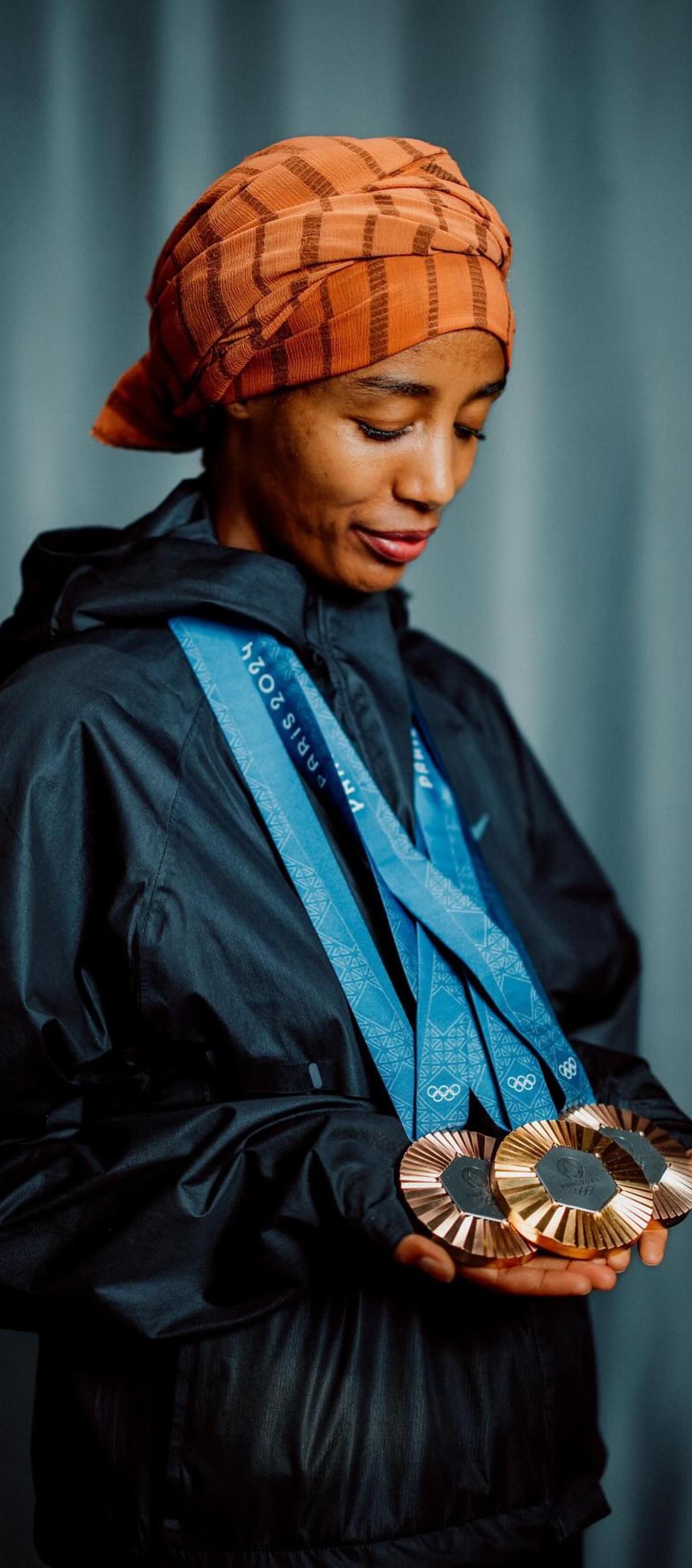
At the Paris 2024 Olympics, Sifan victories and record-setting achievements have showcased the exceptional capabilities of female runners and underscored their growing prominence on the global stage. Her accomplishments are a testament to the expanding opportunities and recognition for women in athletics.
Climbing, too, has seen a surge in female participation and achievement, with Janja Garnbret leading the way. Janja dominance in bouldering and her historic World Cup season reflect the sport’s growing popularity and the increasing acknowledgment of women climbers. Her success is a clear indicator of the evolving landscape of climbing and the rising status of female athletes in this field.
Gymnastics remains another area where women continue to set new standards, with Simone Biles exemplifying unparalleled greatness. Her career is marked by extraordinary performances and a powerful narrative of resilience. Simone achievements have not only redefined gymnastics but also highlighted the broader movement towards recognizing the strength and determination of female athletes.
Likewise, judo is also experiencing a shift in how female athletes are perceived, with Clarisse Agbégnénou’s journey illustrating the
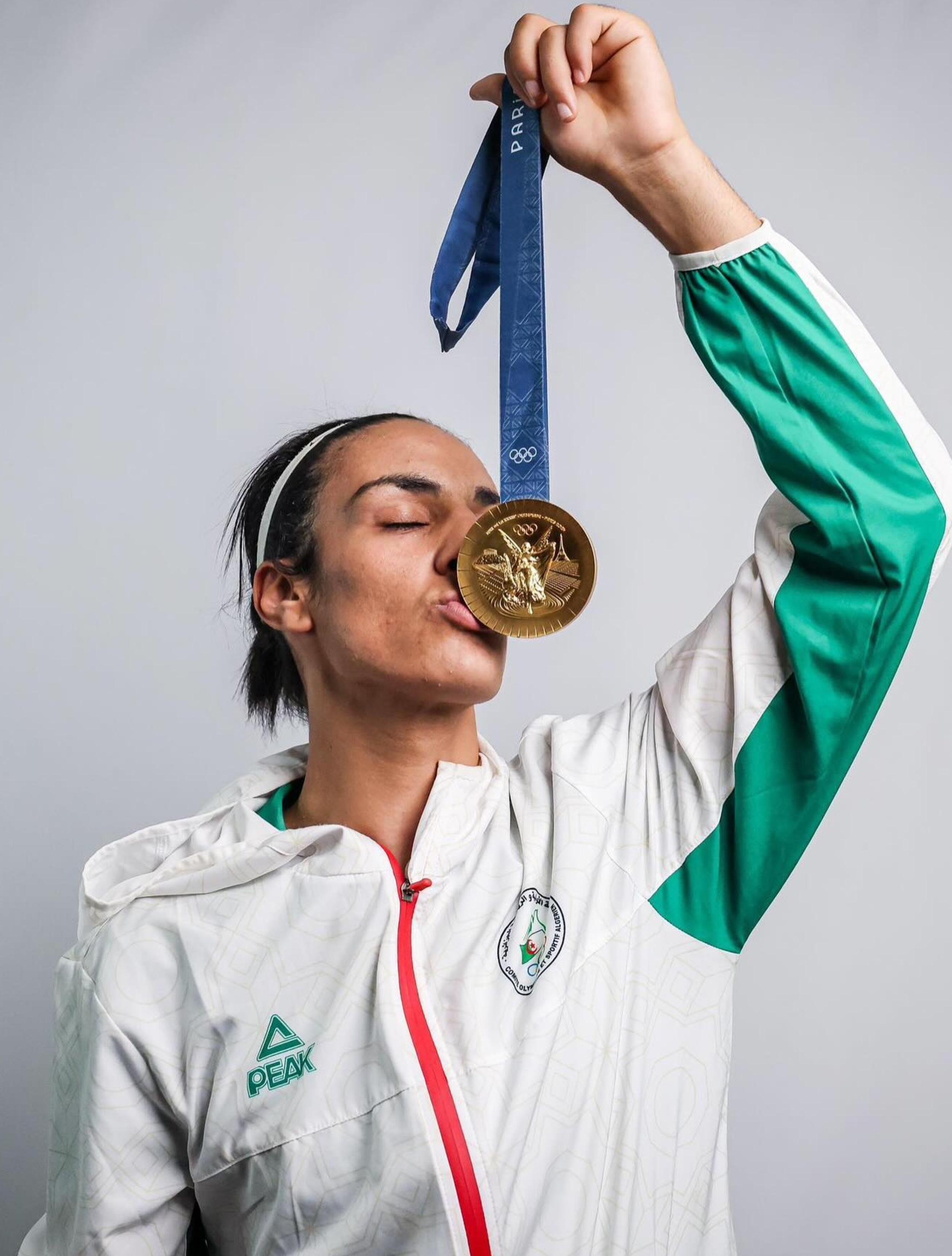

evolving role of women in sports. Her balancing act between motherhood and competition underscores the ongoing changes and support for women athletes as they navigate their careers and personal lives. This issue of the magazine delves into the stories of these and other outstanding female athletes, offering a closer look at their contributions and the broader impact on the world of sports.
Moreover, it’s important to mention that there were numerous female athletes at the Paris 2024 Olympics who garnered high praise for their remarkable achievements across various sports. Athletes like Katie Ledecky dazzled in swimming, continuing her dominance in freestyle events and adding to her impressive medal tally. Elaine Thompson-Herah impressed with her sprinting prowess, reaffirming her status as one of the fastest women in the world. Eliud Kipchoge made headlines in the marathon, though not a female athlete, his race showed how women runners are continually pushing boundaries. Additionally, Athing Mu delivered a stunning performance in track and field, showcasing the rising talent and potential in women’s middle-distance running. These athletes, among others, highlighted the diverse spectrum of female excellence at the Games, illustrating the breadth of talent and the ongoing evolution of women’s sports on the global stage.
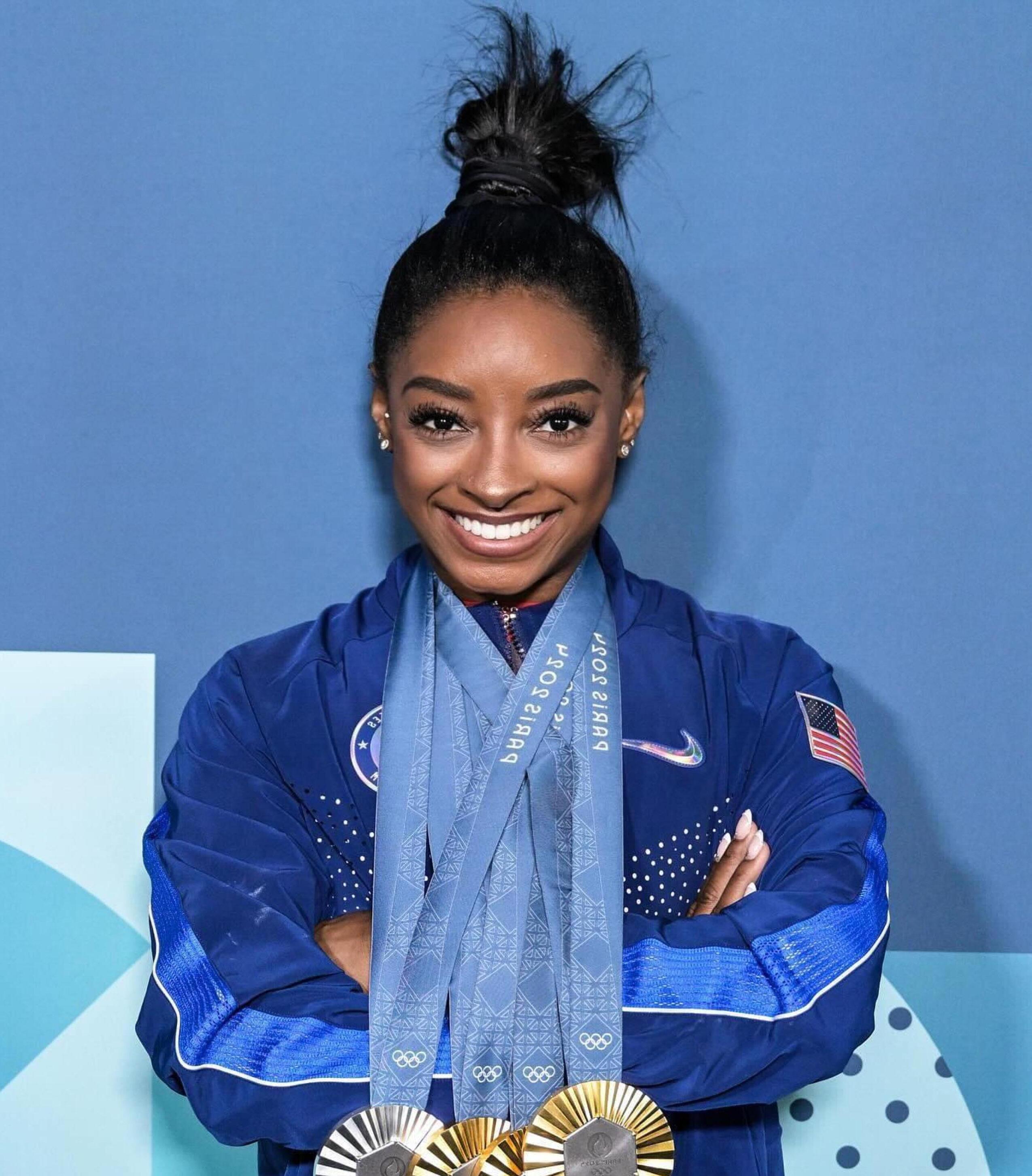
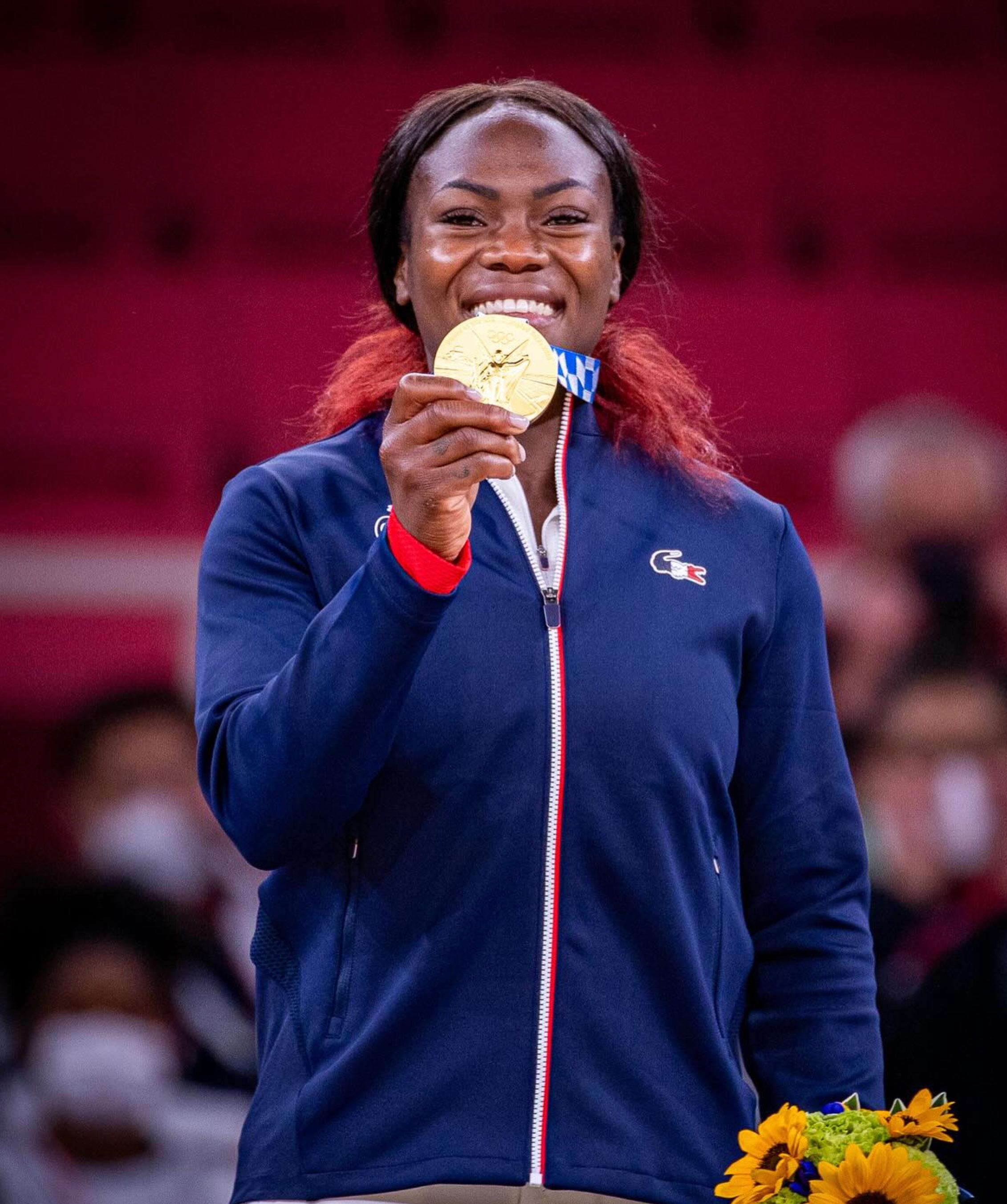
Sifan Hassan’s story is one of extraordinary strength and unparalleled achievement. Born in Adama, Oromia, Ethiopia, and raised in the rural landscapes of Kersa, Sifan’s journey to the pinnacle of athletics is nothing short of inspirational. Fleeing Ethiopia as a refugee at the age of 15, she found a new home in the Netherlands in 2008. Balancing her nursing studies with her newfound passion for running, Sifan quickly established herself as a formidable force in middle- and long-distance running. In 2013, she obtained Dutch citizenship, marking the beginning of her extraordinary athletic career.
Sifan’s versatility across various distances has set her apart as one of the most remarkable athletes in modern history. Her rise to prominence was marked by a series of exceptional performances at international competitions, but it was the Tokyo 2020 Olympics where she truly cemented her legacy. In Tokyo, Sifan made history by winning gold medals in both the 5,000 meters and 10,000 meters, as well as a bronze in the 1,500 meters. This incredible feat made her the first athlete to win medals in both middle- and long-distance events at a single Olympic Games, showcasing her unparalleled adaptability and stamina.
Fast forward to the Paris 2024 Olympics, Sifan continued to confront expectations. After claiming bronze medals in the 5,000 meters and 10,000 meters, she capped off an incredible week by winning gold in the women’s marathon, setting a new Olympic record of 2:22:55. This victory made her the only woman in history to win Olympic gold in the 5,000 meters, 10,000 meters, and marathon. The marathon win was especially dramatic, as Sifan outpaced Ethiopia’s Tigist Assefa in a thrilling sprint finish, securing her place in the record books.
Her success on the track and road is not just about her physical abilities, but also her mental fortitude. In a post-race interview, she reflected on her journey, saying, “I feel like I am dreaming. At the end, I thought, ‘This is just a 100-meter sprint. Come on, Sifan. One more. Just feel it, like someone who sprints 200 meters.’” Her ability to push through the
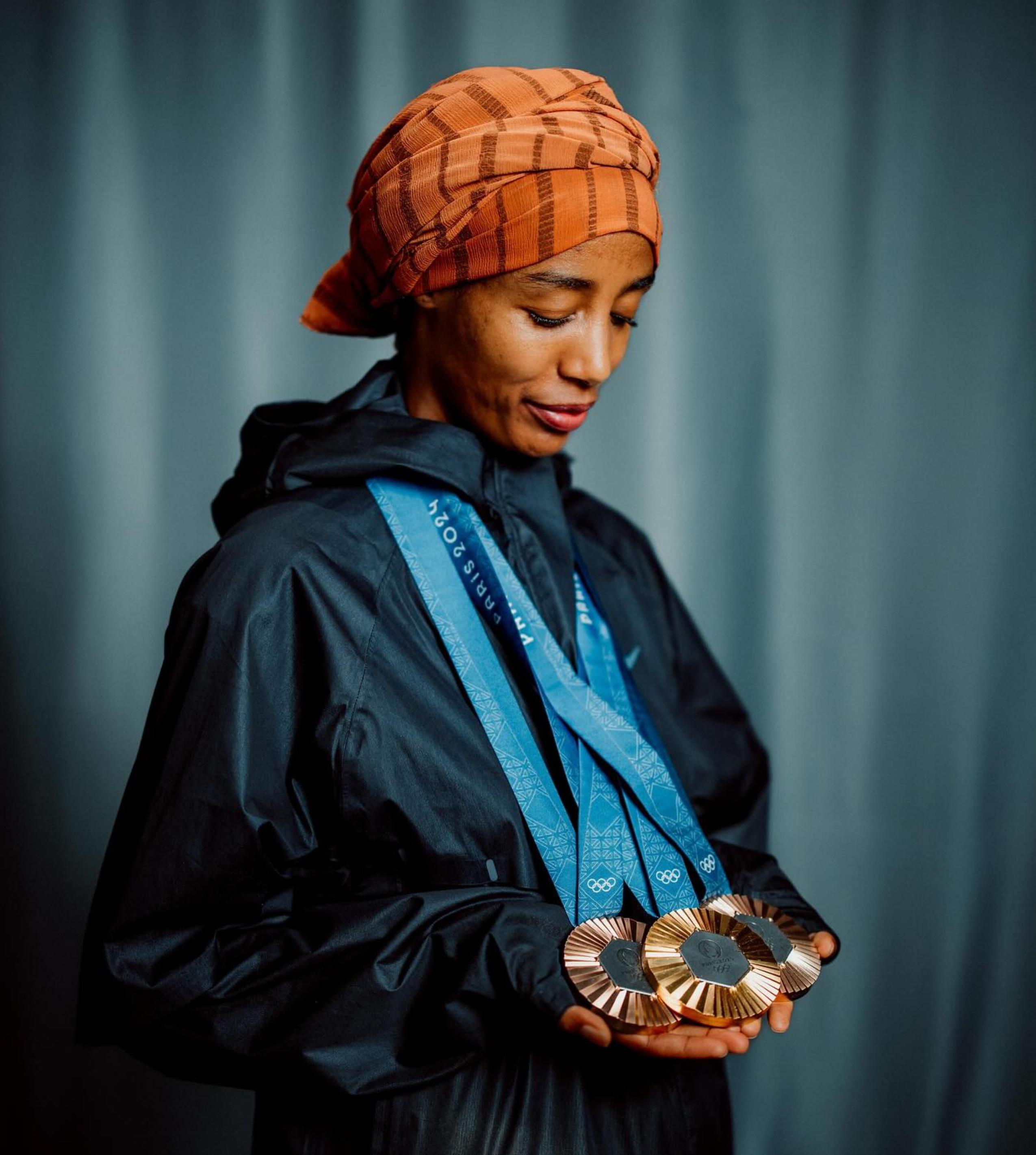
pain and exhaustion in the final moments of a grueling race demonstrated her unyielding spirit and relentless pursuit of excellence.
Beyond her Olympic triumphs, Sifan has also made a significant impact on the marathon circuit. She made her marathon debut in 2023, winning the London Marathon with an impressive time of 2:18:33. She followed this up with a record-breaking performance at the Chicago Marathon, where she set a new course record with a time of 2:13:44, mak-
ing it the second-fastest women’s marathon ever run. These achievements have solidified her status as one of the greatest runners of all time, with a legacy that will inspire future generations of athletes.
Sifan’s journey from refugee to Olympic champion is a powerful reminder of the transformative power of sport. As she continues to break records, Sifan remains an inspiration, proving that with dedication and hard work, anything is possible.
In the ever-evolving landscape of international sports, where boundaries are constantly being pushed, few athletes embody resilience and triumph like Imane Khelif. This 25-year-old Algerian boxer has not only risen to prominence through her skill in the ring but has also become a symbol of determination amidst controversy. Her victory at the Paris Olympics is a powerful demonstration of her unwavering spirit and her ability to overcome the many obstacles that have come her way.
From Rural Beginnings to the World Stage
Imane Khelif was born in 1999 in Tiaret, a rural village in western Algeria, where she spent her early years playing soccer with the local boys. It was through these games, where she often found herself ducking punches, that her passion for boxing was ignited at the age of 16. Khelif’s upbringing was marked by challenges, as her family struggled financially. Her father worked as a welder in the desert, and to fund her training, Khelif and her mother resorted to selling scrap metal and homemade couscous. Despite the hardships, Khelif’s determination never wavered, and she eventually caught the attention of the Algerian national boxing team.
Her entry into the world of competitive boxing was far from easy. After making her major tournament debut in 2018 at the International Boxing Association (AIBA) World Championships, Khelif faced a series of early losses, including a first-round exit in her initial appearance. However, these setbacks only fueled her desire to improve, and she quickly began to establish herself as a formidable competitor in the ring.
Khelif’s rise in the world of women’s boxing has been nothing short of remarkable. She has accumulated an impressive amateur record of 36 wins and 9 losses, and her achievements have garnered her international acclaim. At the 2022 World Championships in Istanbul, Khelif made history by earning a silver medal in the Light Welter-
weight division, becoming the first African woman to do so in this category. This victory was followed by gold medals at both the 2022 African Championships in Maputo and the Mediterranean Games in Oran.
Her success continued into 2024, where she clinched gold at the prestigious Strandja Memorial Tournament in Sofia, Bulgaria, defeating Russian boxer Nataliya Sychugova in the 63 kg category. These victories solidified Khelif’s status as one of the leading figures in women’s boxing, positioning her as a top contender for the Paris Olympics.
Despite her remarkable achievements, Imane journey has not been without its controversies. In 2023, just hours before she was set to compete for gold at the World Championships in Delhi, Imane was disqualified by the International Boxing Association (IBA) for failing to meet the eligibility criteria for the women’s division. The disqualification was reportedly due to her testosterone levels exceeding the limits set by the IBA, a decision that sparked widespread debate and scrutiny.
However, the International Olympic Committee (IOC) later cleared Khelif to compete in the 2024 Paris Olympics under its more inclusive regulations regarding gender eligibility. This decision was a significant milestone in Imane’s career, allowing her to continue pursuing her dream of Olympic gold despite the setbacks she had faced.
“
This is probably the biggest sporting success I have ever had and the most special feeling.
Imane made history by winning the gold medal at the 2024 Paris Olympics. Her victory, however, has ignited discussions surrounding the complexities of sports regulations and gender identity. Imane’s case underscores the challenges that athletes, particularly women, face in navigating the often controversial landscape of sports governance. The scrutiny surrounding her eligibility has highlighted the need for clearer and more consistent guidelines in addressing issues related to gender in sports.
Beyond her accomplishments in the ring, Imane has emerged as a symbol of empowerment for women, both in Algeria and around the world. Her story resonates with countless individuals who have faced adversity, illustrating that perseverance and hard work can overcome even the most daunting obstacles. Imane’s rise from a small village to the global stage of the Olympics serves as an inspiration to young girls everywhere, particularly those in regions where opportunities for women in sports are still limited.
Her impact extends beyond her athletic achievements. Earlier this year, she was appointed as a UNICEF national ambassador, a role that allows her to advocate for children’s rights and empowerment. Her journey, marked by resilience and determination, aligns with UNICEF’s mission to ensure that every child has the opportunity to reach their full potential. Through her work with UNICEF, Imane is using her platform to inspire the next generation of athletes and leaders.
In Imane Khelif, we see the embodiment of strength and the unyielding pursuit of excellence. She has shown that true champions are not defined solely by their victories but by their ability to overcome hardship and continue fighting, both in and out of the ring. Her story serves as a beacon of hope and inspiration for all who dare to dream, reminding us that the greatest victories are often won not just with skill, but with heart.

Janja Garnbret, Slovenia’s climbing star, has once again ascended to the pinnacle of her sport, defending her Olympic title at the Paris 2024 Olympics. At just 25, Janja has solidified her status as the greatest sport climber in history, with back-to-back gold medals in the Boulder & Lead combined event. Her dominance in the sport is not just a matter of skill but a testament to her relentless drive, resilience, and the unique style that has captivated climbing enthusiasts around the world.
Her journey to becoming a double Olympic champion is rooted in a childhood filled with boundless energy and a love for climbing anything within reach. Her parents, recognizing her natural inclination, enrolled her in a climbing course, sparking a lifelong passion. It was on the artificial walls of Slovenia that Garnbret first discovered her love for the sport, and it wasn’t long before she began her meteoric rise through the ranks of competitive climbing.
By the age of 14, Janja had made the Slovenian Junior Team and quickly established herself as a force to be reckoned with. Her debut season culminated in the title of European Youth Champion, and she soon added a gold medal in bouldering to her achievements. From there, Janja’s career took off, with each year bringing new titles and records. In 2016, she made her debut in the Sport Climbing World Cup, where she won the World Championship in lead climbing and the Overall World Cup in both lead and combined disciplines.
Janja’s defining moment arrived in 2019 when she made history by sweeping every event in the bouldering World Cup season, becoming the first climber—male or female—to achieve this remarkable feat. Her dominance extended to the World Championships in Hachioji, Japan, where she captured titles in all three categories: lead, boulder, and combined. This unparalleled success set the stage for her debut at the Tokyo 2020 Olympics, where sport climbing made its first appearance as an Olympic discipline.
The Tokyo Olympics were a significant milestone not just for Janja but for the sport of climbing as a whole. Despite the challenges
posed by the COVID-19 pandemic, which delayed the Games by a year, she remained focused and determined. Her efforts paid off, when she won the first-ever Olympic gold medal in sport climbing, making history once again.
Janja’s success in Tokyo was a defining moment, but she was far from finished. In 2022, she completed her trophy collection by becoming a triple European champion in lead, bouldering, and combined disciplines at the European Climbing Championships in Munich. This achievement underscored her versatility and commitment to excellence across all formats of the sport. In Paris 2024, Janja’s gold medal in the Boulder & Lead combined event was a victory not just for her but for her entire country. Her win marked Slove-
nia’s second gold medal at the Games and further cemented her legacy as the greatest climber of her generation. Unlike in Tokyo, where the combined event included a speed climbing segment, Paris saw the event split, allowing Janja to focus on her strengths in lead and bouldering—disciplines where she has consistently dominated.
Beyond her physical skills, Janja’s style is often described as a blend of strength, grace, and artistic expression. When she climbs, it is as if she defies gravity, moving with a fluidity and precision that makes her seem weightless. Off the wall, she practices yoga to maintain her focus and enjoys fast-paced activities like Formula One racing, reflecting her love for speed and excitement.
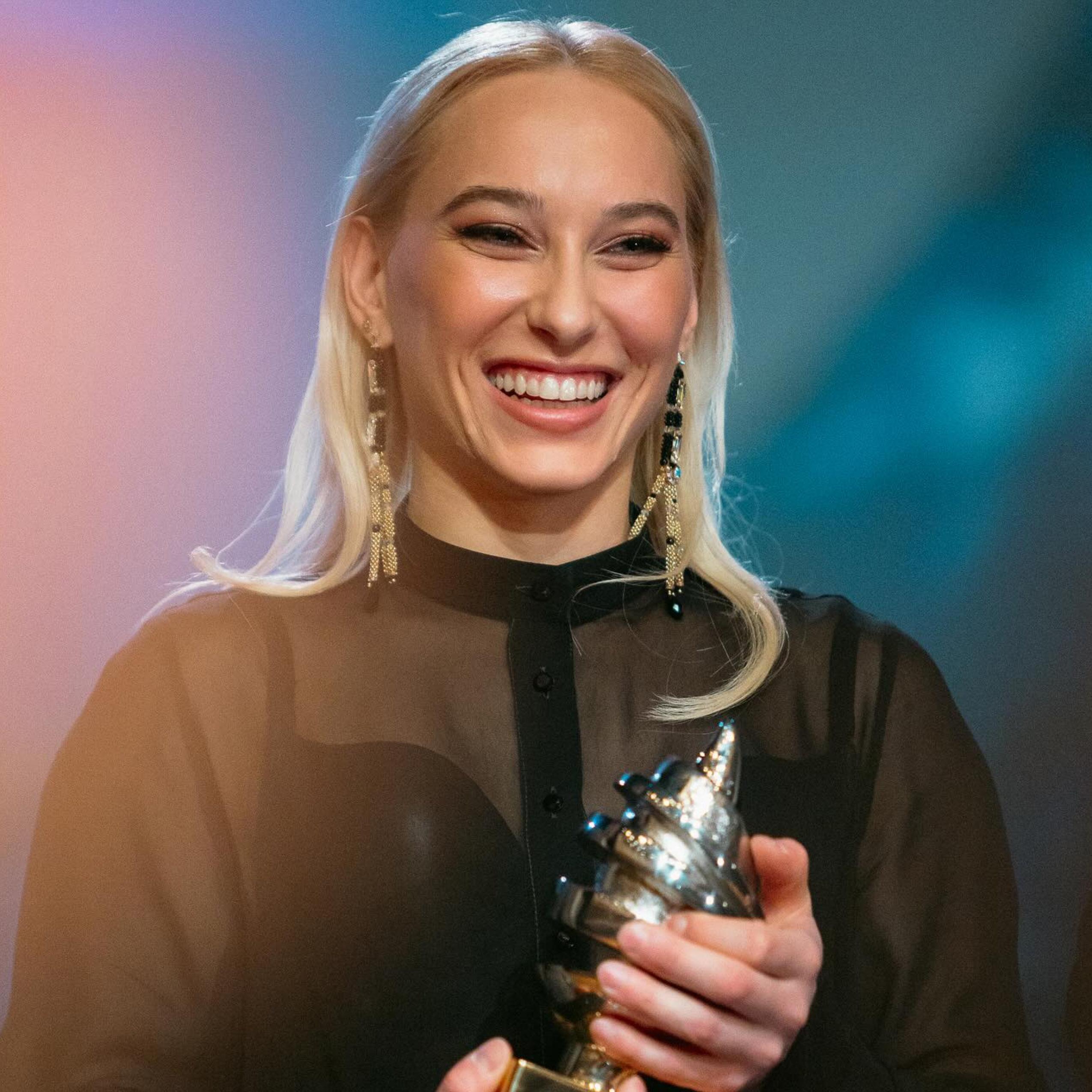
Simone Biles, often hailed as the greatest gymnast of all time, has once again proven her mettle at the Paris 2024 Olympics. At 27 years old, Simone return to the Olympic stage after a challenging period has not only captivated the world but also cemented her legacy as one of the most decorated athletes in history. Her journey to Paris, marked by personal struggles and a triumphant comeback, serves as a powerful narrative of perseverance, mental strength, and sheer determination.
Simone journey to the Paris 2024 Olympics is nothing short of extraordinary. After a highly publicized withdrawal from the Tokyo 2020 Olympics due to mental health concerns, including the infamous “twisties” that jeopardized her spatial awareness mid-air, Simone took a much-needed break from the sport. This two-year hiatus was a period of introspection and healing, allowing her to focus on her mental well-being, an aspect often overshadowed in the high-pressure world of elite sports. In 2023, she made a remarkable return to competitive gymnastics, winning the U.S. national all-around title and clinching four gold medals at the World Championships, signaling that she was back and better than ever.
In Paris, Simone displayed her exceptional talent and mental fortitude by securing three gold medals and one silver, bringing her total Olympic medal count to nine, where seven of which are gold. Her victories in the team event, all-around, and vault showcased her enduring skill and unyielding spirit. The silver medal in the floor exercise, while a close finish, further highlighted her consistent excellence across multiple events.
What makes Simone Paris 2024 performance particularly inspiring is not just the medals but the message she conveyed through her journey. Her story is one of redemption, not only from the challenges she faced in Tokyo but from the societal pressures that often weigh heavily on athletes. She has become an advocate for mental health, using her platform to emphasize the importance of prioritizing well-being over the pursuit of accolades.
Simone career, which began at the age
of six during a daycare field trip, has been marked by an unyielding passion for gymnastics. Her early love for the sport quickly translated into an illustrious career, filled with numerous medals and accolades from global competitions. Despite her overwhelming success, Simone remains driven by the same passion that fueled her as a young girl. This dedication was poignantly captured in a recent Instagram story, where she shared a picture of her younger self with the caption, “doing it for her. Small girl, big dreams.” This sentiment encapsulates Biles’ enduring commitment to gymnastics and her desire to
inspire future generations.
In addition to her athletic prowess, Simone support system has played a crucial role in her journey. Her family, particularly her mother, Nellie Biles, has been a constant source of strength. During the Tokyo Games, Nellie stood by her daughter’s decision to prioritize mental health over competition. Now, in Paris, Simone’s family, including her husband, NFL player Jonathan Owens, has been there to cheer her on, providing the emotional support that has been instrumental in her successful return.
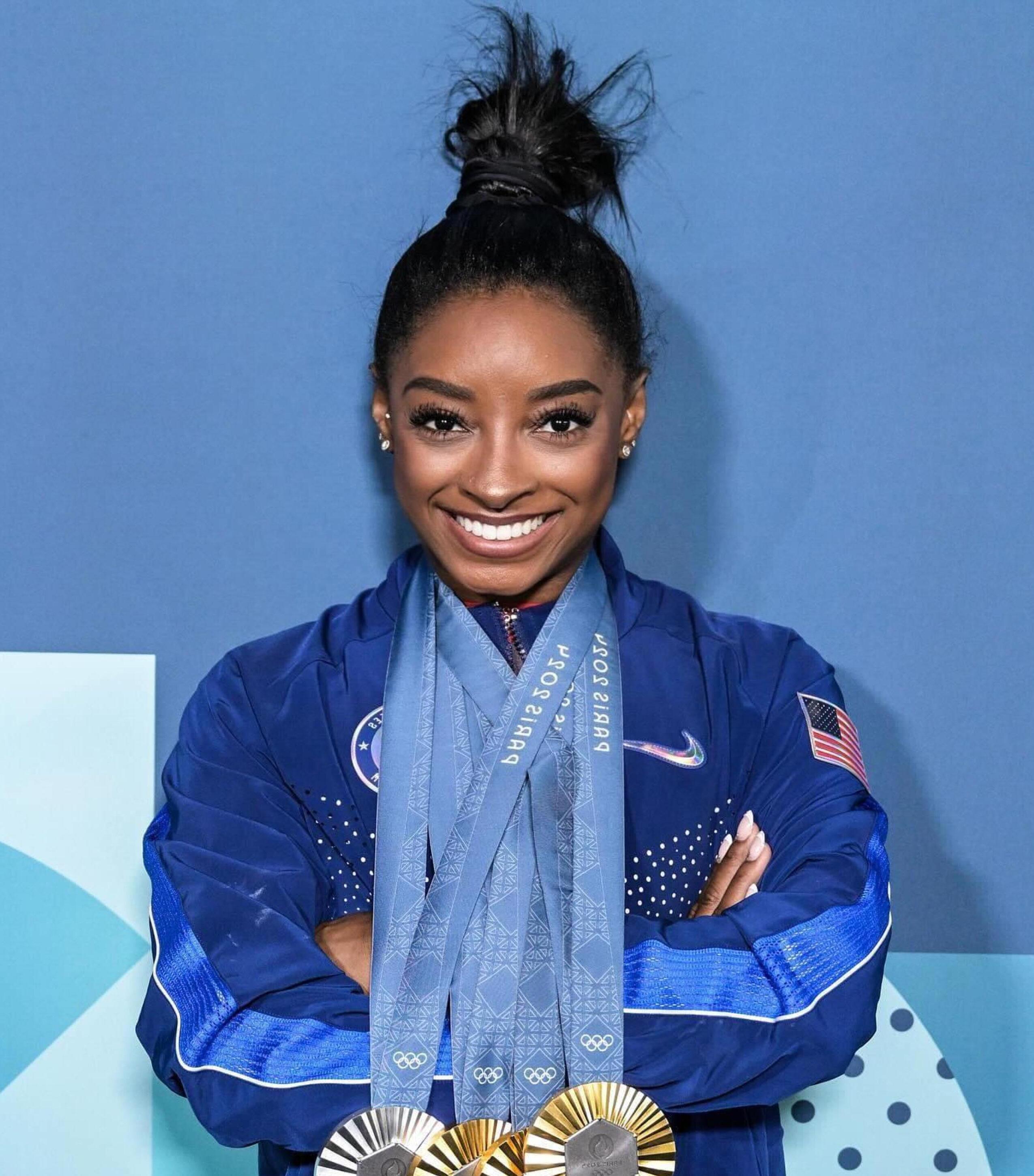
Clarisse Agbégnénou story is one of resilience, determination, and breaking boundaries. As one of France’s most beloved sports figures, Clarisse has not only dominated the judo world but has also redefined what it means to be a mother and an elite athlete.
At 31 years old, Clarisse is a judo legend. Her impressive career includes six world championship titles and two gold medals from the Tokyo 2020 Olympics. But the Paris 2024 Olympics marked a new chapter in her journey. Competing in the under 63kg category, she earned a bronze medal in front of her home crowd, a testament to her enduring skill and determination.
The road to Paris was not easy for Clarisse. After her triumph in Tokyo, she took a break from judo to start a family, welcoming her daughter Athena in June 2022. Returning to the sport less than a year later, she proved that motherhood did not diminish her competitive edge. In February 2024, she won the Paris Grand Slam, further solidifying her status as a favorite for Olympic gold.
At the Paris Olympics, Clarisse experienced a wave of mixed emotions following her bronze medal win. While she felt proud of her accomplishment, there was also a sense of disappointment. “I have mixed feelings about these Games,” she confessed to a local news agency. “I felt so strong, like I could have won, but despite feeling like the strongest, I didn’t come out on top.” Nonetheless, she recognized the significance of her achievement, particularly as a new mother. “I’m a new mum who doesn’t get much sleep, yet I still earned a medal. Others have the luxury of sleep and don’t have medals, so this is really something incredible, a major accomplishment.”
Her journey is not just about medals, it’s about breaking barriers. She brought her baby to training, challenging the traditional norms of what is expected of elite athletes. Her commitment to being both a mother and a champion has inspired many, and she hopes to pave the way for future generations of women athletes. “I want women athletes who follow me to feel free and legitimate, to break codes to change mentalities and change the rules. We can have a life as a
woman and mother as well as champion at the same time,” she told Le Parisien before competing in Paris.
Beyond her sporting achievements, Clarisse life story adds to her extraordinary persona. Born prematurely in Rennes, France, she faced significant health challenges as a baby, including major kidney surgery. Her early struggles only fueled her determination to succeed. As a teenager, she was talent-spotted and quickly rose through the ranks to become one of France’s biggest judo stars.
Despite her success, Clarisse remains grounded. After her bronze medal win in Paris, she spoke about the importance of
balance and acceptance within her team. “I wanted them to accept me with [my daughter Athena], accept us as a family within the team. It has taken time for all to see how it can work, but really everyone has accepted this,” she shared.
As Clarisse looks ahead, she remains determined to continue her judo career. Though she plans to take some time for holidays and possibly expand her family, she feels stronger both physically and mentally than ever before. Her journey in judo, she believes, is far from over. Clarisse legacy is not just in the medals she has won, but in the barriers she has broken and the inspiration she provides to athletes around the world.
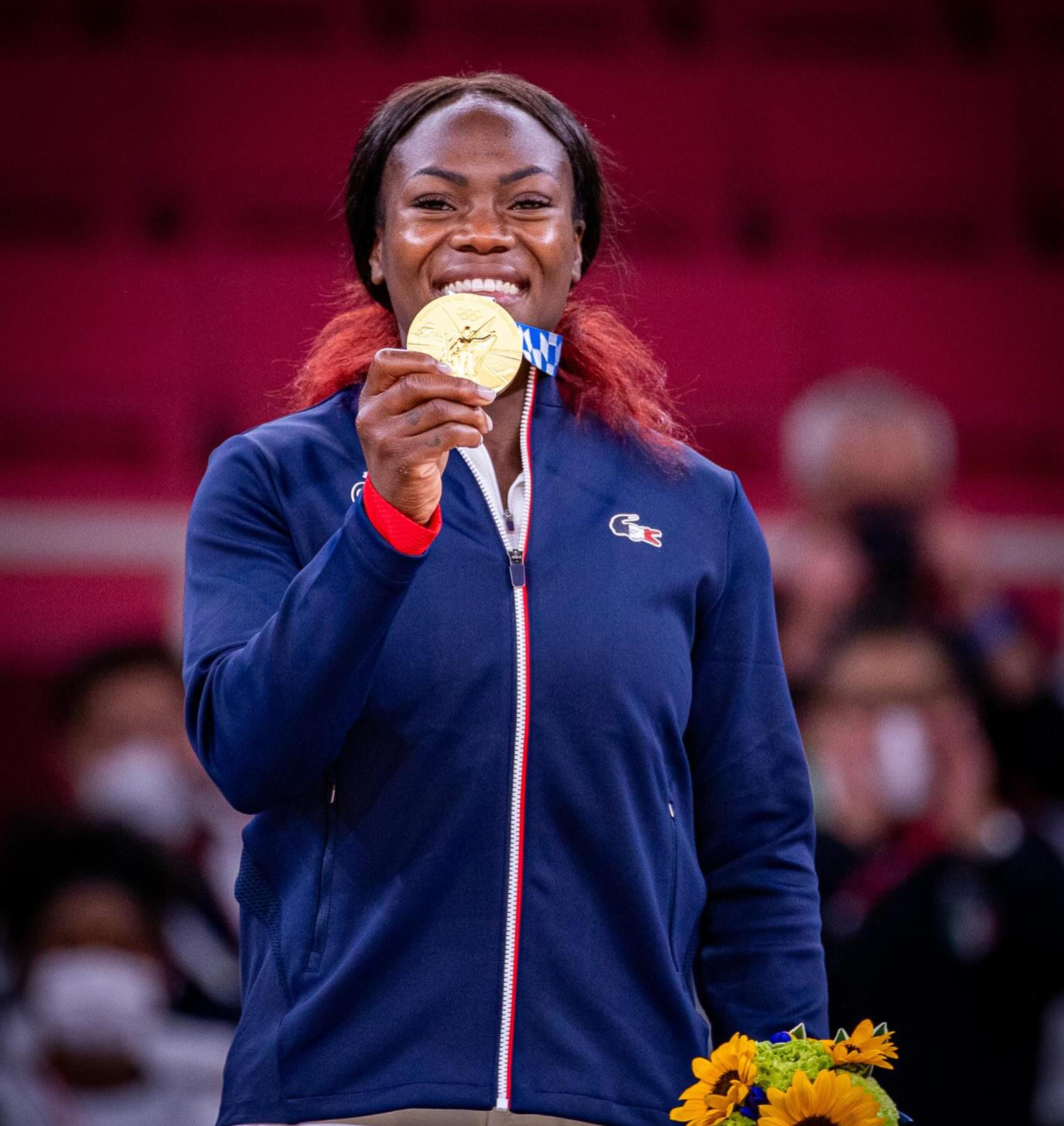



Intermittent fasting (IF) has rapidly gained popularity in recent years as both a health trend and a lifestyle choice. With its roots in ancient practices and recent backing from scientific studies, IF has become a widely embraced method for weight management, improved metabolic health, and enhanced mental clarity. This article delves into the rising trend of intermittent fasting, exploring its benefits, the results people are experiencing, and tips for successfully integrating it into your lifestyle.
IF is not about what you eat but rather when you eat. It involves cycling between periods of eating and fasting, which can range from a few hours to a full day or more. Unlike traditional diets that focus on calorie restriction, IF emphasizes time-restricted eating, allowing individuals to consume food during specific windows.
There are several popular methods of IF:
16:8 Method: This approach involves fasting for 16 hours and eating all meals within an 8-hour window. For example, you might eat between 12 p.m. and 8 p.m. and fast from 8 p.m. to 12 p.m. the next day.
5:2 Diet: This method allows normal eating for five days of the week, while restricting calorie intake to 500-600 calories on the other two non-consecutive days.
Eat-Stop-Eat: Involves fasting for a full 24 hours once or twice a week. For example, you might finish dinner at 7 p.m. and not eat again until 7 p.m. the next day.
Alternate-Day Fasting: This involves alternating between days of normal eating and days of either complete fasting or very low-calorie intake.
Warrior Diet: Involves eating small amounts of raw fruits and vegetables during the day and consuming one large meal at night, typically within a 4-hour window.
The concept of fasting is not new, it has been practiced for centuries, often for religious or cultural reasons. However, modern science has provided insights into why fasting can be beneficial for health. When you fast, several things happen at the cellular and molecular level:
• Insulin Levels: Fasting leads to lower insulin levels, which facilitates fat burning and reduces the risk of type 2 diabetes.
• Human Growth Hormone (HGH): Fasting increases levels of HGH, which aids in fat loss and muscle gain.
• Cellular Repair: Fasting triggers autophagy, a process where cells remove damaged components, potentially reducing the risk of chronic diseases.
• Gene Expression: Fasting positively influences genes and molecules related to longevity and protection against disease.
• Weight Loss and Fat Loss: The most common reason people try IF is for weight loss. By limiting the eating window, IF naturally reduces calorie intake. Additionally, the hormonal changes that occur during fasting promote fat loss. Several studies have shown that IF can be as effective, if not more, than traditional calorie-restricted diets.
• Improved Metabolic Health: IF has been shown to improve various metabolic markers, including insulin sensitivity, blood sugar levels, and cholesterol profiles. These changes reduce the risk of type 2 diabetes, heart disease, and other metabolic disorders.
• Enhanced Brain Function: Fasting increases brain-derived neurotrophic factor (BDNF), a protein that supports brain health and cognitive function. Some studies suggest that IF may protect against neurodegenerative diseases like Alzheimer’s.
• Longevity and Aging: Animal studies have shown that IF can extend lifespan. While human studies are ongoing, the potential for fasting to promote longevity is a promising area of research.
• Reduced Inflammation: Chronic inflammation is a key driver of many diseases. IF has been shown to reduce markers of inflammation, which can improve overall health and reduce the risk of inflammatory diseases.
• Better Heart Health: IF can improve various risk factors for heart disease, including blood pressure, cholesterol levels, and triglycerides.
• Improved Mental Clarity and Focus: Many people who practice IF report better concentration and mental clarity during fasting periods. This is likely due to the stable energy levels that fasting promotes, avoiding the blood sugar spikes and crashes associated with frequent eating.

The effectiveness of IF is not just supported by scientific research but also by countless anecdotal success stories. People from all walks of life have adopted this practice and reported improvements in their health and well-being.
• Weight Loss Journeys: Many individuals have successfully used IF to achieve their weight loss goals. Those who struggled with traditional diets found that this practice helped them shed pounds without the need to count calories or restrict food choices severely.
• Enhanced Athletic Performance: Athletes and fitness enthusiasts have also turned to IF to optimize their performance. Some have reported endurance, better muscle definition, and faster recovery times.
• Improved Mental Health: Beyond physical health, IF has positively impacted mental well-being. Some practitioners have reported reduced anxiety and depression, better stress management, and a sense of control and discipline.

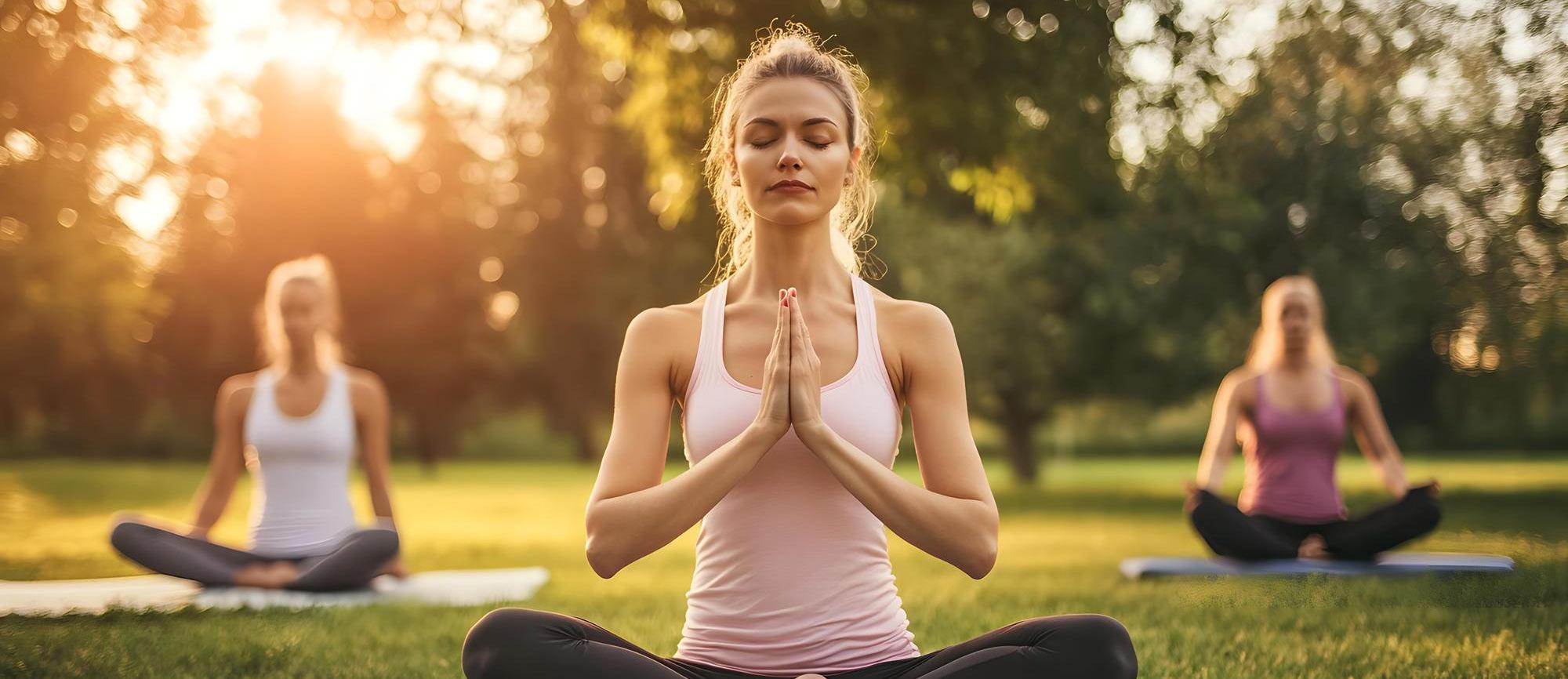
• Start Gradually: If you’re new to IF, it’s essential to ease into it. Begin with a shorter fasting window, such as 12 hours, and gradually increase it as your body adapts.
• Stay Hydrated: During fasting periods, it’s crucial to stay hydrated. Water, herbal teas, and black coffee are good options. Hydration helps manage hunger and keeps you feeling energized.
• Focus on Nutrient-Dense Foods: While IF doesn’t dictate what you eat, it’s essential to focus on nutrient-dense foods during your eating window. A diet rich in fruits, vegetables, lean proteins, healthy fats, and whole grains will provide the necessary nutrients and keep you satisfied.
• Listen to Your Body: Pay attention to how your body responds to fasting. If you feel weak, dizzy, or excessively fatigued, it may be necessary to adjust your fasting schedule or consult a healthcare professional.
• Maintain a Consistent Schedule: Consistency is key with IF. Try to stick to the same eating and fasting windows each day to help your body establish a routine.
• Be Patient: Results from IF may take time, so patience is essential. Some people notice changes within a few weeks, while others may take longer. Focus on the overall benefits to your health rather than just shortterm results.
• Incorporate Exercise: Combining IF with regular physical activity can enhance your results. However, listen to your body and adjust your workouts as needed, especially if you’re fasting for longer periods.
• Consider Your Lifestyle: Choose an IF method that fits your lifestyle and daily schedule. If your mornings are hectic, a 16/8 method that starts eating later in the day might be ideal.
• Monitor Your Progress: Keep track of how you feel, your energy levels, and any changes in your body. Monitoring your progress can help you make informed decisions about your fasting routine.
• Seek Support: Joining a community or finding a fasting buddy can provide motivation and support. Sharing experiences and tips with others who are also practicing intermittent fasting can be encouraging.
Despite its growing popularity, intermittent fasting is not without its skeptics and concerns. It’s essential to address these to ensure a safe and effective fasting experience.
• Hunger and Cravings: Many beginners worry about dealing with hunger during fasting periods. While it’s normal to feel hungry initially, your body typically adjusts after a few days. Drinking water and staying busy can help manage these feelings.
• Muscle Loss: Some people fear that fasting will lead to muscle loss. However, studies suggest that IF, when combined with resistance training and adequate protein intake, can help preserve muscle mass while promoting fat loss.
• Impact on Women: Women’s bodies can respond differently to fasting due to hormonal fluctuations. Some women may experience changes in menstrual cycles or increased sensitivity to stress. It’s essential for women to listen to their bodies and consult a healthcare professional if any issues arise.
• Social Challenges: Fasting can sometimes interfere with social events or meals with family and friends. Planning ahead and being flexible with your fasting schedule can help you navigate these situations without feeling left out.
• Long-Term Sustainability: IF is not a quick fix but a long-term lifestyle choice. It’s important to adopt a fasting routine that you can maintain over time, without feeling deprived or overly restricted.
Beyond physical health, IF has deep spiritual roots. Many religious practices include fasting as a way to purify the body, mind, and spirit. Whether for Ramadan, Lent, or other religious observances, fasting has been used to foster a sense of discipline, gratitude, and connection to a higher power.
For some, IF can offer a modern way to reconnect with these spiritual traditions. The act of fasting can become a form of mindfulness, encouraging a deeper awareness of the body’s signals and a greater appreciation for food.



Cryptocurrency: Beyond the Hype, Towards a New Financial Frontier
There was a time when Bitcoin was just a digital curiosity, whispered about in niche tech forums and dismissed as a passing trend. But those days are long gone. Cryptocurrency has evolved from a digital eccentric into a major force reshaping the global financial landscape. What began as a unconventional technology is now at the forefront of financial innovation, with a diverse array of digital assets transforming how we think about money and transactions.
Understanding Cryptocurrency
At its core, cryptocurrency is digital money that operates without the need for traditional banks or government oversight. It functions on decentralized networks, where transactions are verified and recorded on a public ledger known as blockchain technology. Imagine a giant, shared ledger that everyone can access, where every transaction is permanently recorded and nearly impossible to alter. This decentralized and transparent system is fundamental to the security and integrity of cryptocurrencies.
Bitcoin, the pioneering cryptocurrency, is just one part of a vast digital ecosystem. Thousands of other cryptocurrencies have emerged, each with unique features and purposes. Ethereum, for example, serves not only as a digital currency but also as a platform for decentralized applications (dApps). These applications operate on a secure and transparent network, enabling developers to build and deploy new technologies in a decentralized manner.
Among the diverse range of cryptocurrencies, stablecoins play a crucial role by offering stability in an otherwise volatile market. Unlike other cryptocurrencies whose values can fluctuate wildly, stablecoins are fastened to traditional assets like the US dollar. This pegging helps maintain their value, making them a practical choice for users seeking stability and predictability in their transactions.
Meme coins, a recent phenomenon in the cryptocurrency world, add another layer of complexity. Often created as a joke or driven by internet trends, these coins can experience dramatic swings in value based on social media buzz and speculative trading. While they offer high-risk, high-reward opportunities, they also highlight the speculative and often unpredictable nature of the cryptocurrency market.
Cryptocurrency has the potential to disrupt traditional financial systems significantly. Decentralized finance (DeFi) is a prime example of this potential. DeFi encompasses a range of financial services built on blockchain technology, such as lending, borrowing, and trading, without the need for traditional intermediaries. This approach promises a more transparent and efficient financial system, giving users greater control over their assets.
Despite its potential, the cryptocurrency world is not without challenges.


The market remains largely unregulated, which opens the door to fraud and scams. The volatility of cryptocurrency prices can be daunting for investors, and the environmental impact of cryptocurrency mining—especially for assets requiring substantial computational power—is a growing concern. Addressing these issues is crucial for the long-term sustainability and stability of the cryptocurrency market.
The landscape of cryptocurrency is rapidly evolving. Governments around the world are beginning to recognize the potential of digital currencies and are working on regulatory frameworks to create a safer and more transparent environment for investors. This shift aims to mitigate risks while fostering innovation. Major financial institutions are also embracing cryptocurrencies, investing in blockchain technology, and developing new products and services related to digital assets. This institutional involvement signals a maturing market with significant future potential.
For those interested in exploring cryptocurrency, it’s important to approach it with informed caution. Start by learning the basics of blockchain technology and the various types of cryptocurrencies available. Familiarize yourself with the terminology and consider your financial goals and risk tolerance before making any investment decisions. Seek advice from reputable sources and experts to guide your understanding and help you navigate this complex field.
The evolution of cryptocurrency from a niche interest to a transformative force in global finance has been swift and profound. It challenges traditional notions of money and financial transactions, pushing us to rethink how we manage and perceive value. As the cryptocurrency landscape continues to evolve, maintaining a balanced perspective—one that blends curiosity with caution—is essential. The future of finance may well be shaped by this innovative technology, making it a frontier worth exploring.




